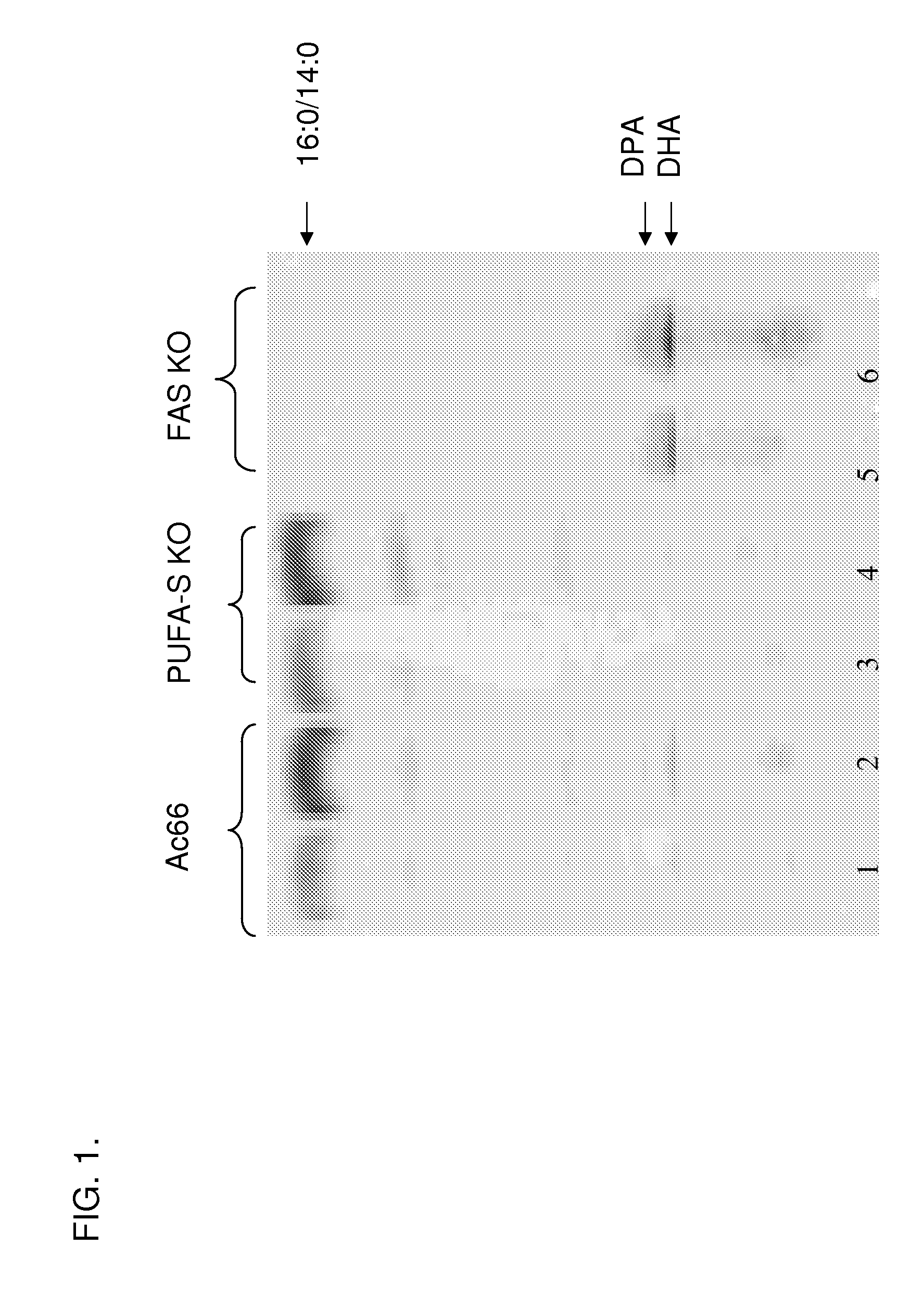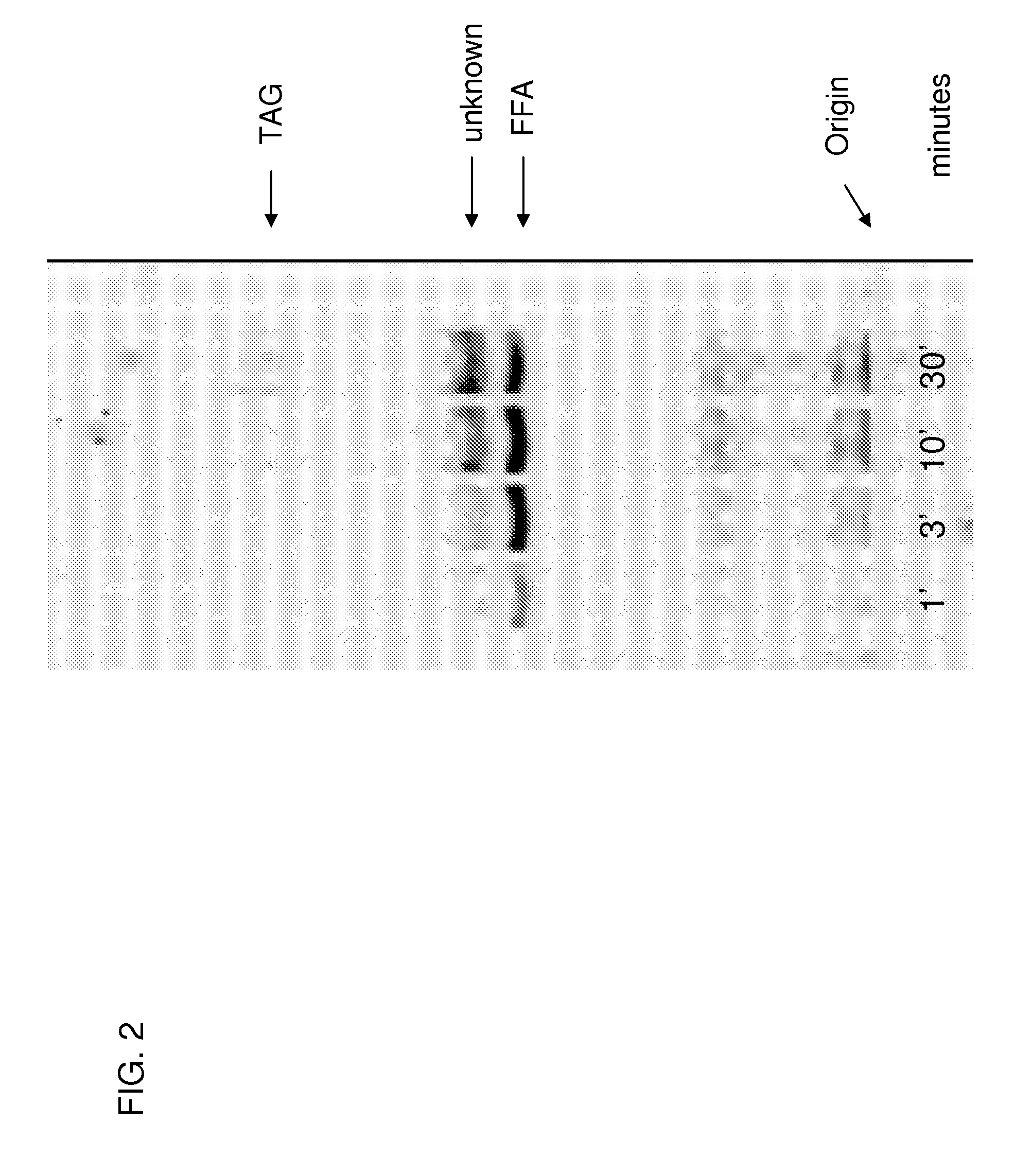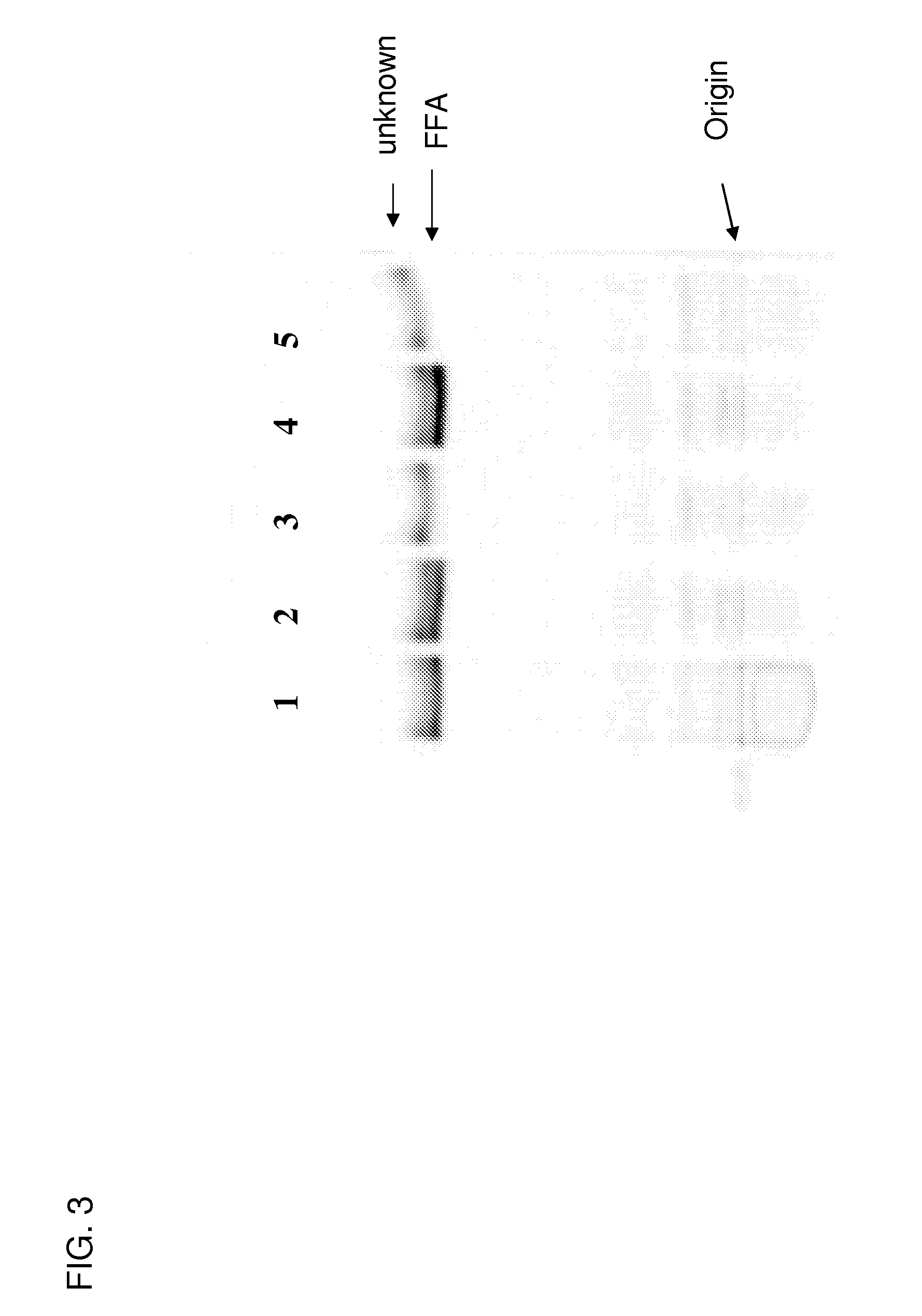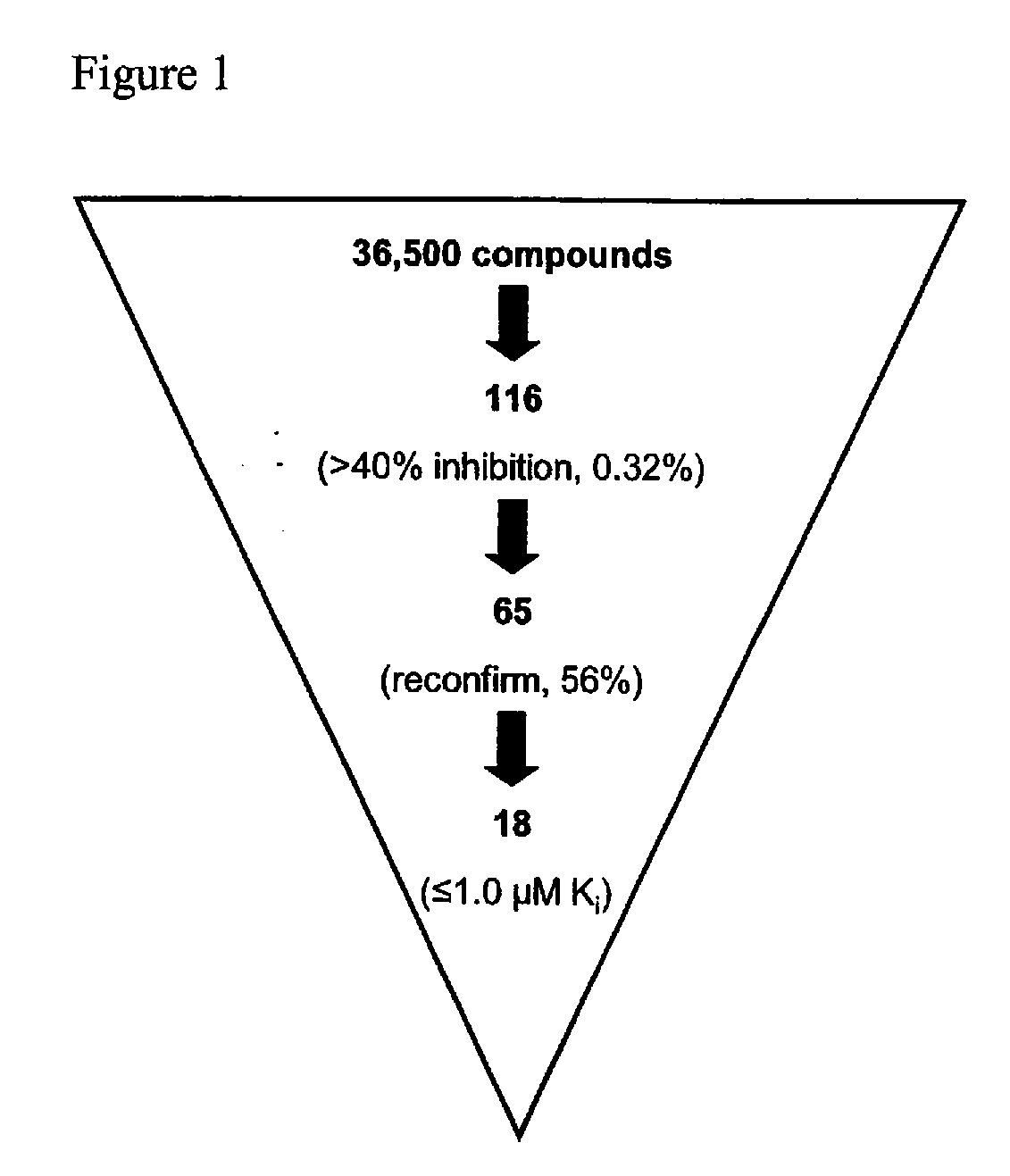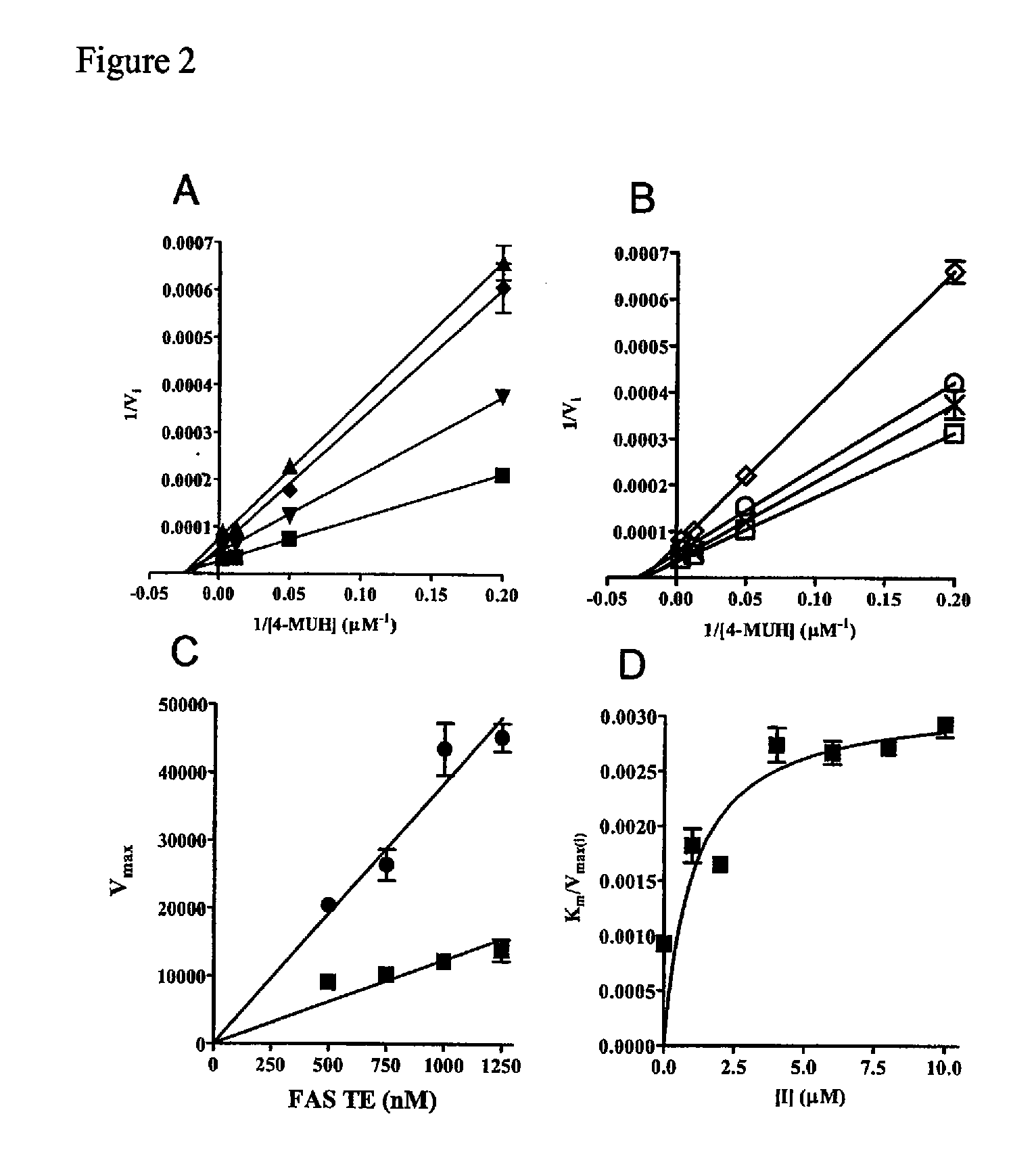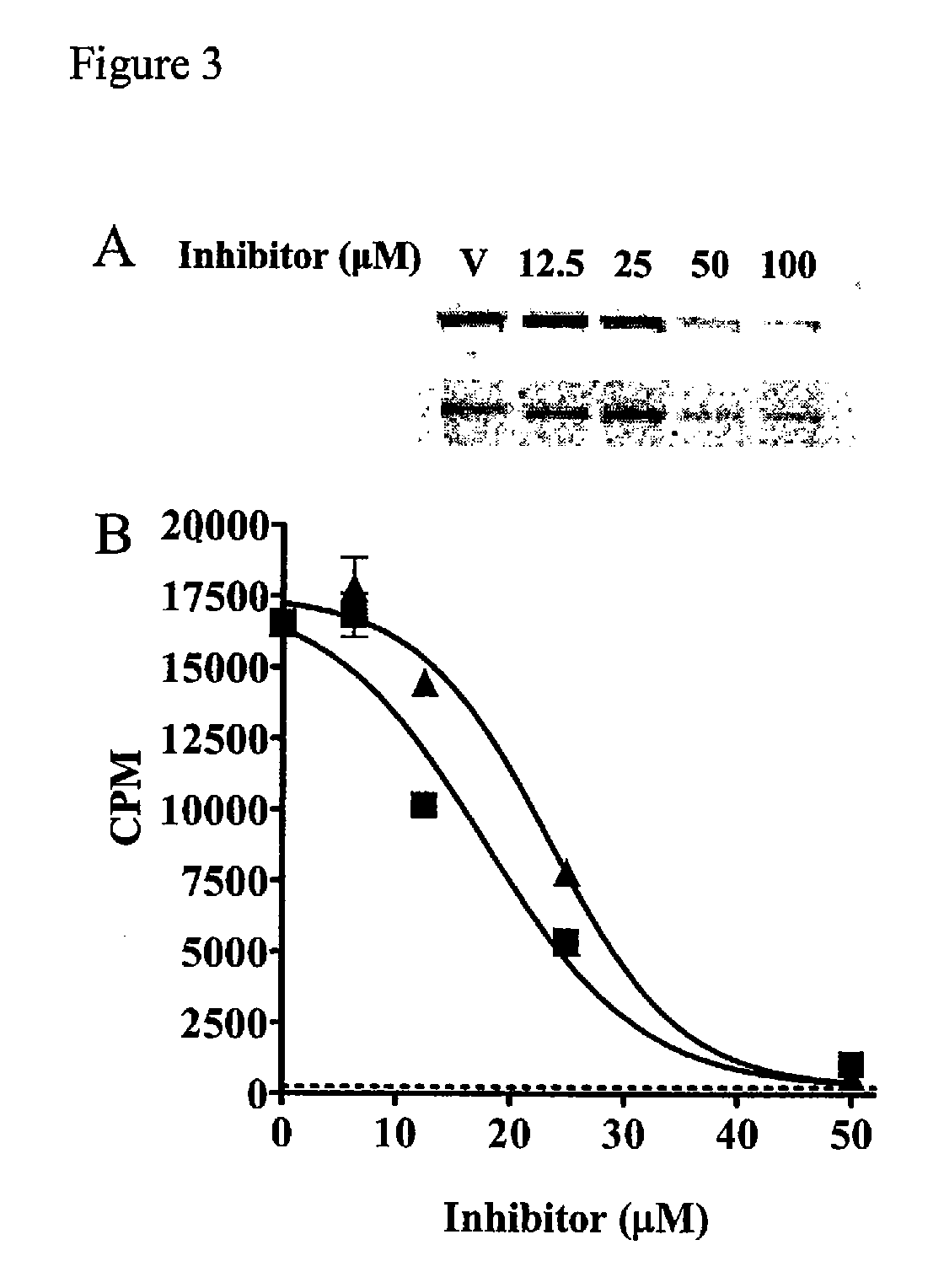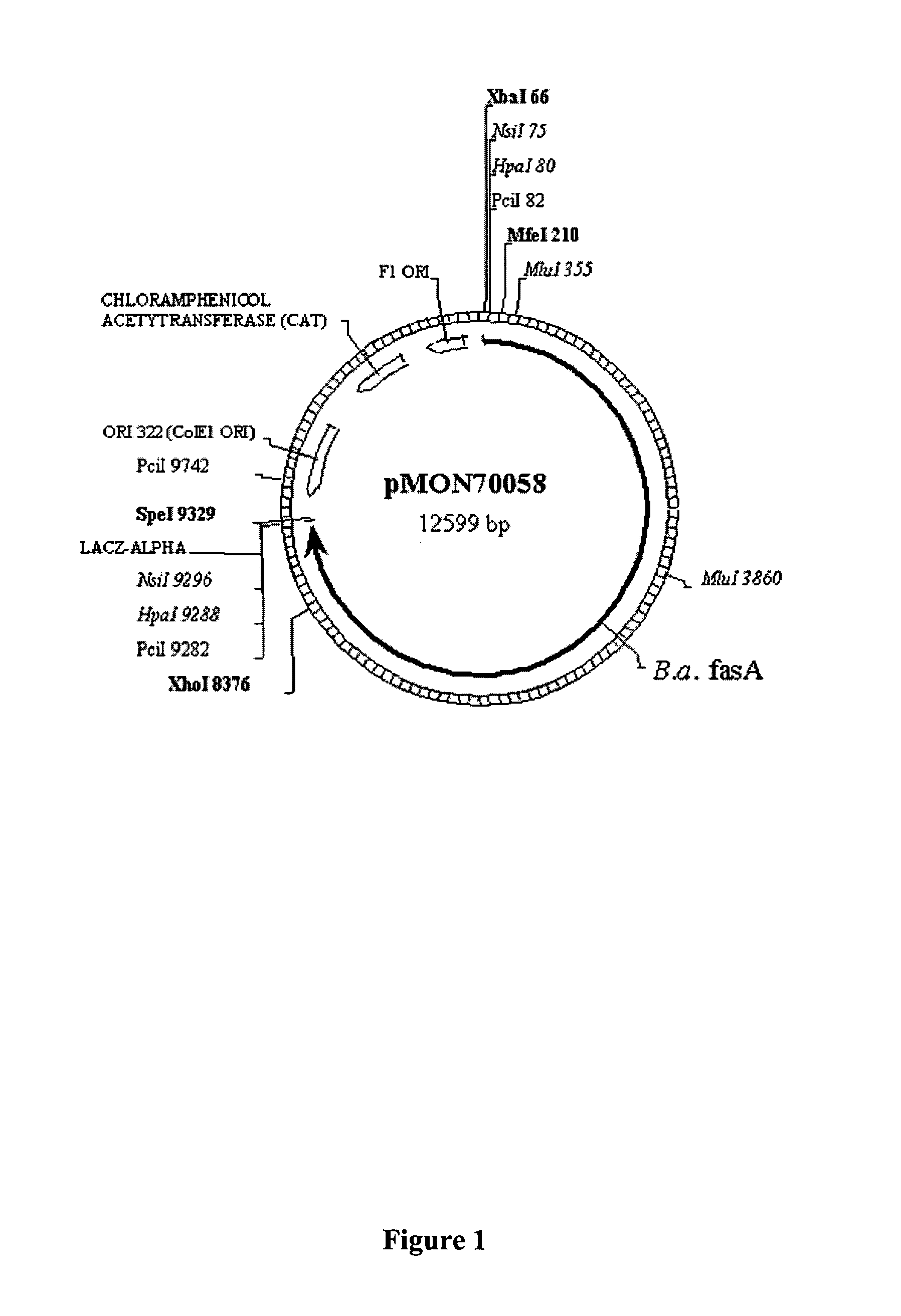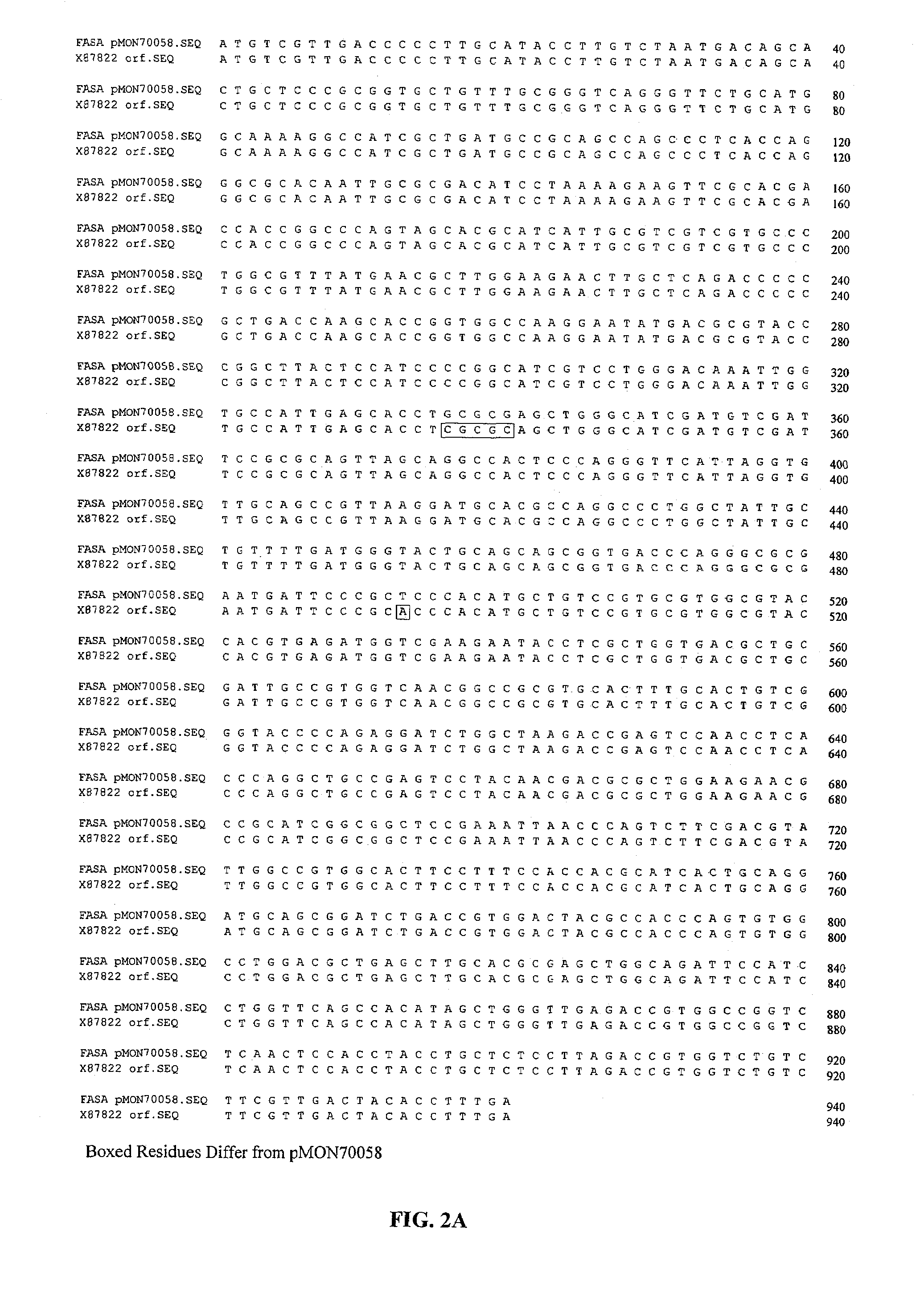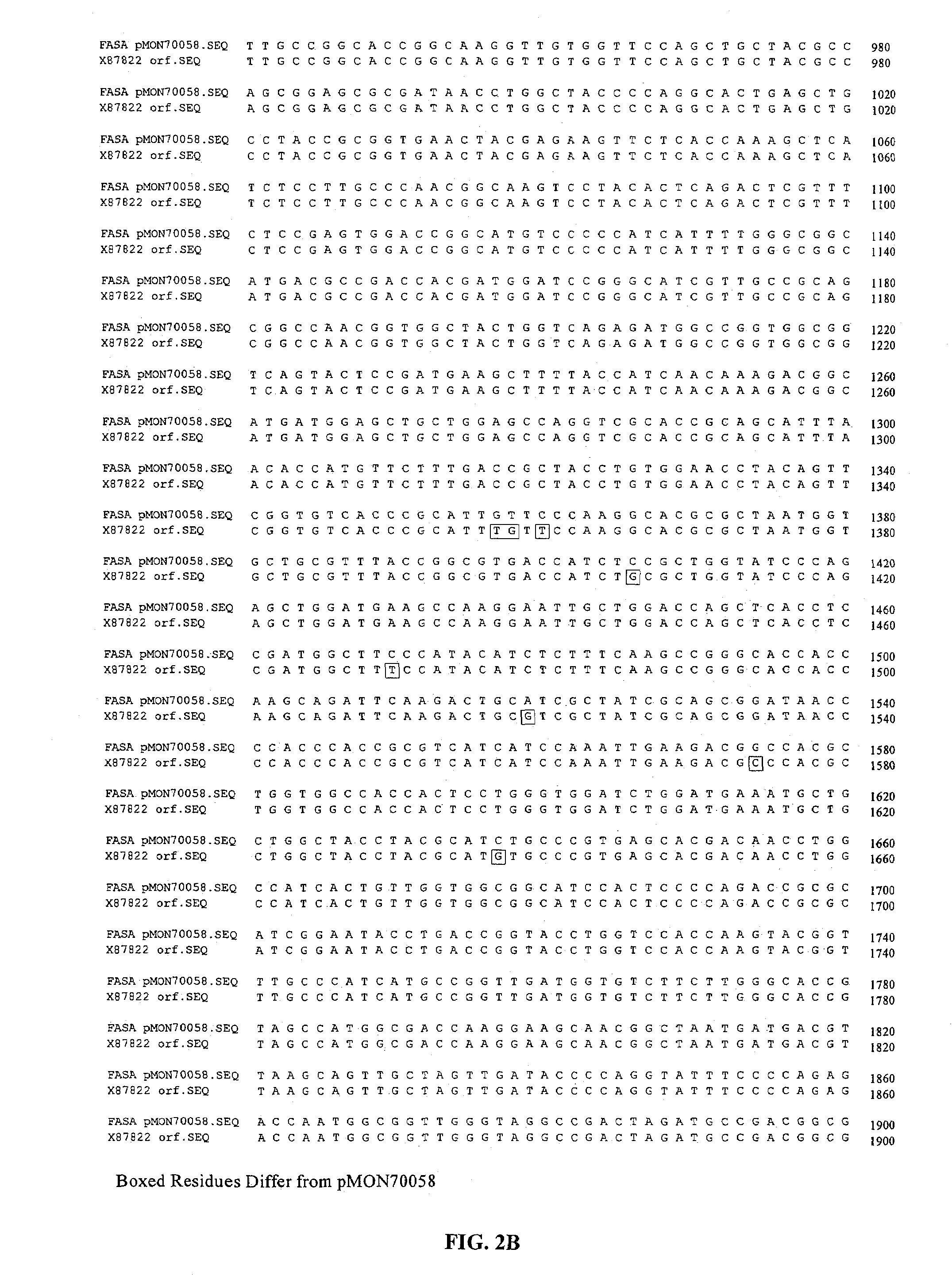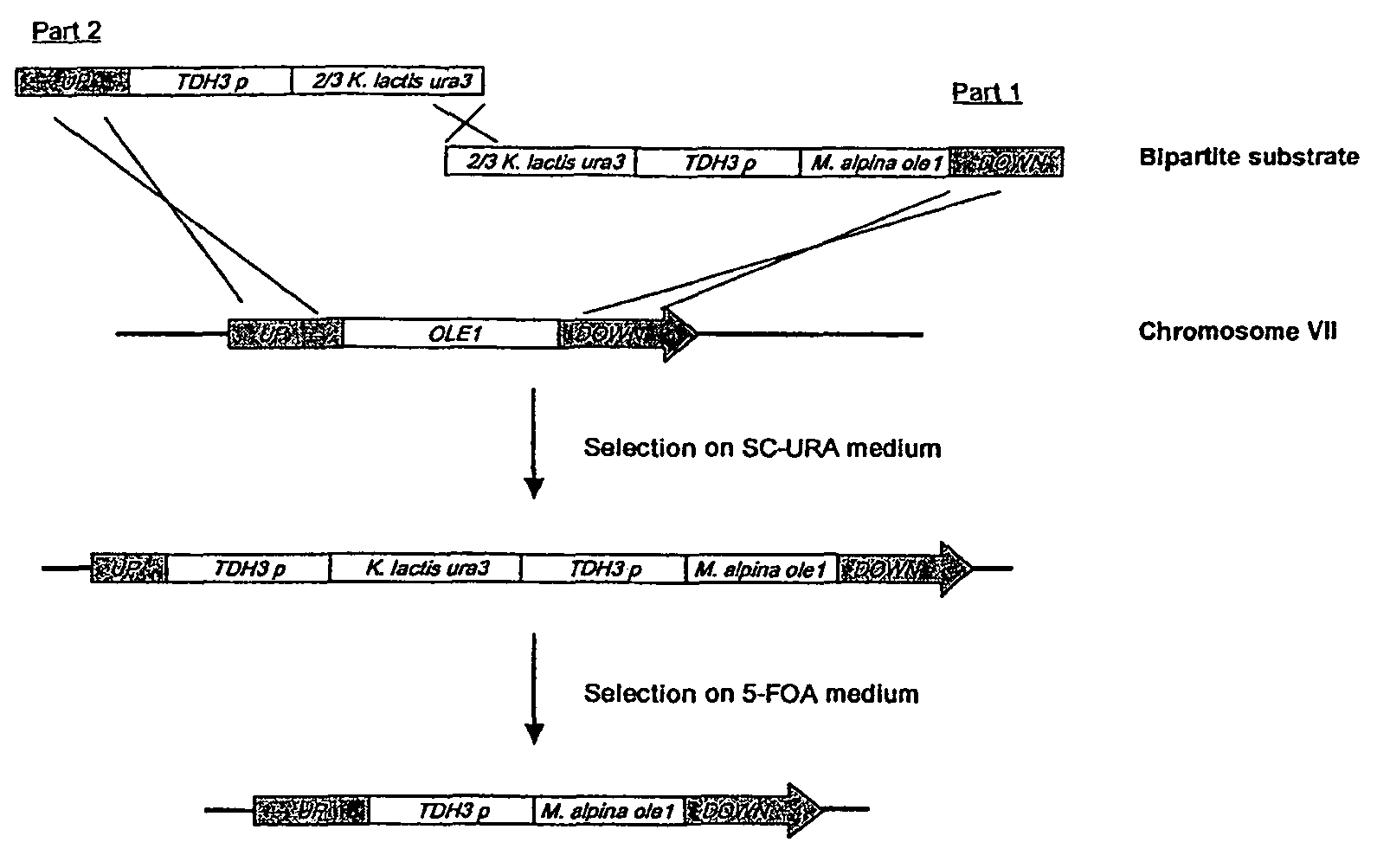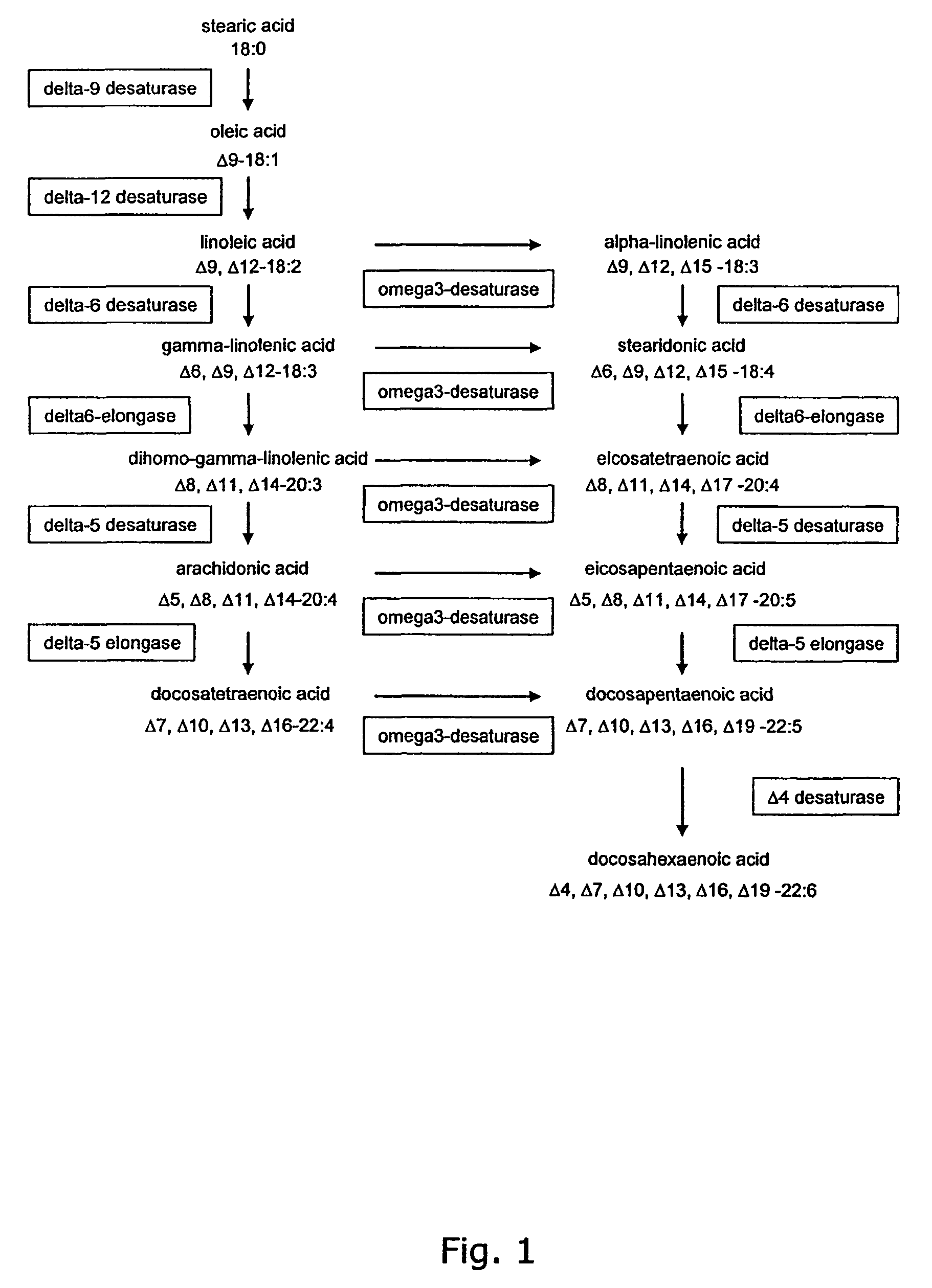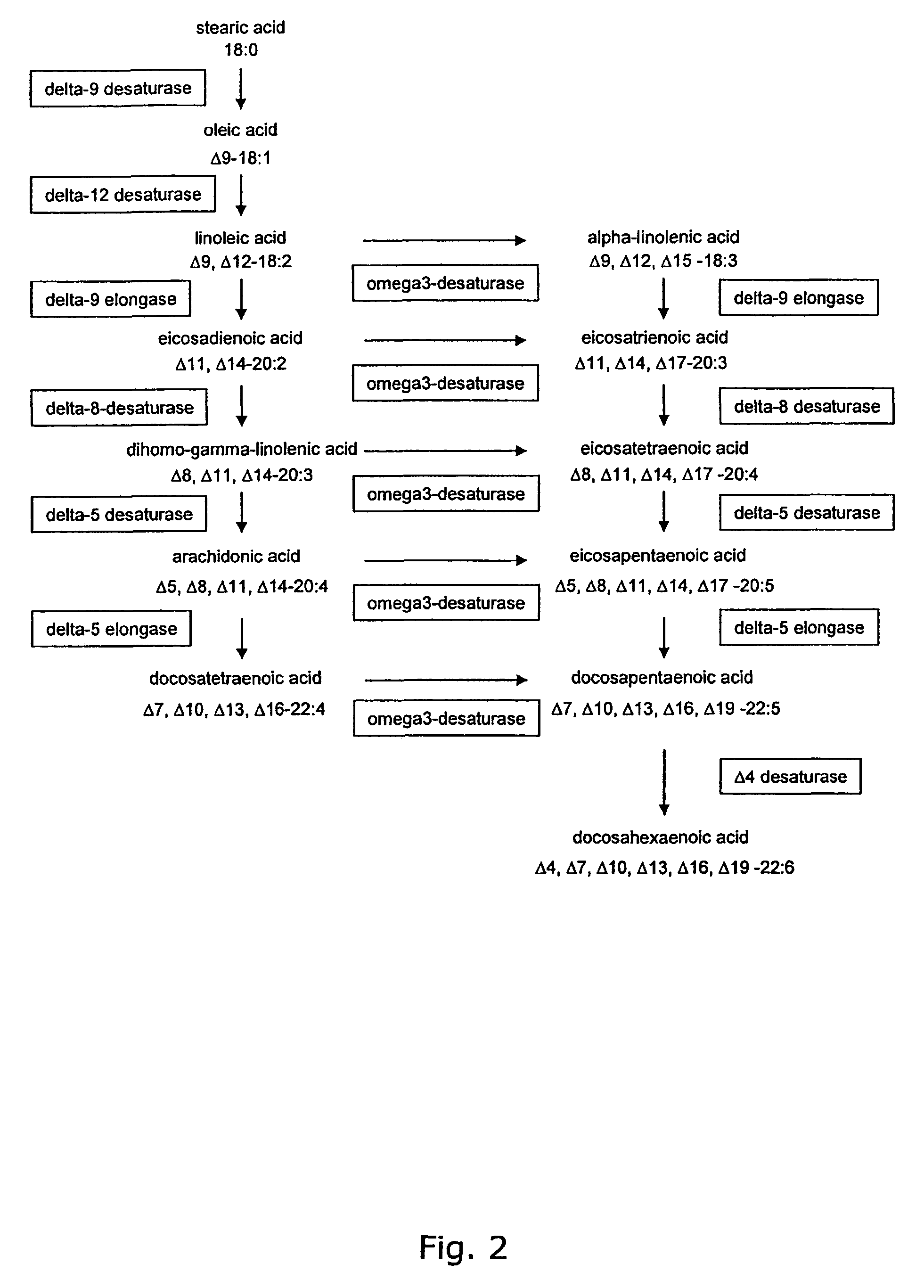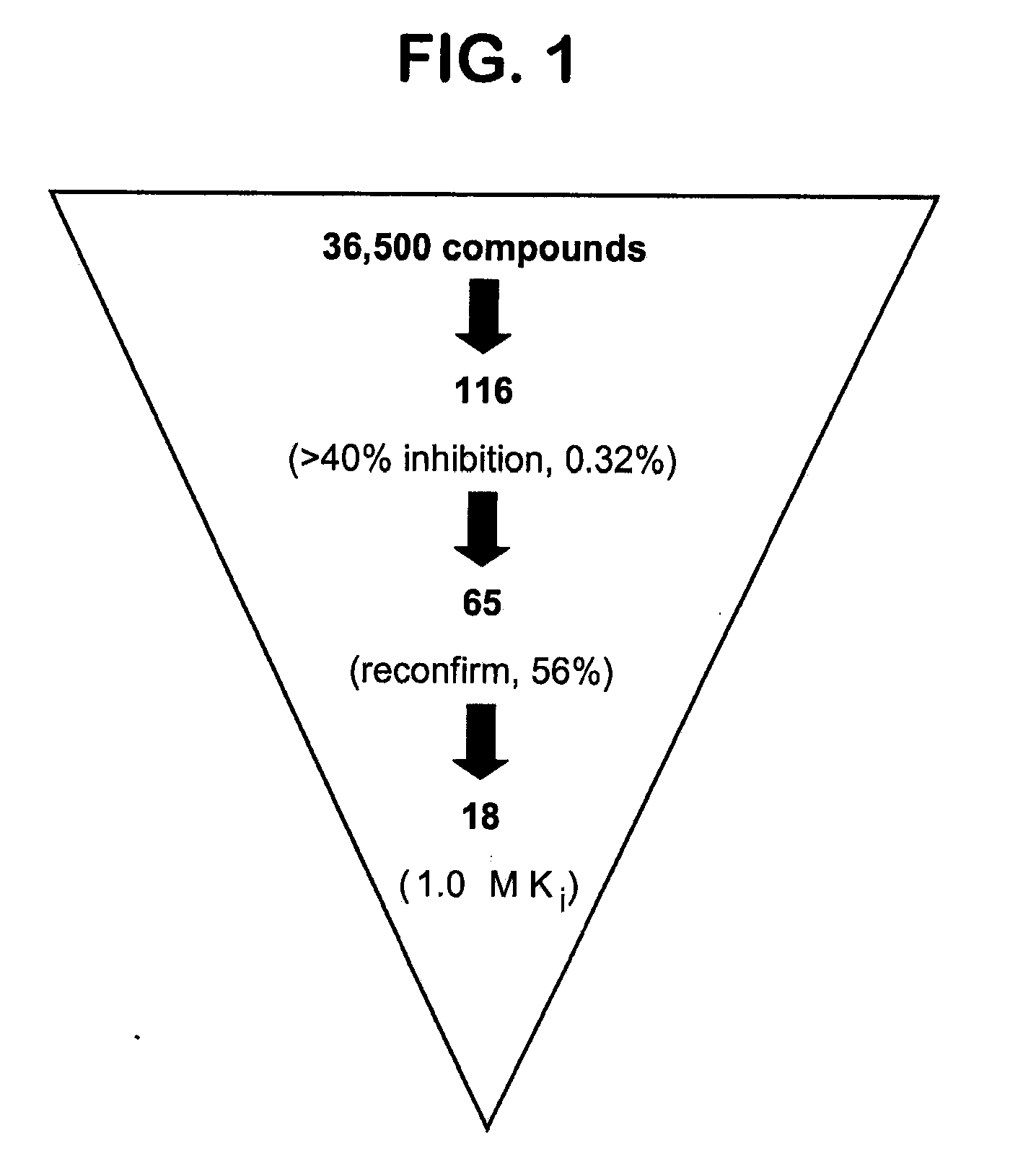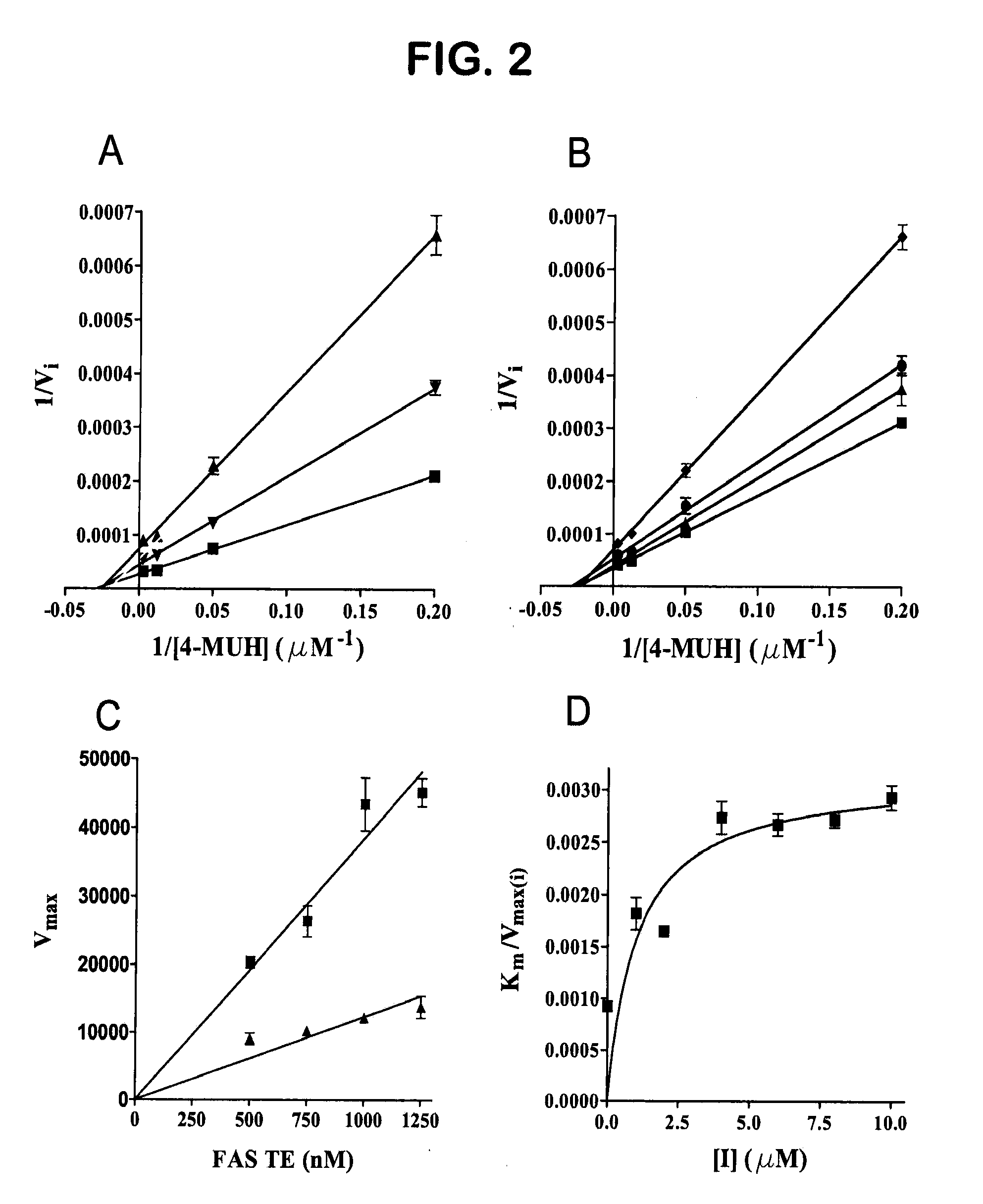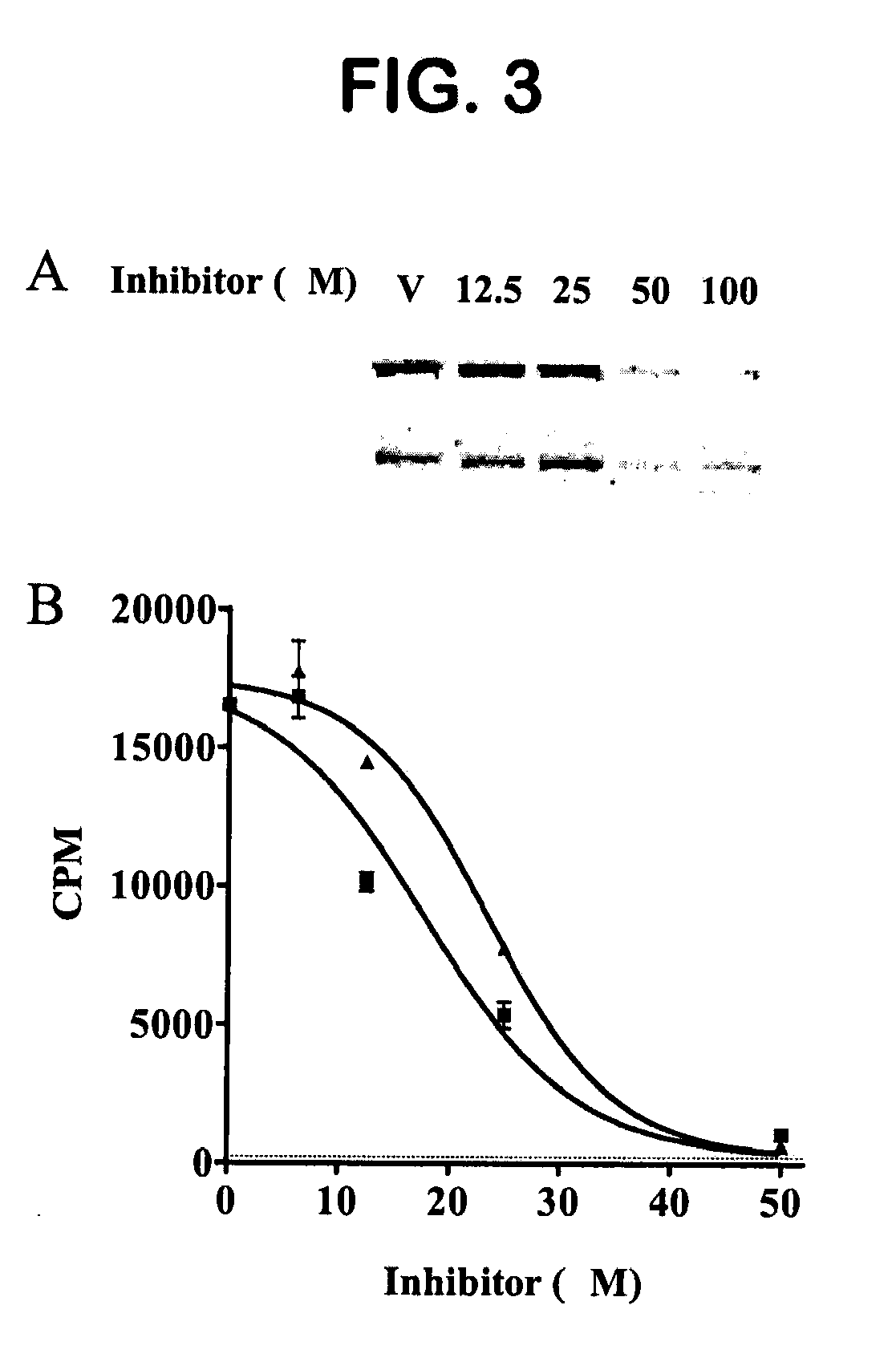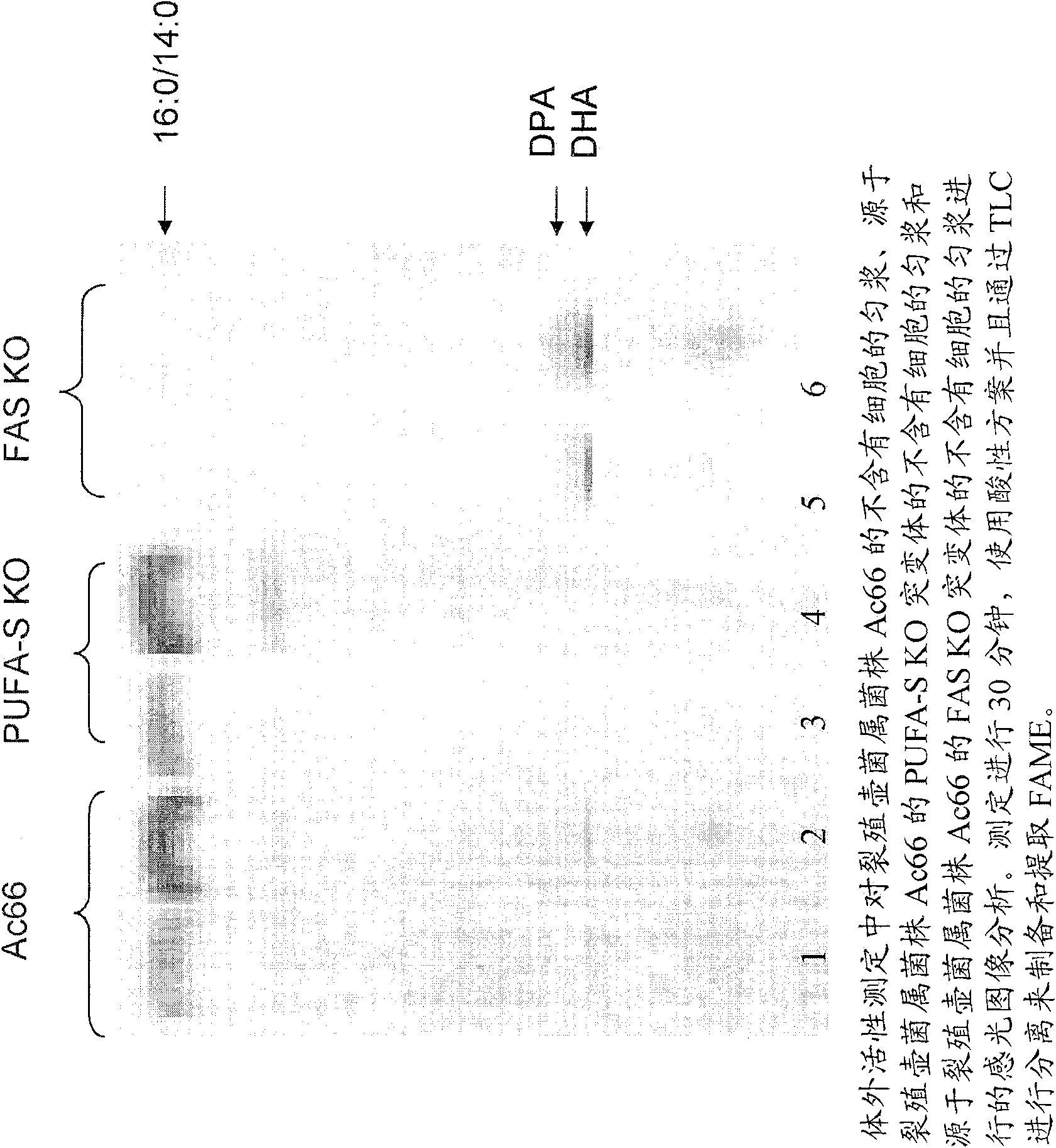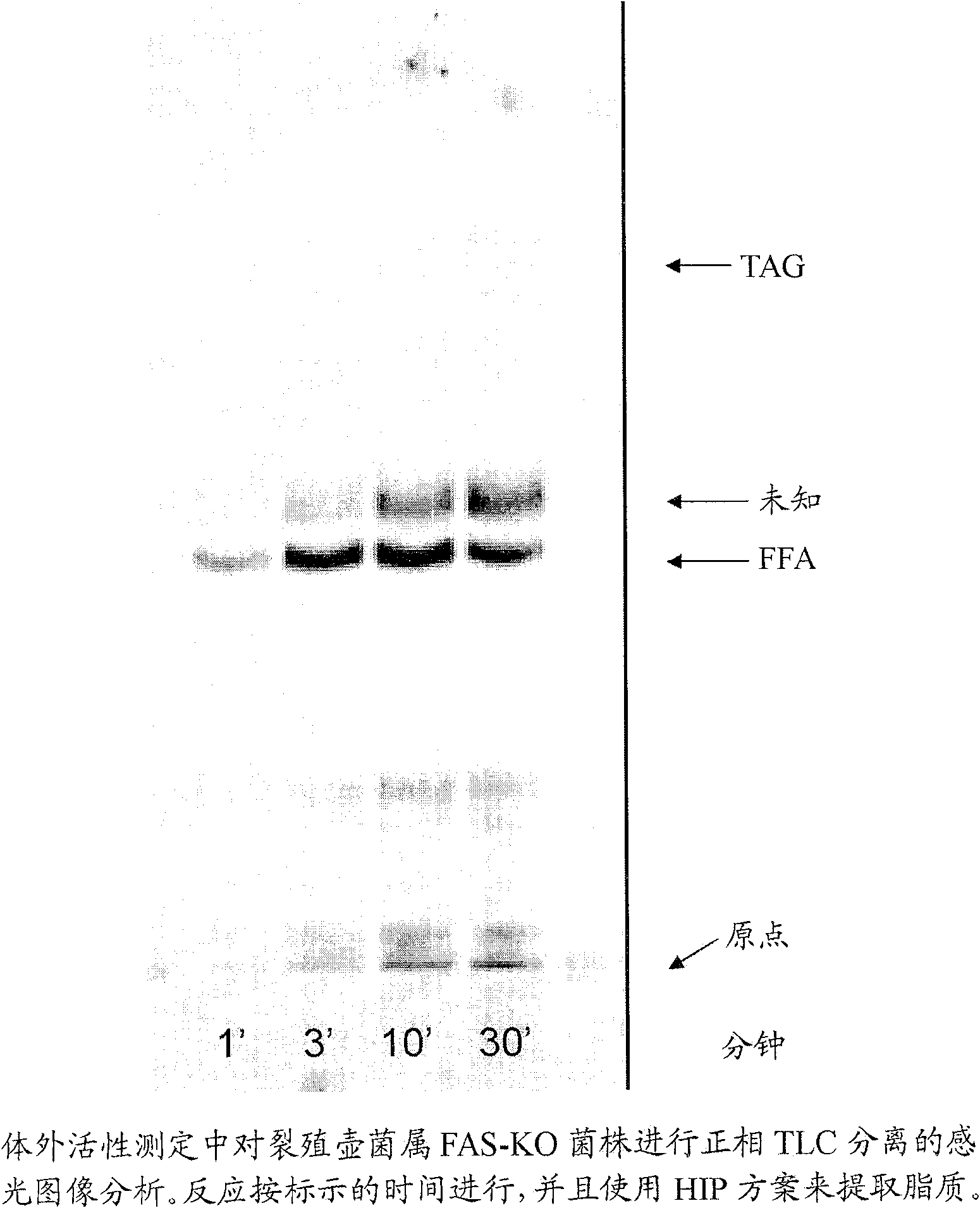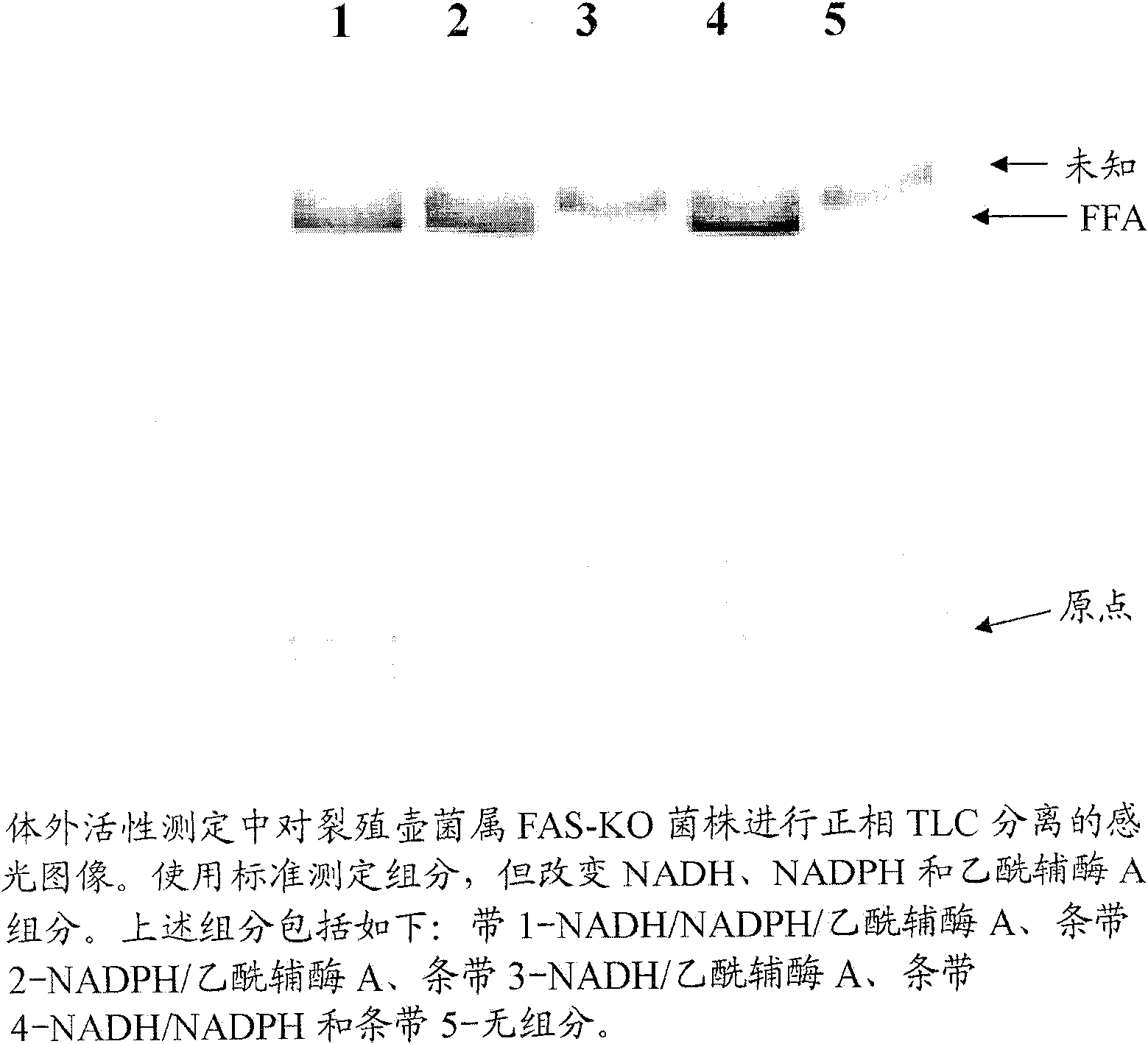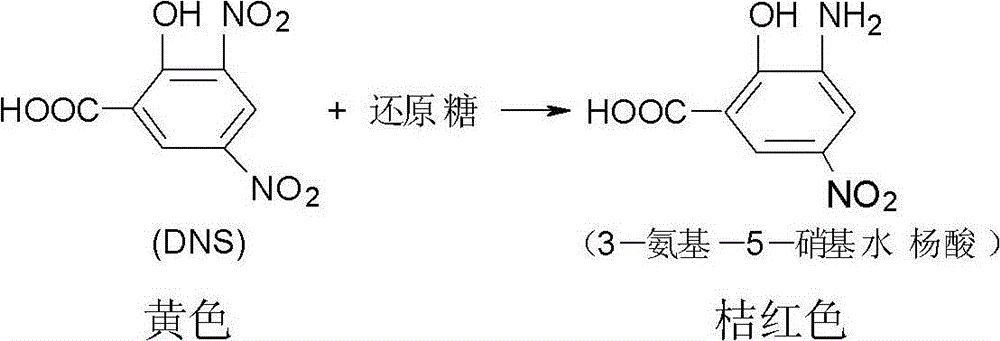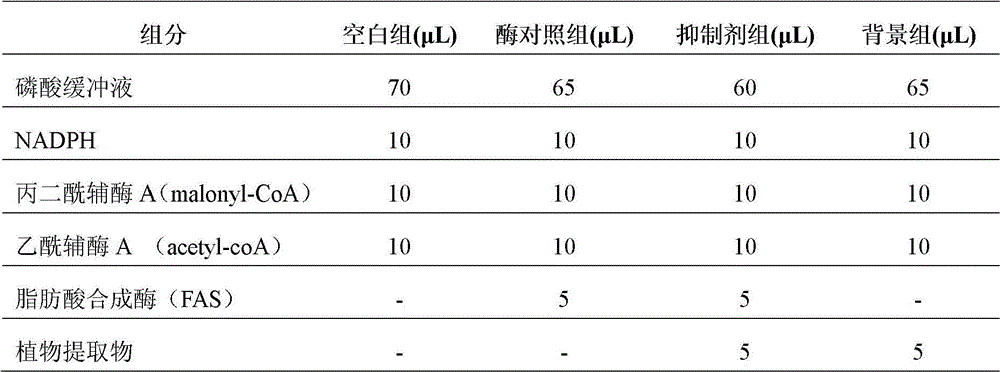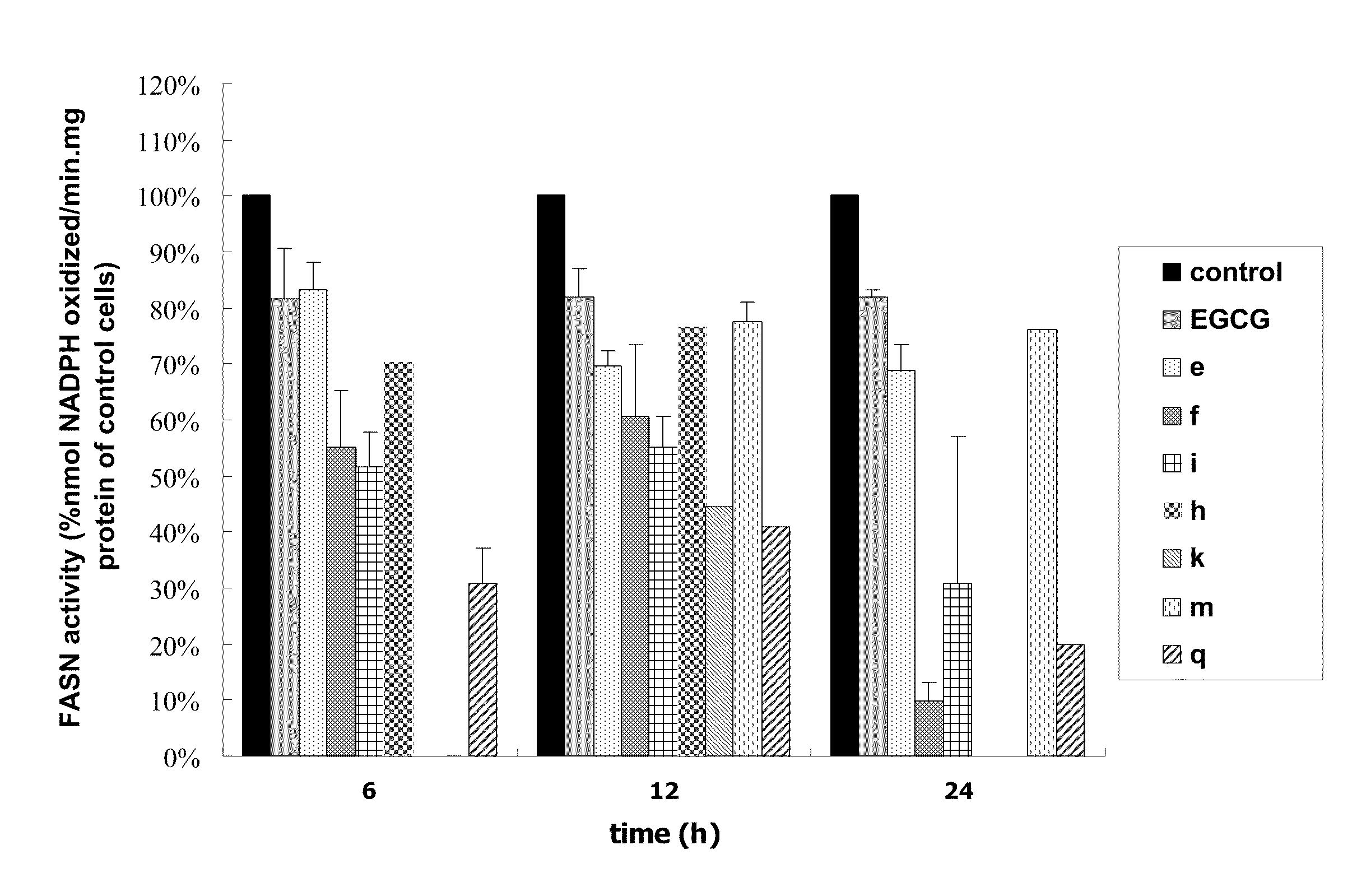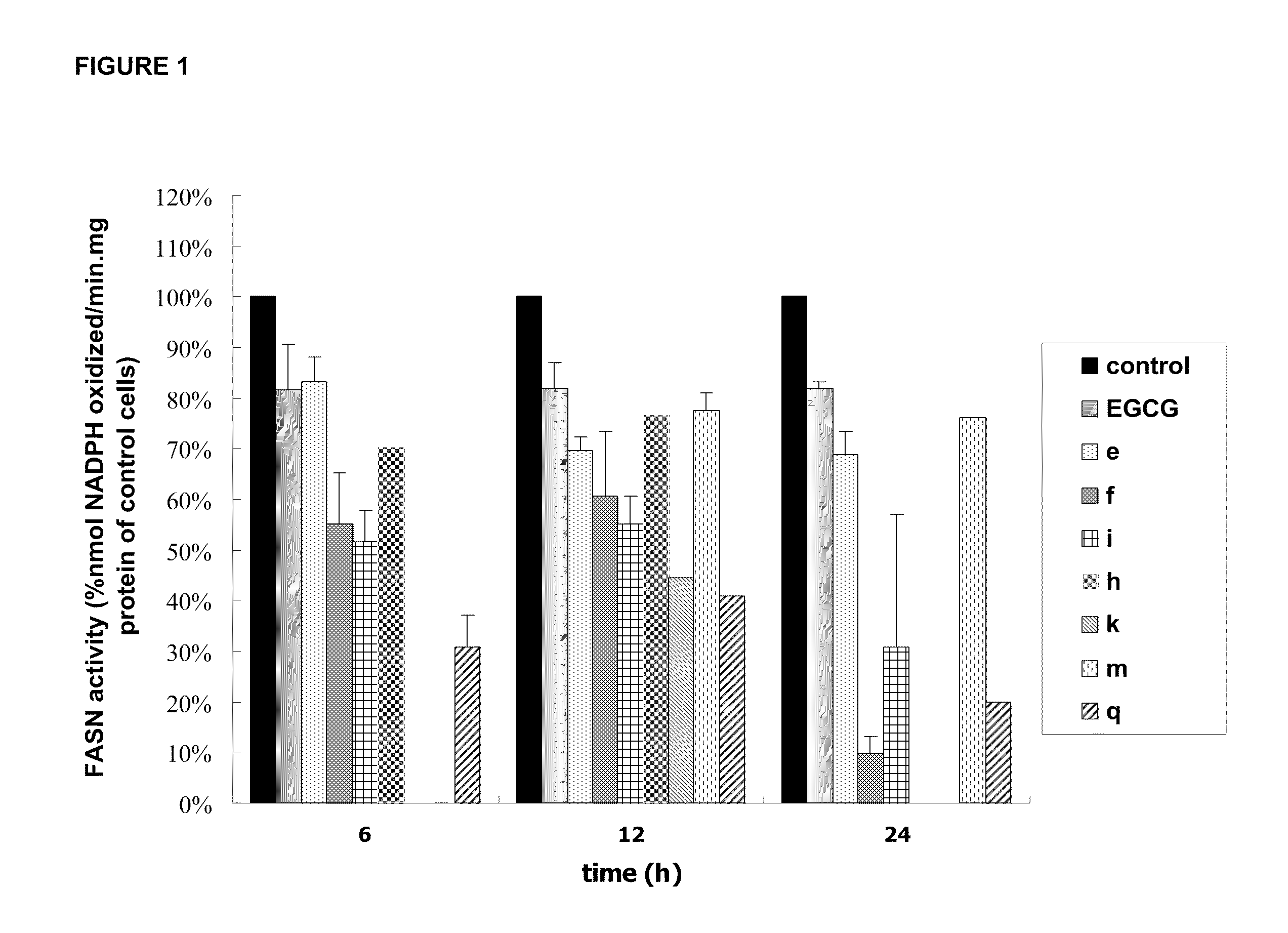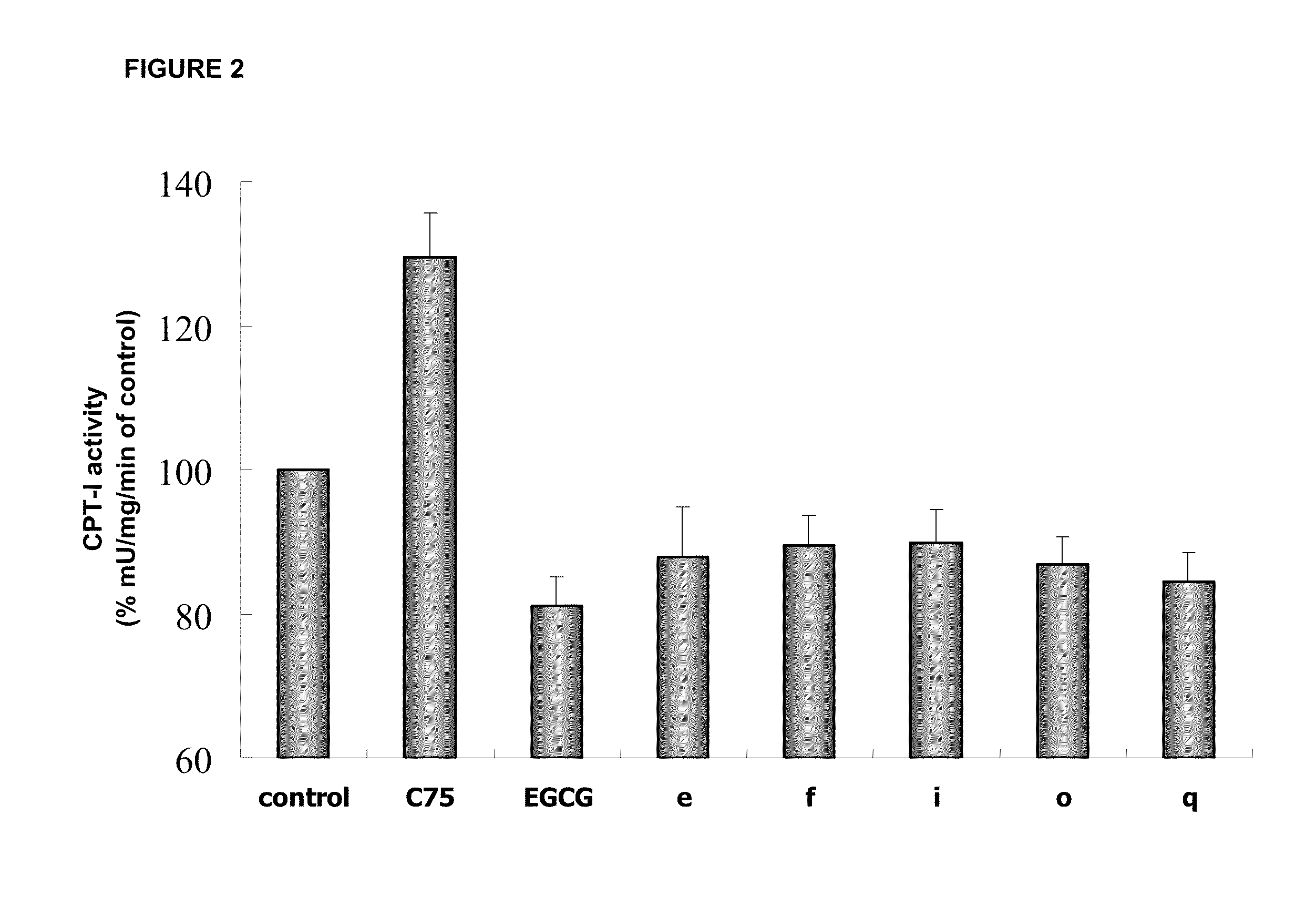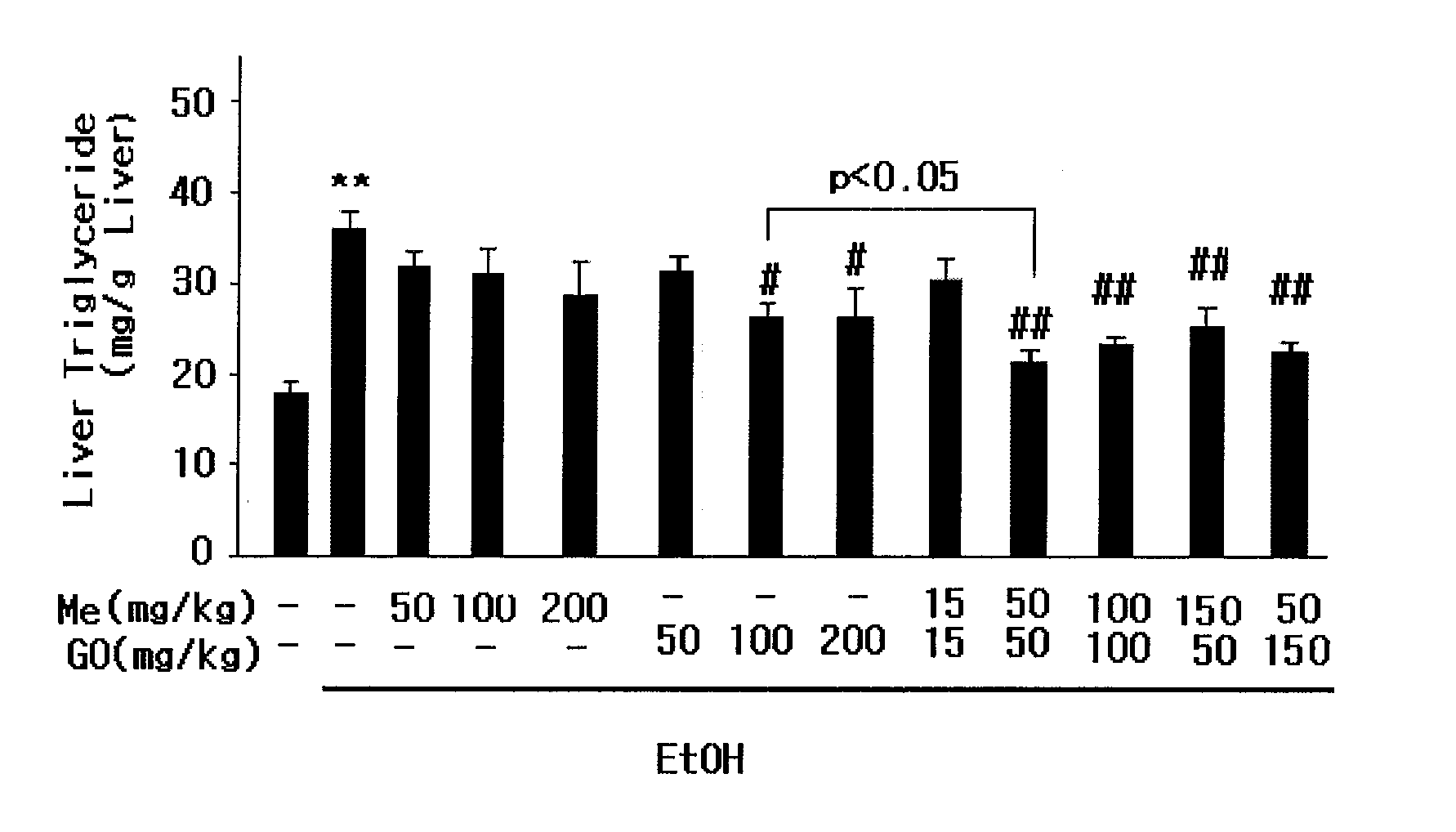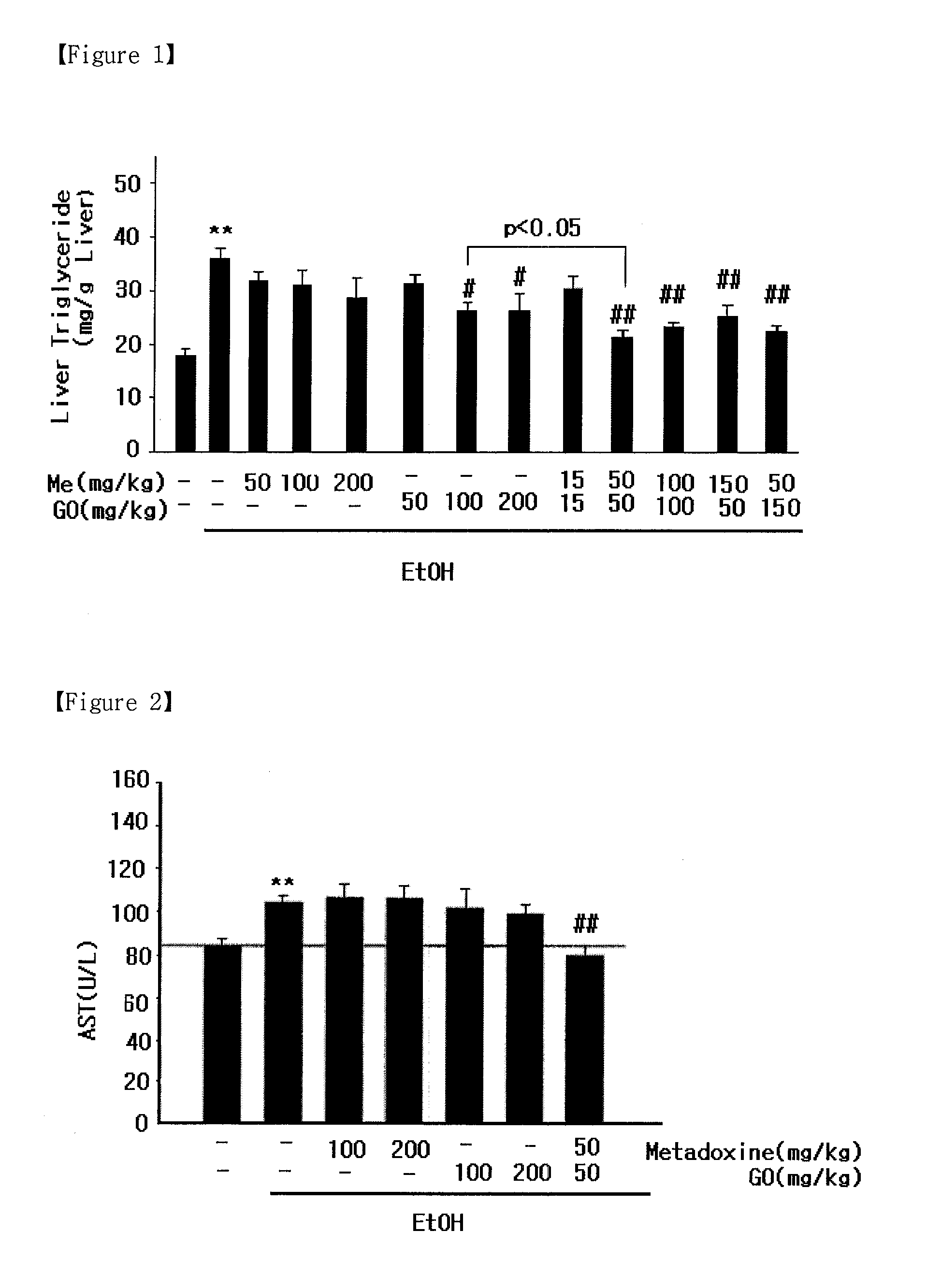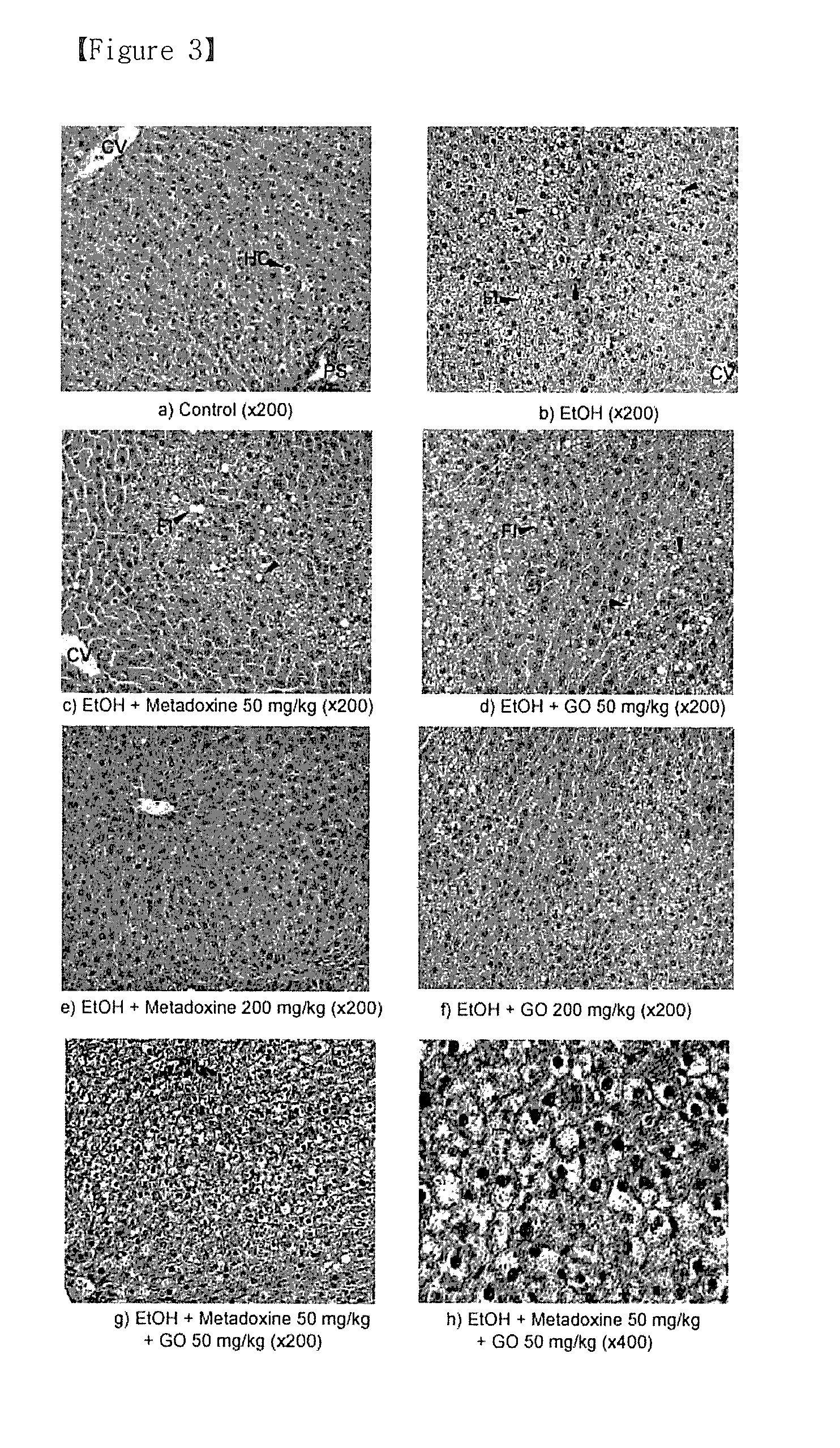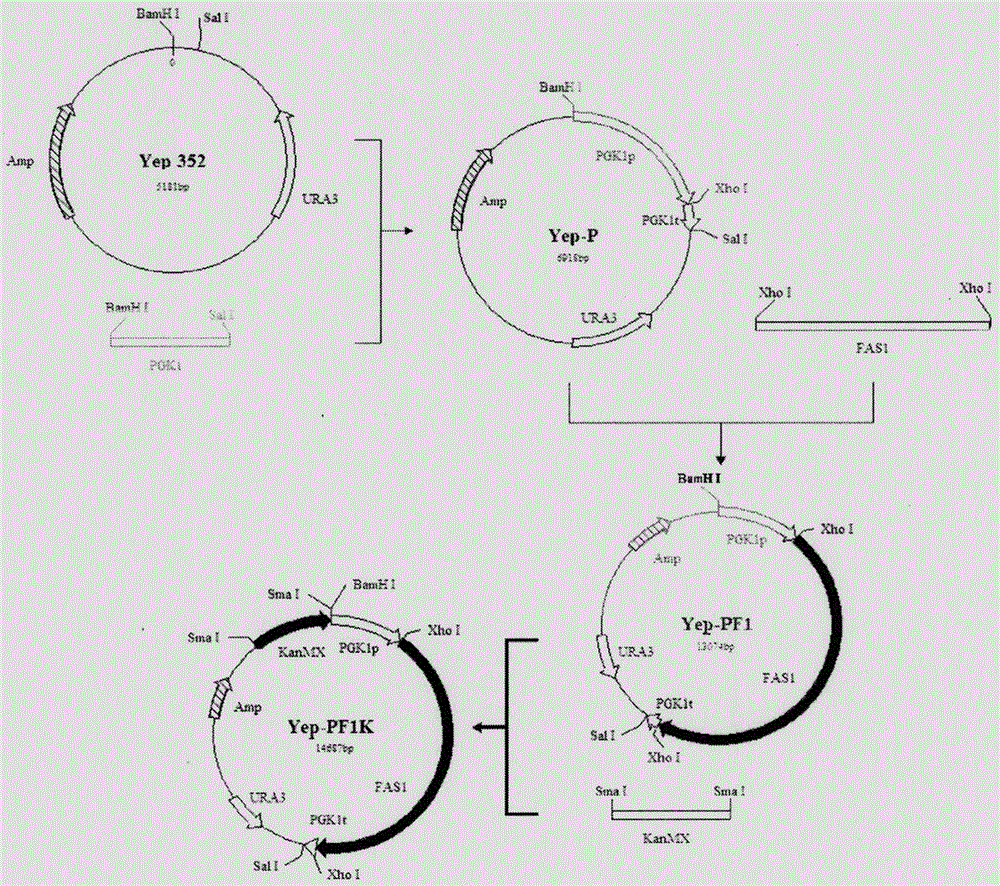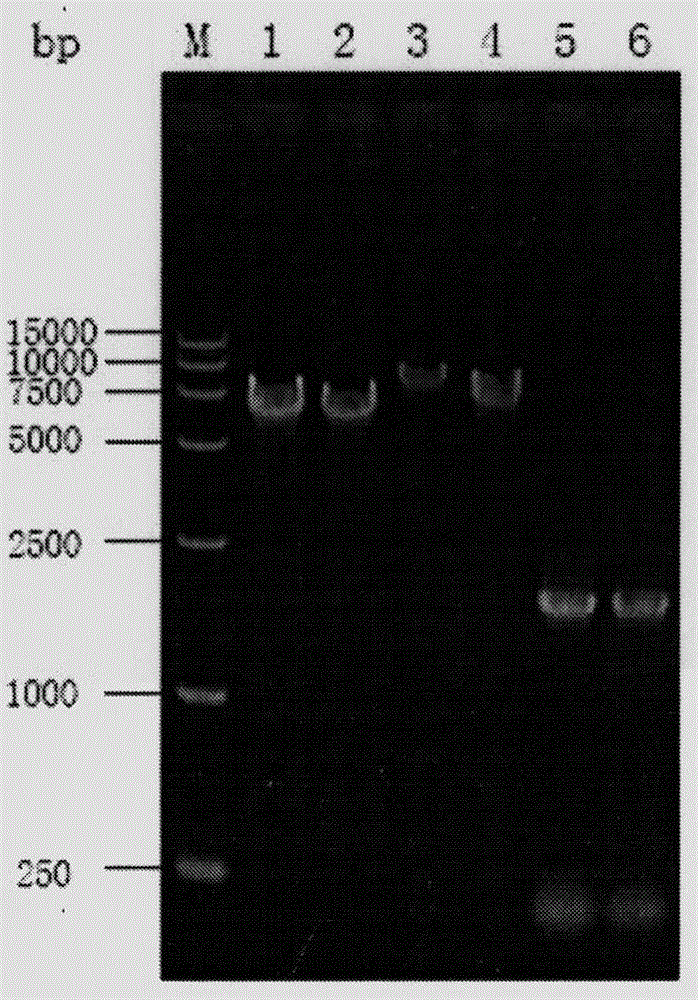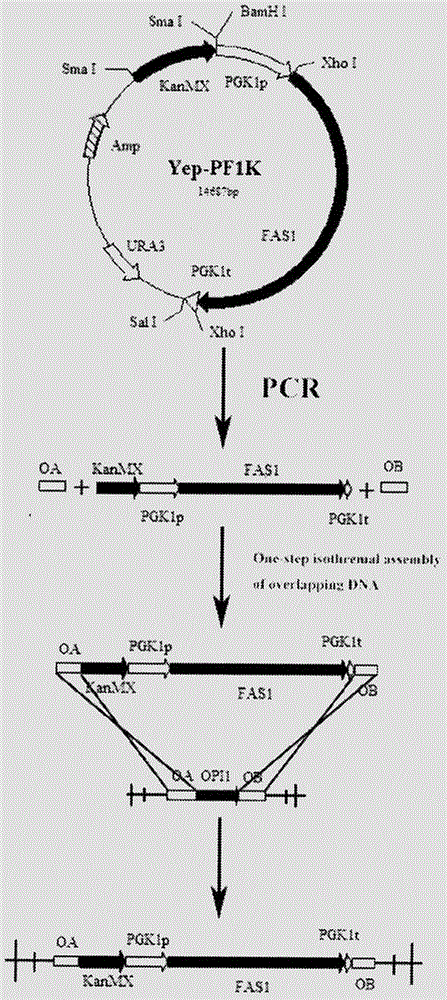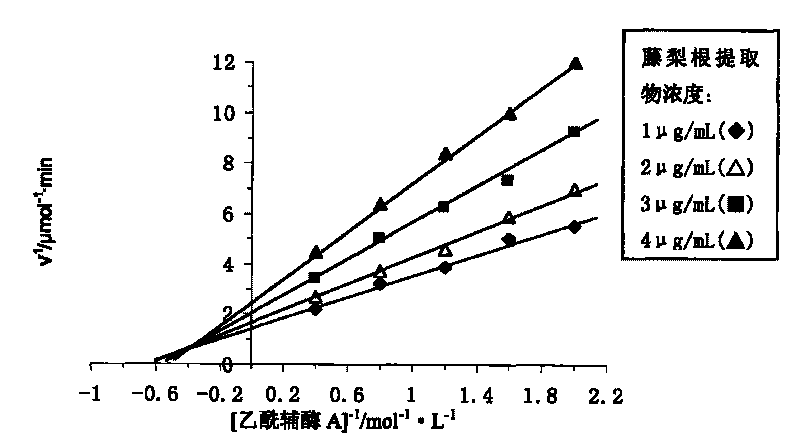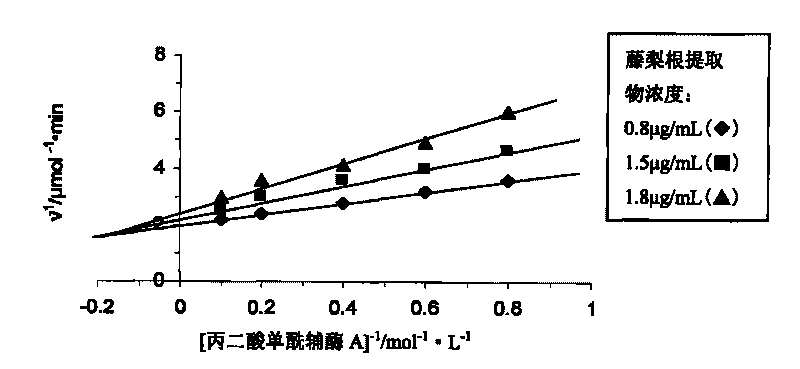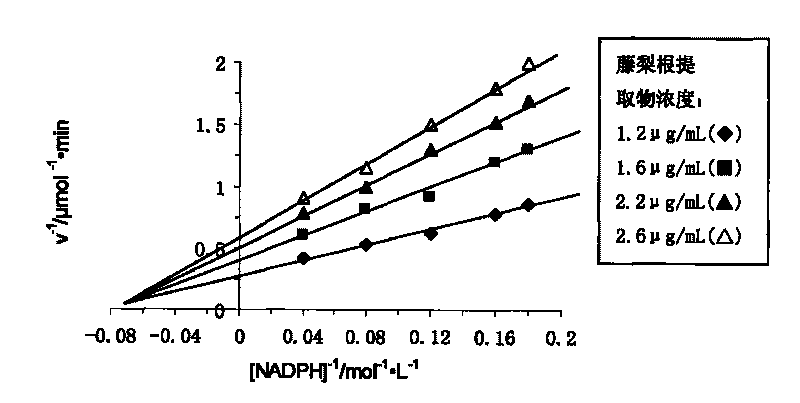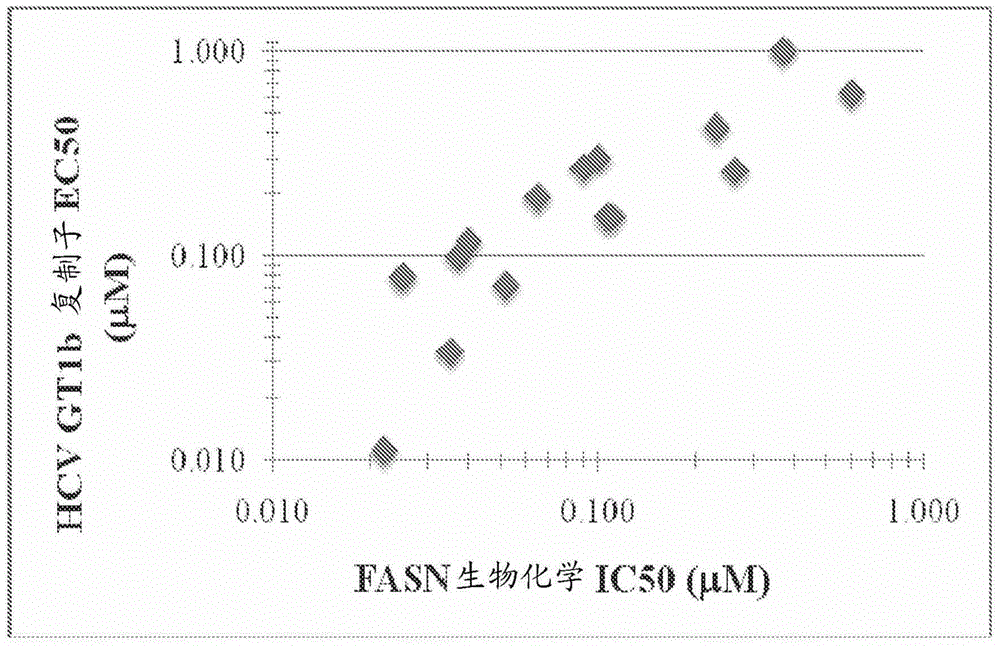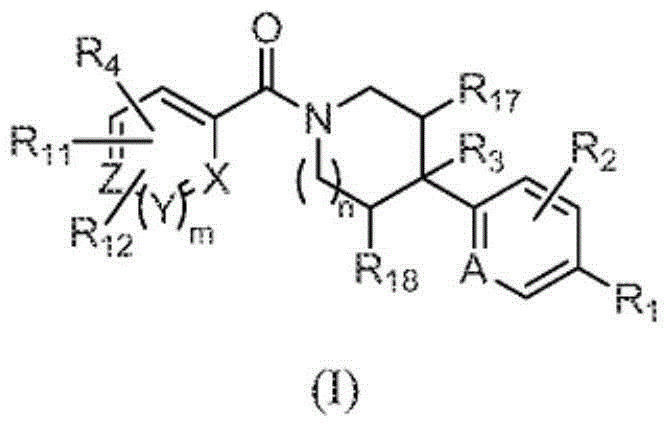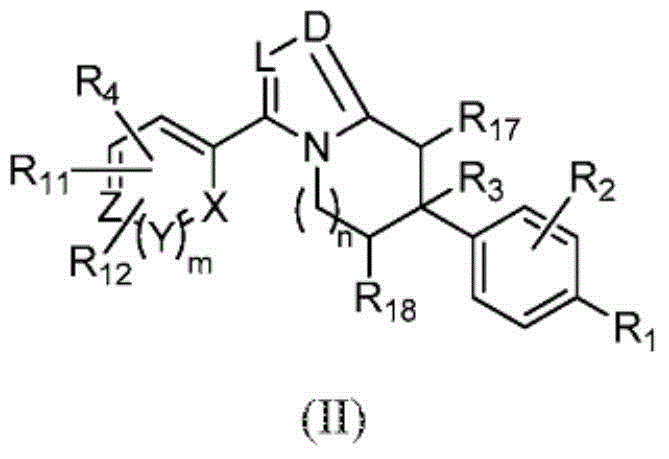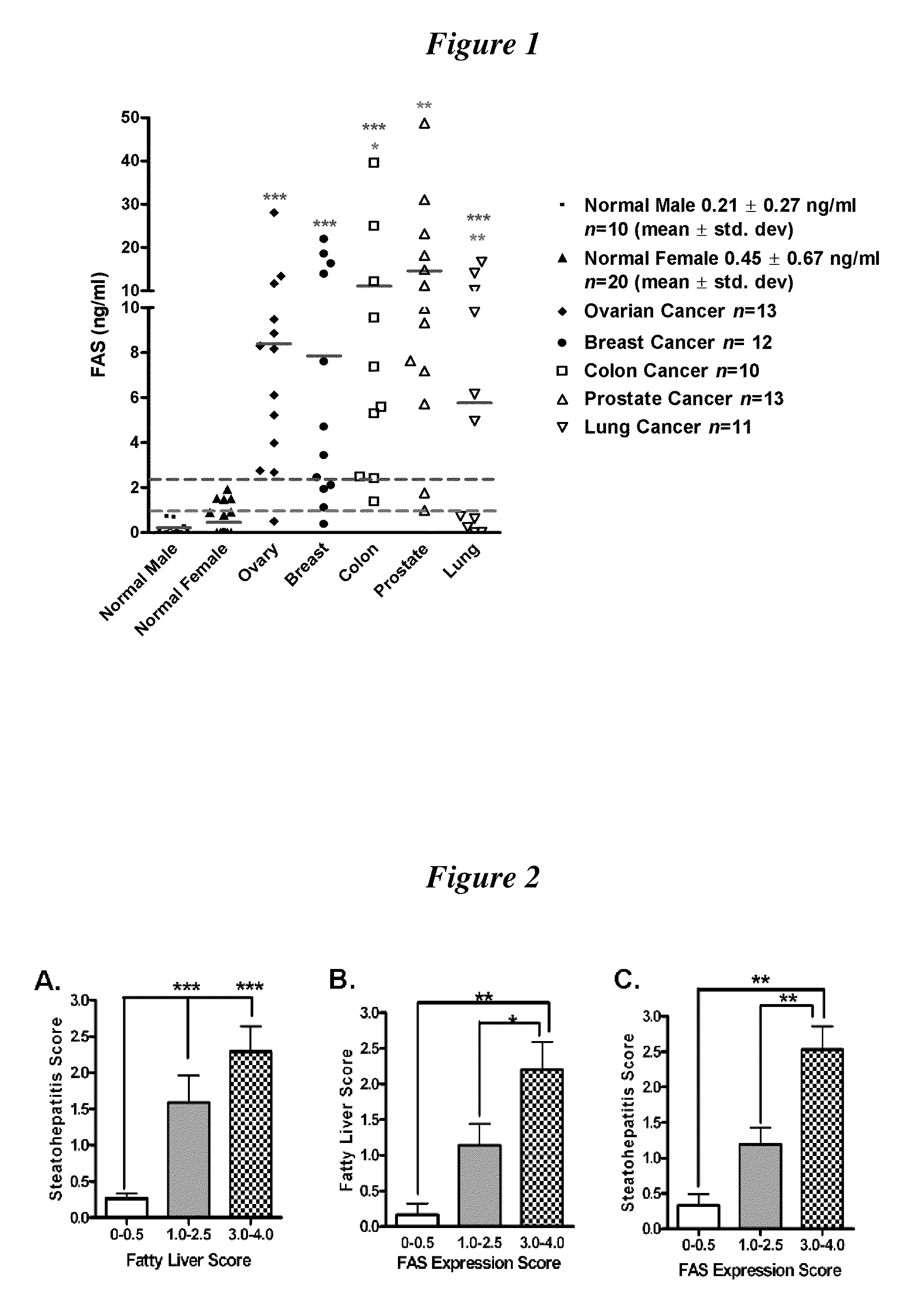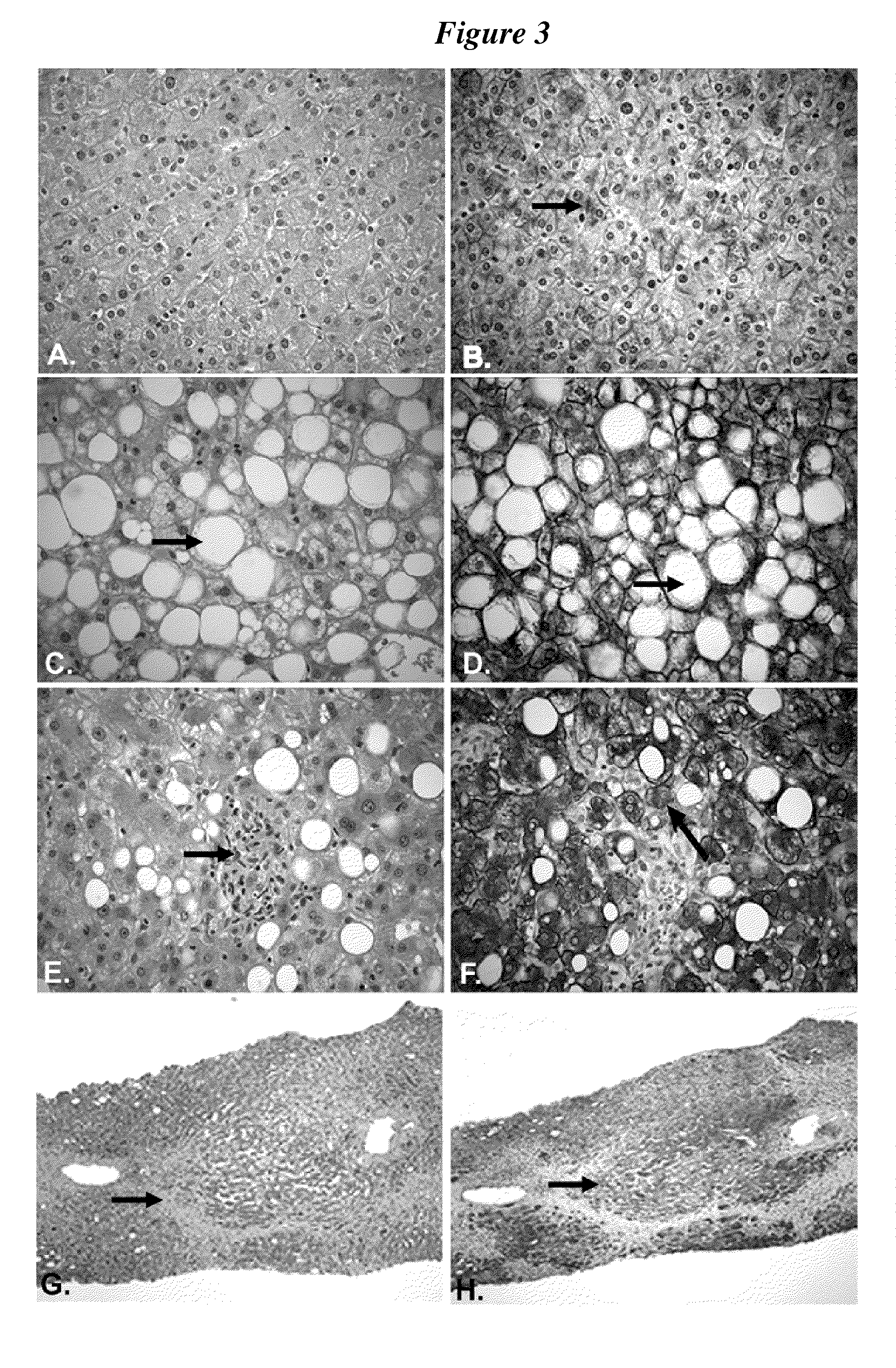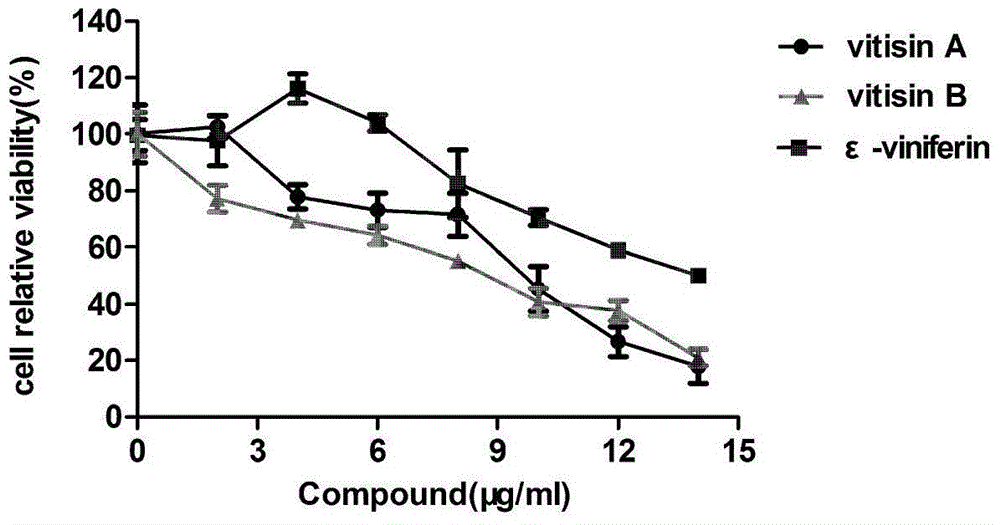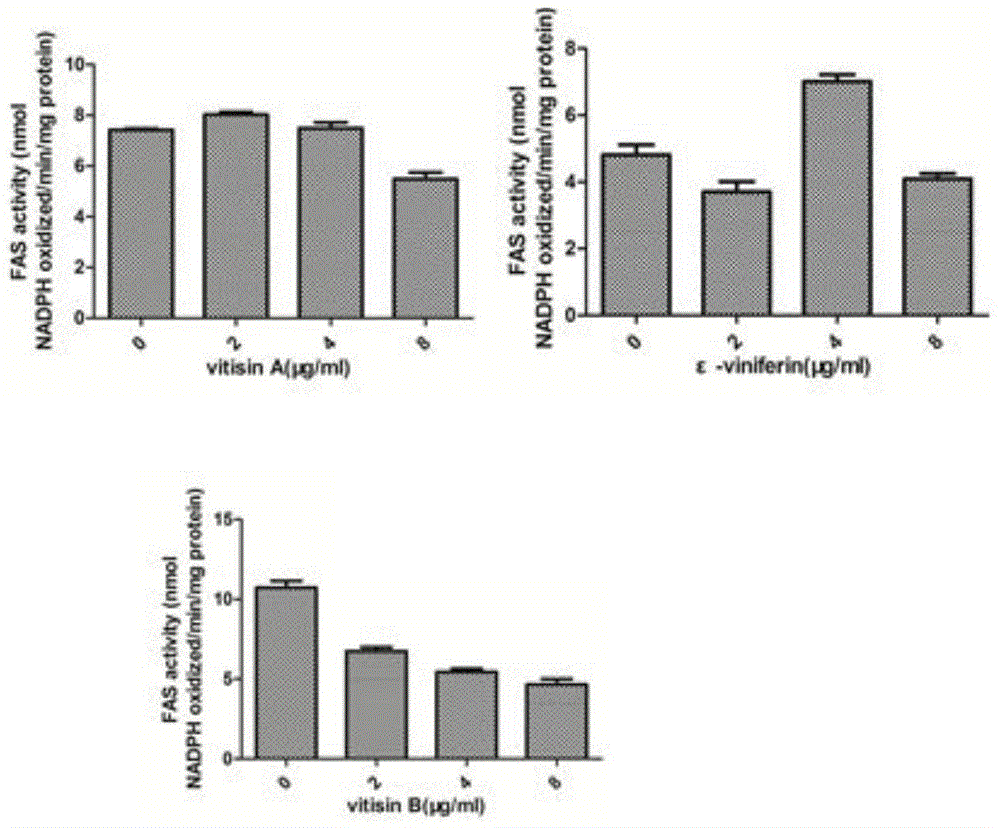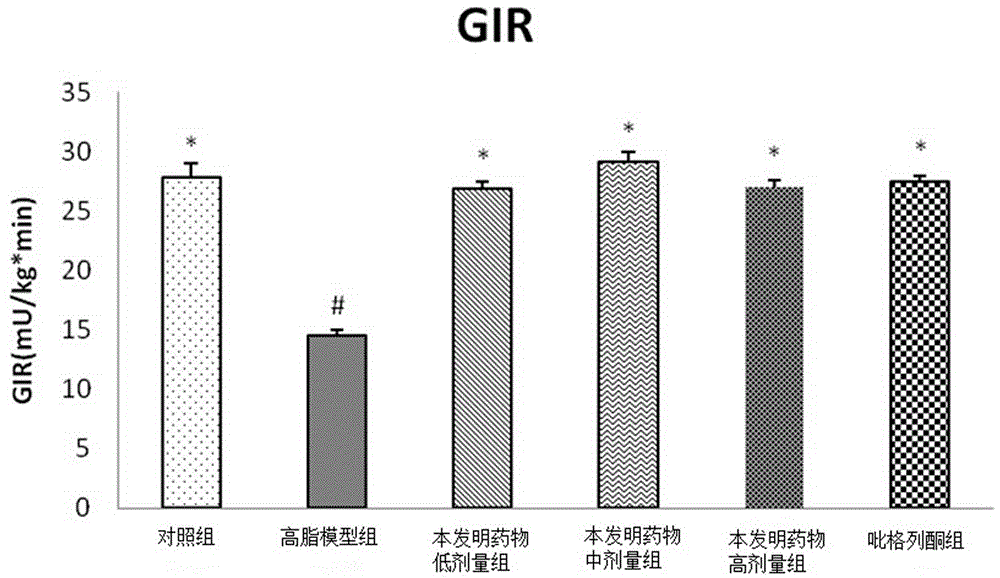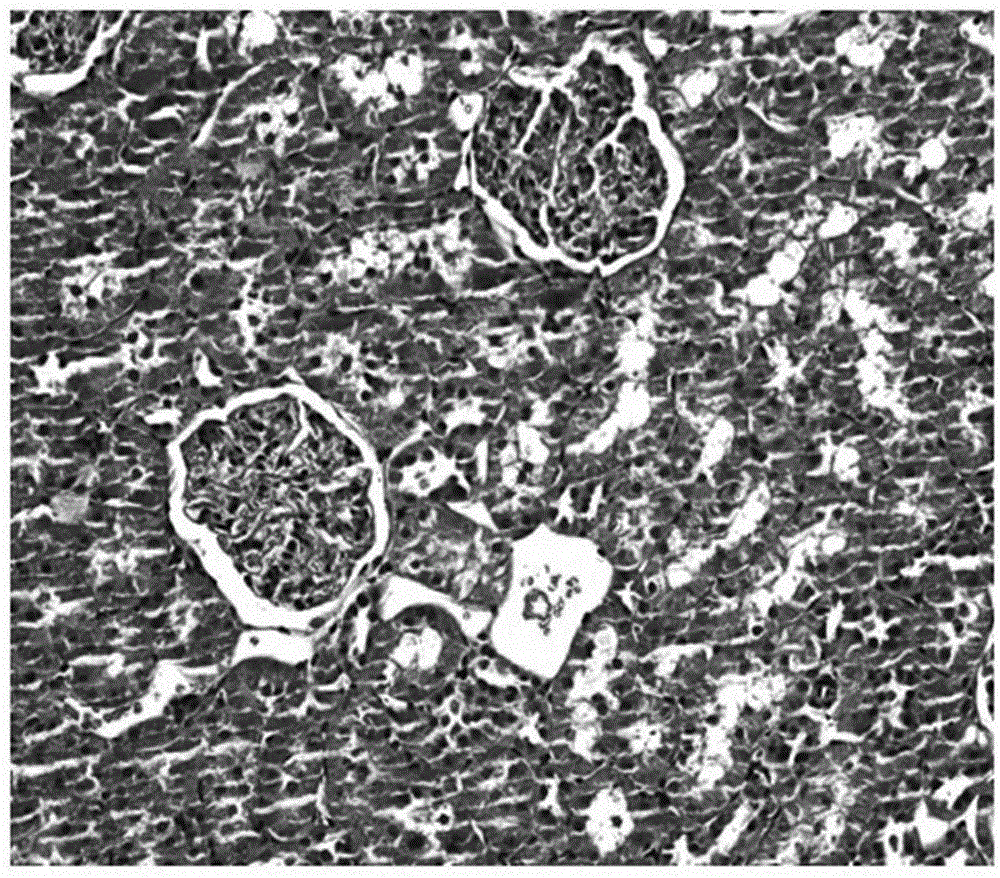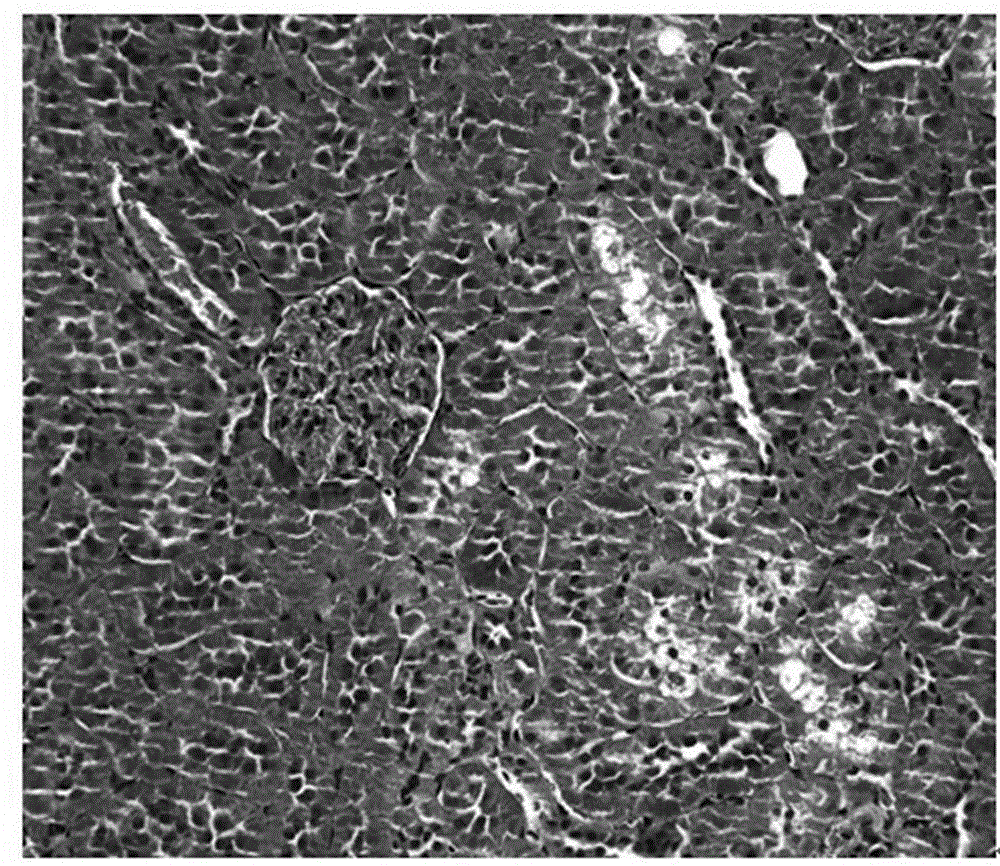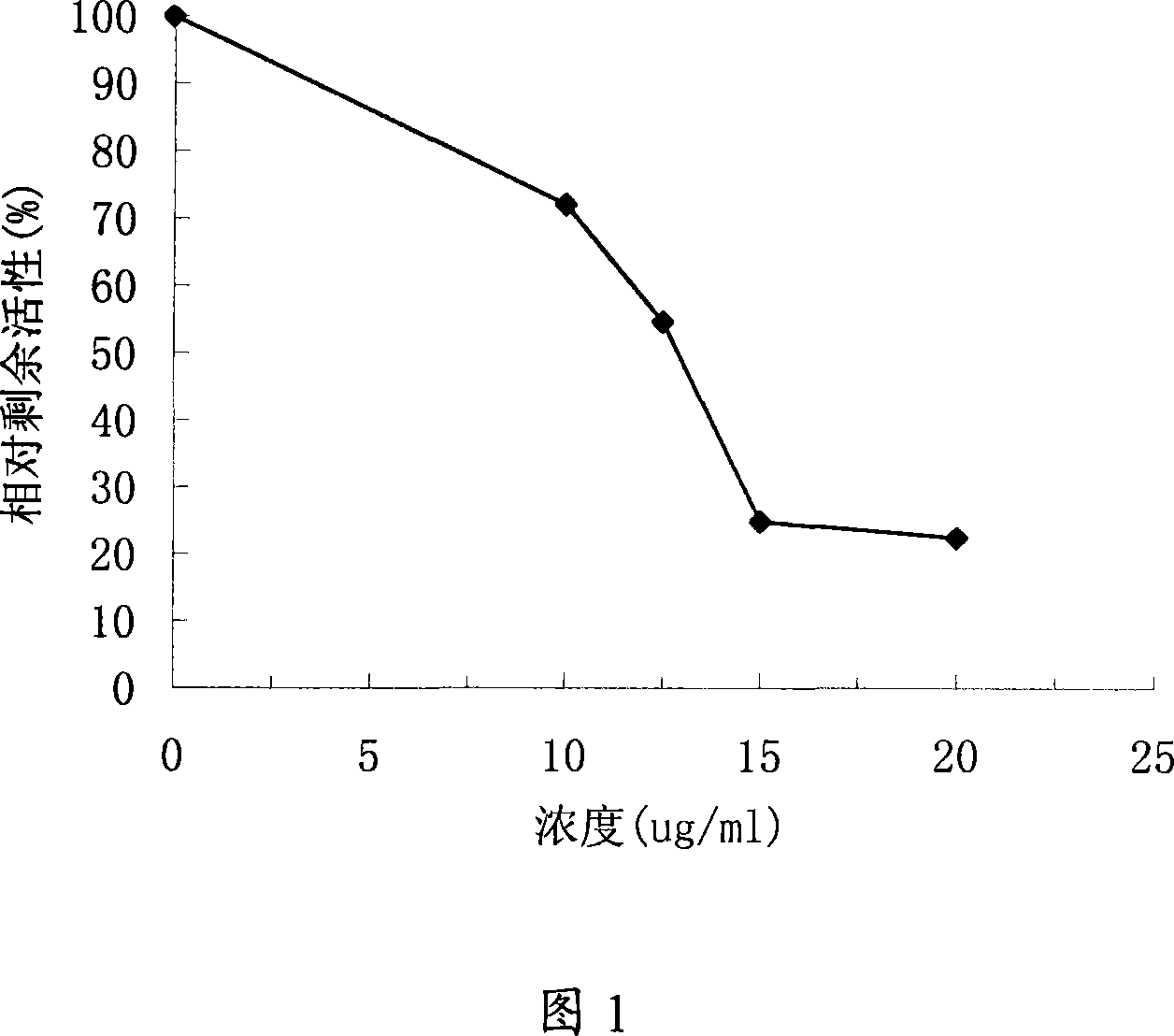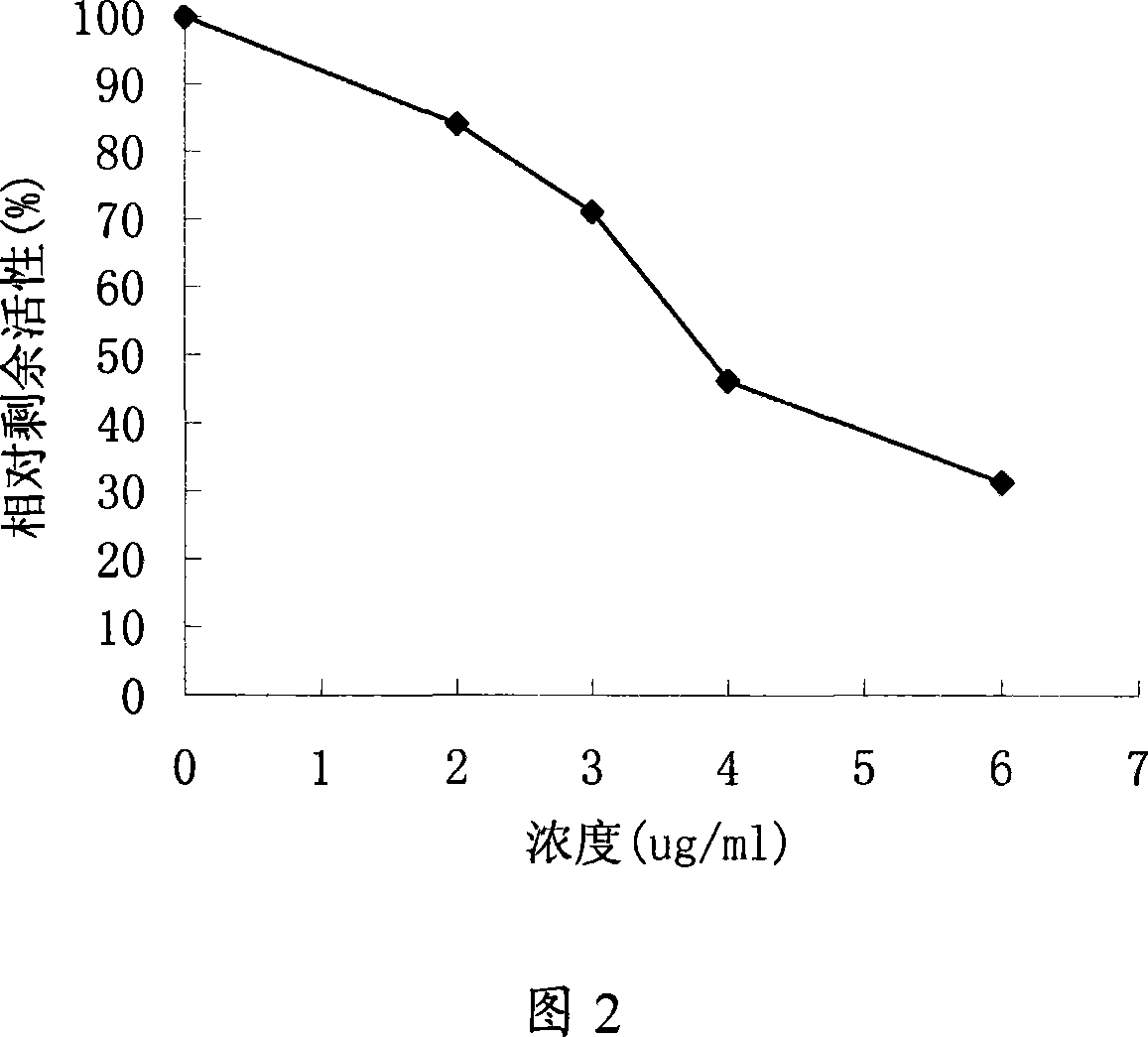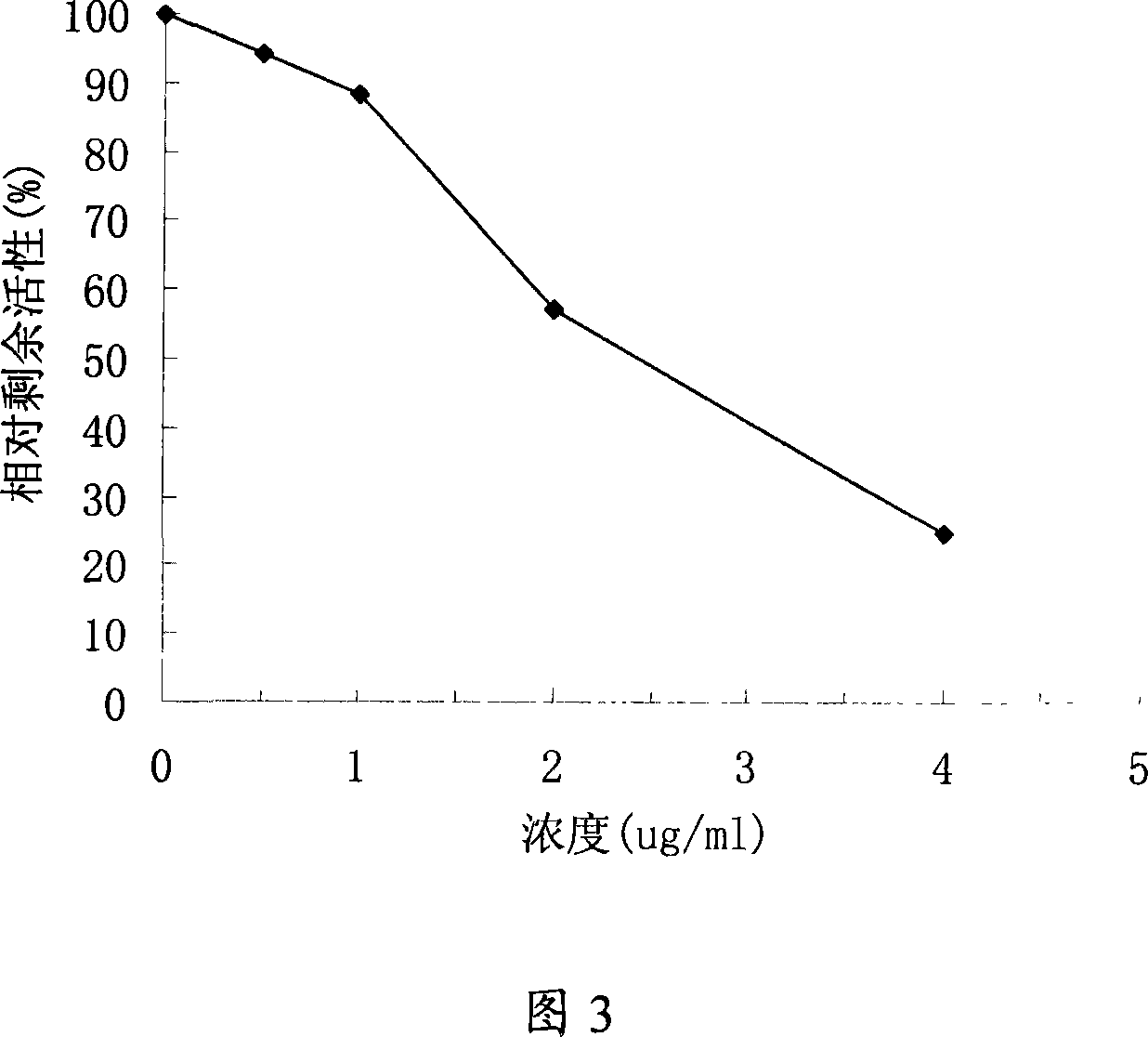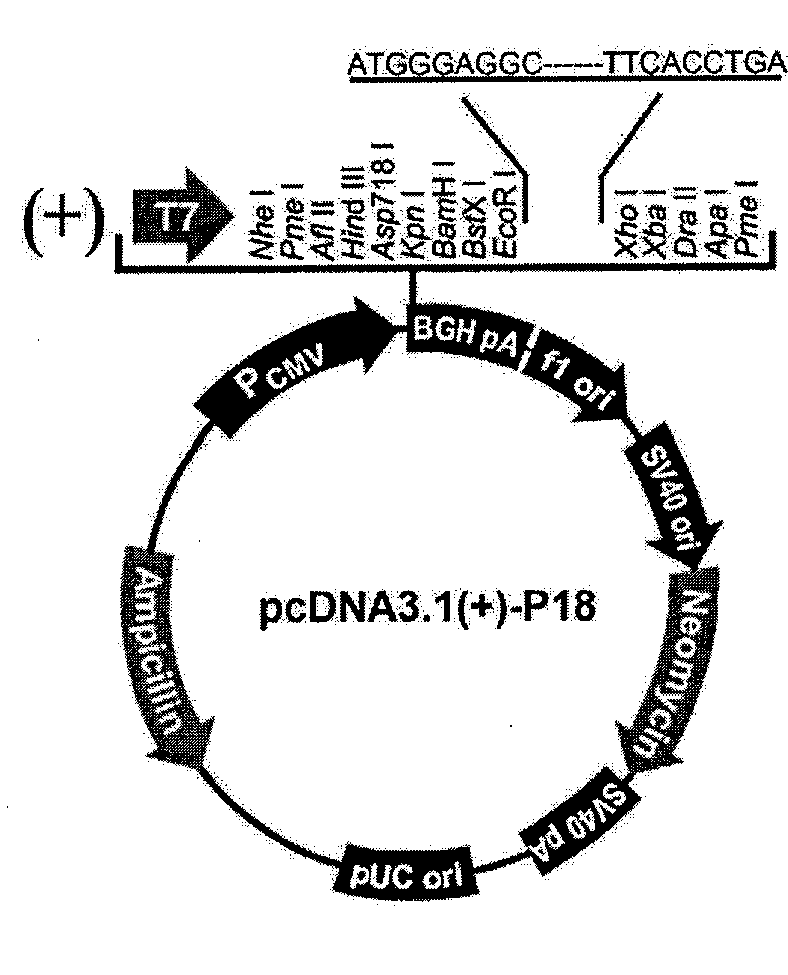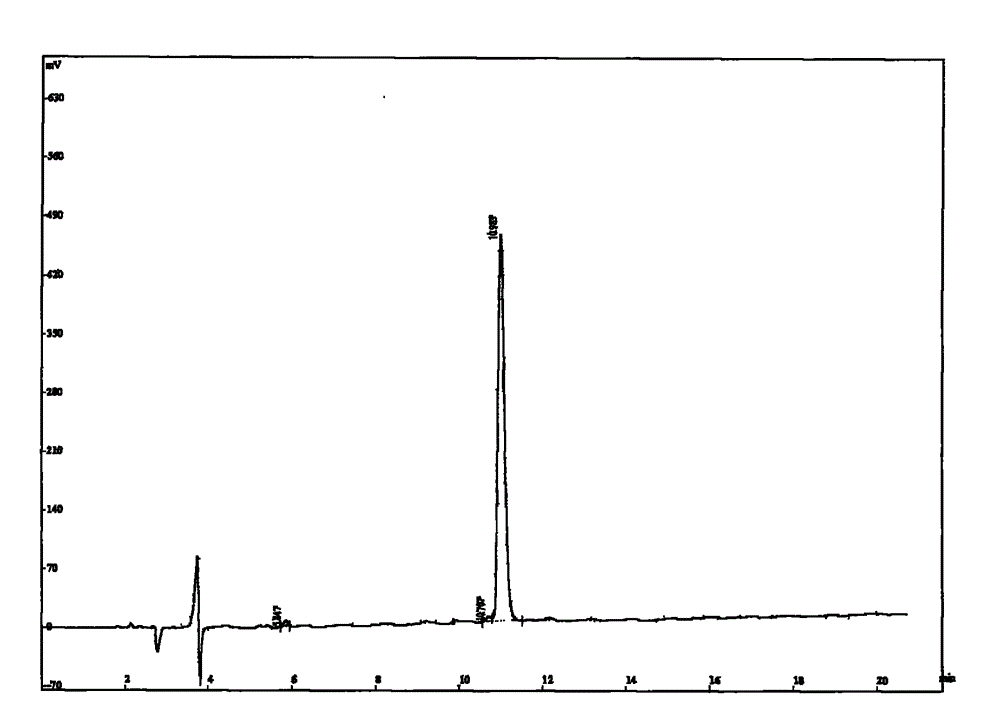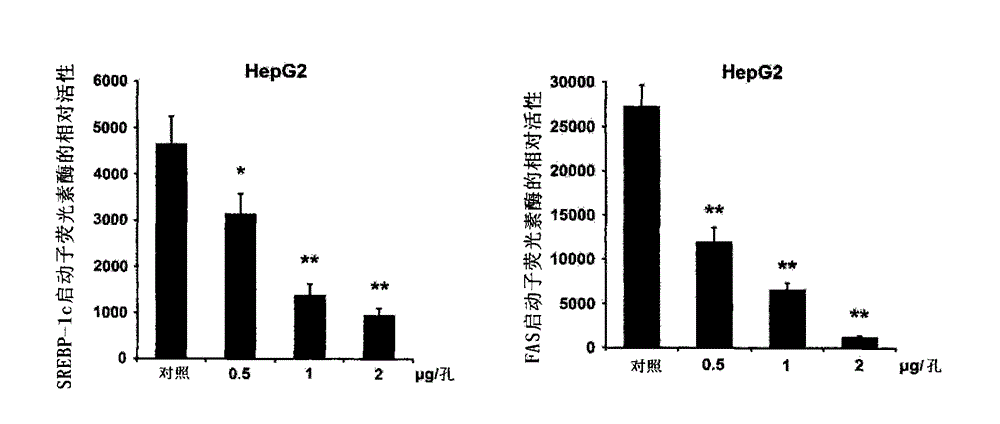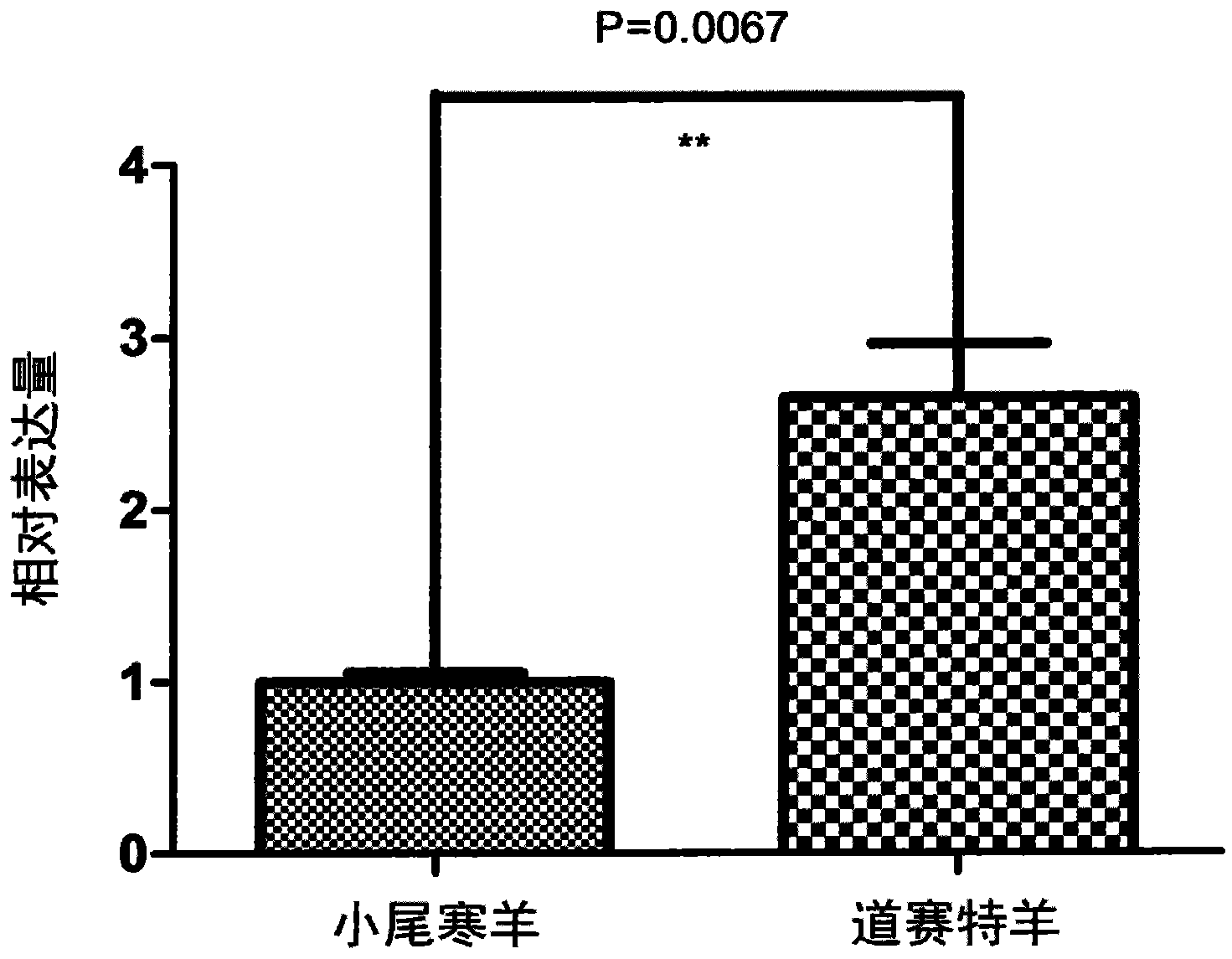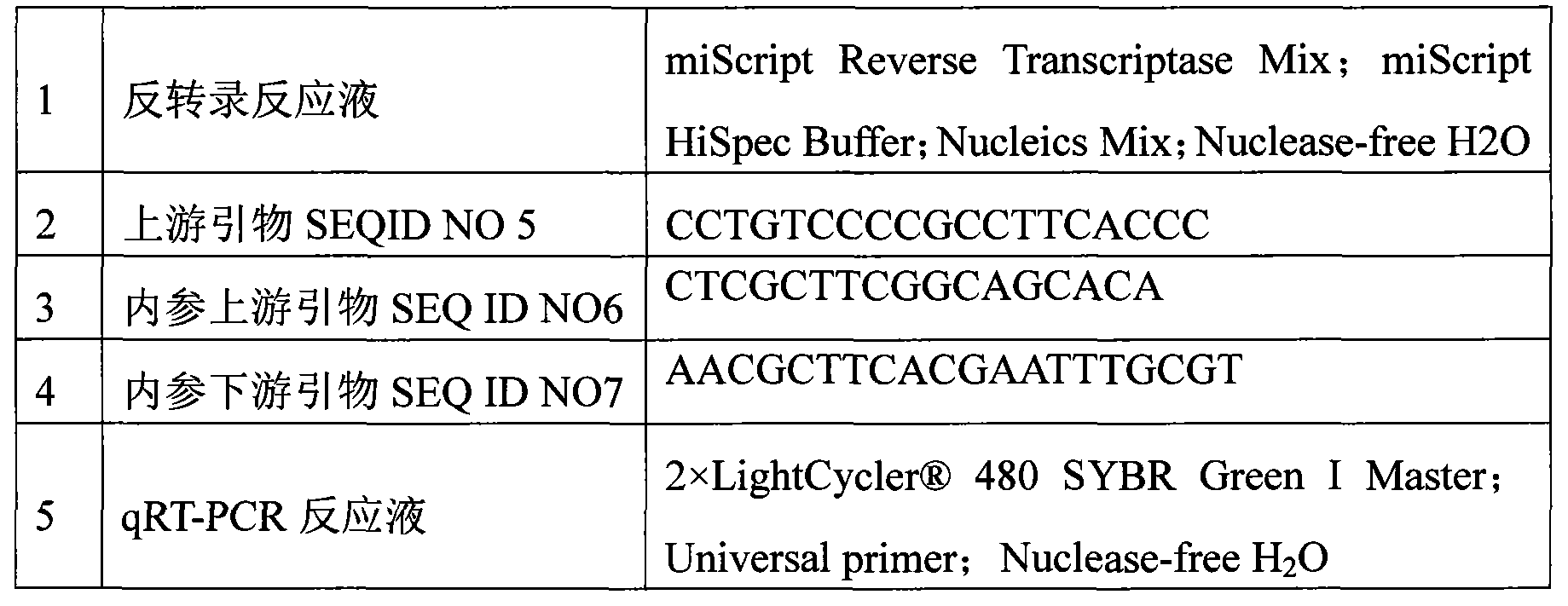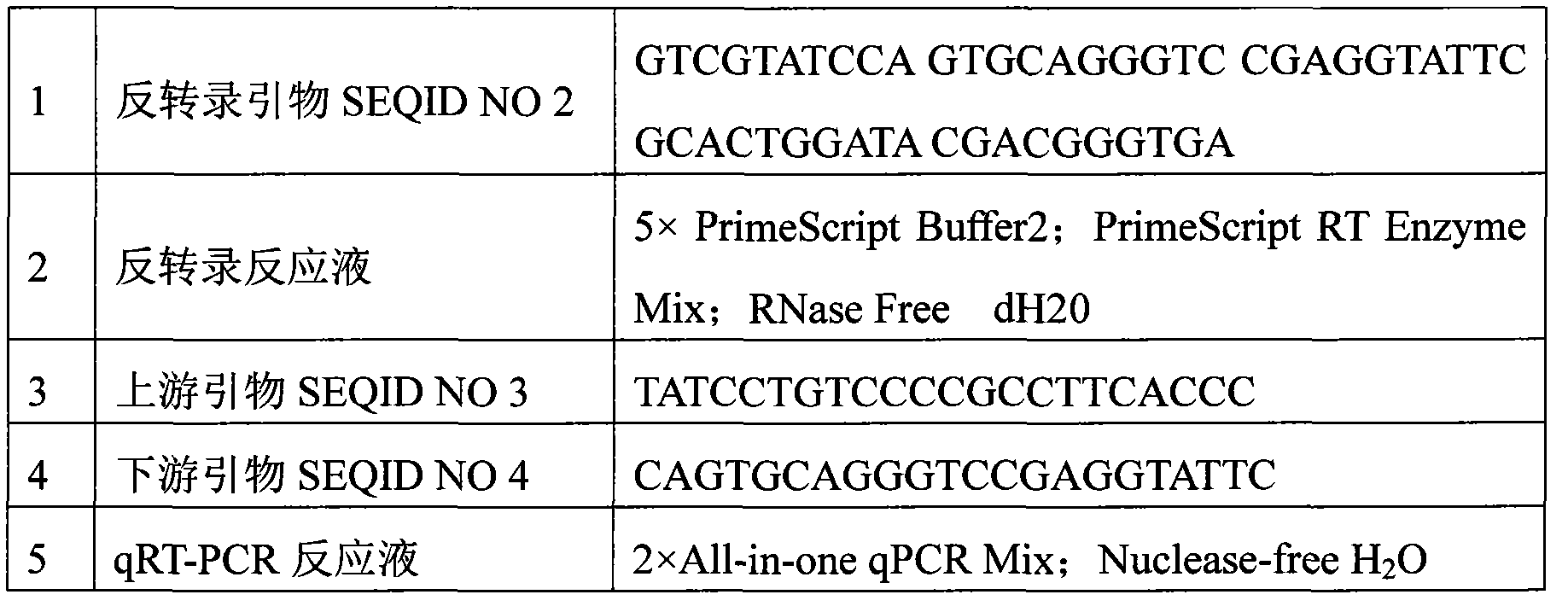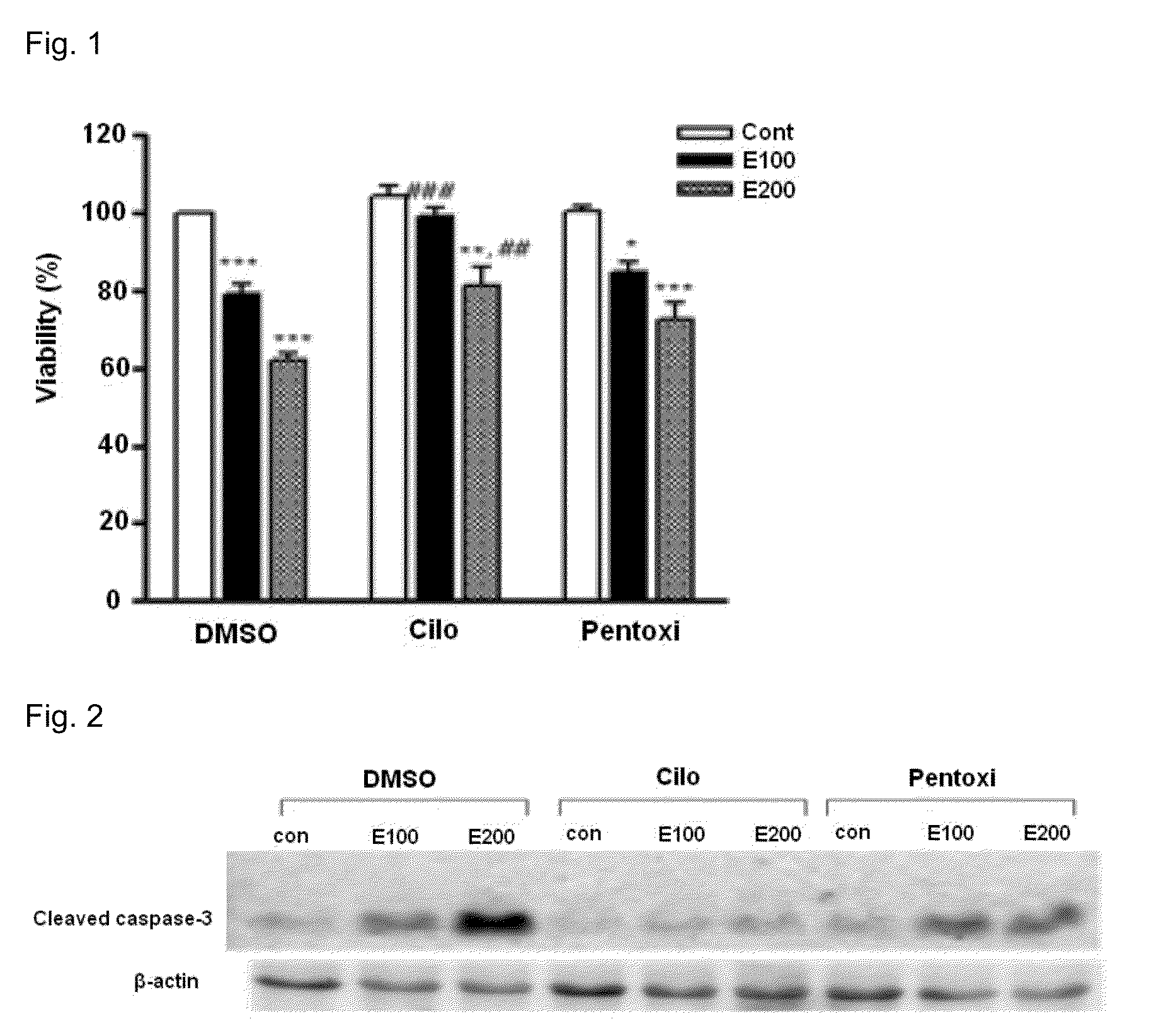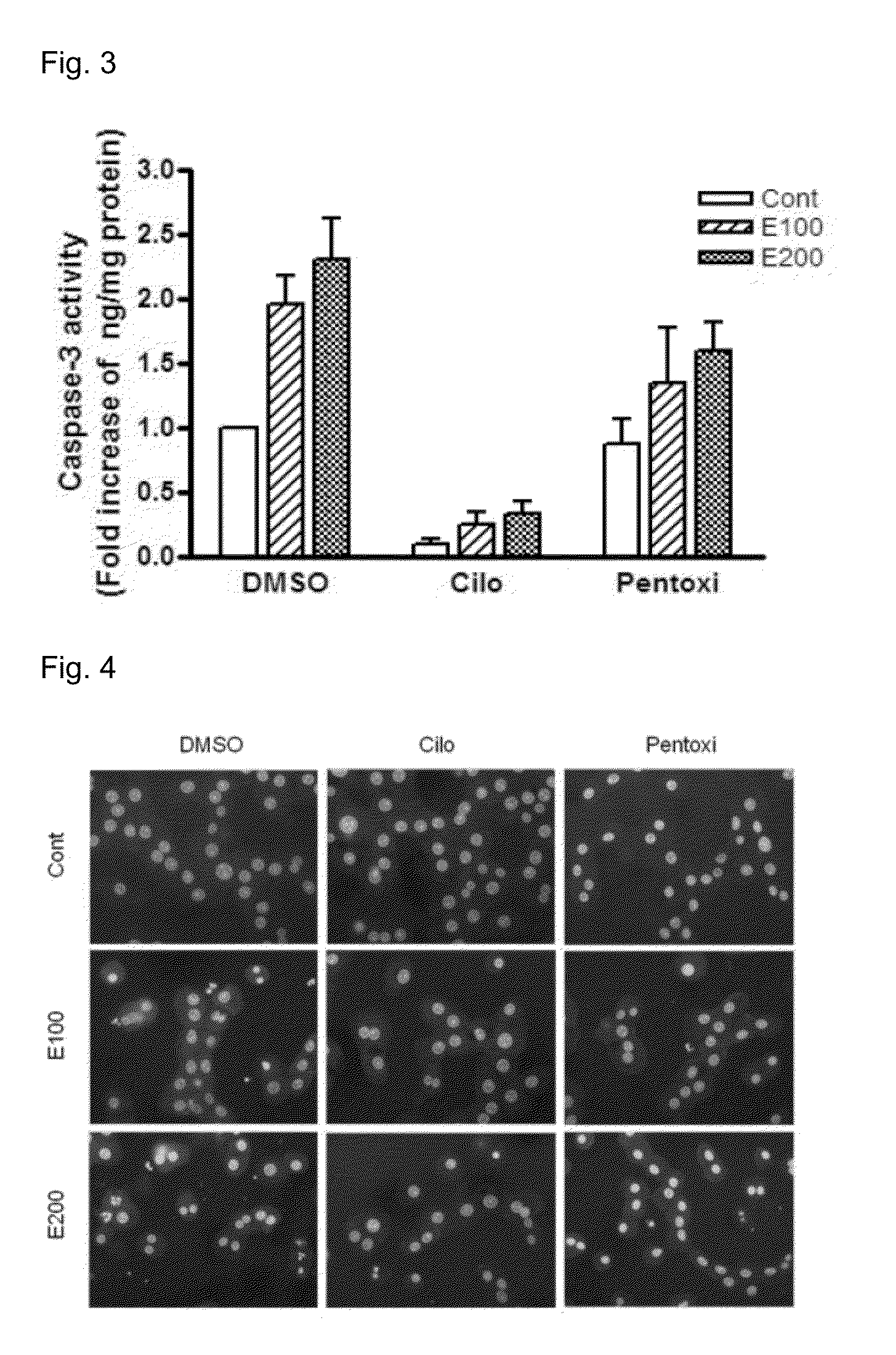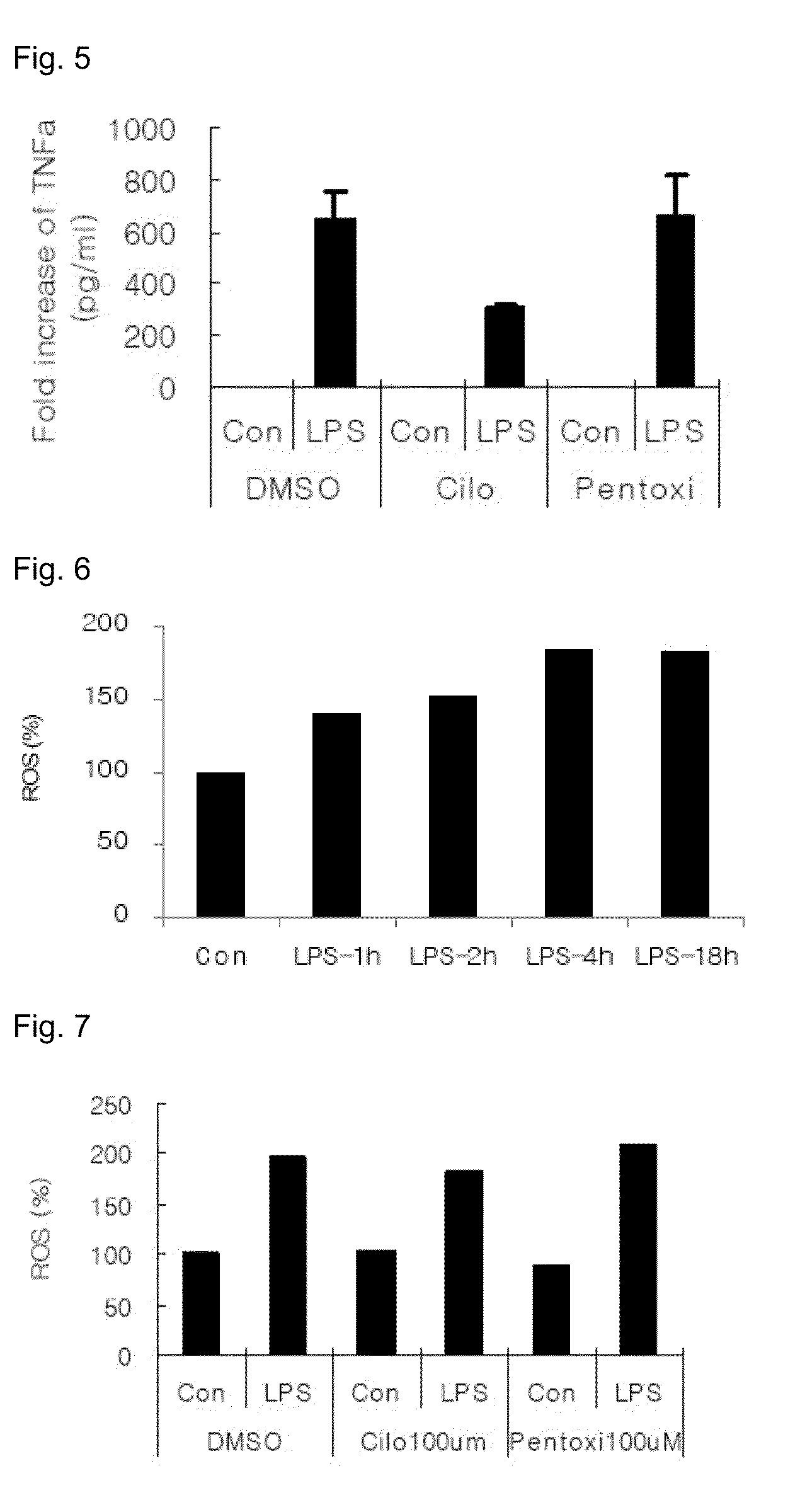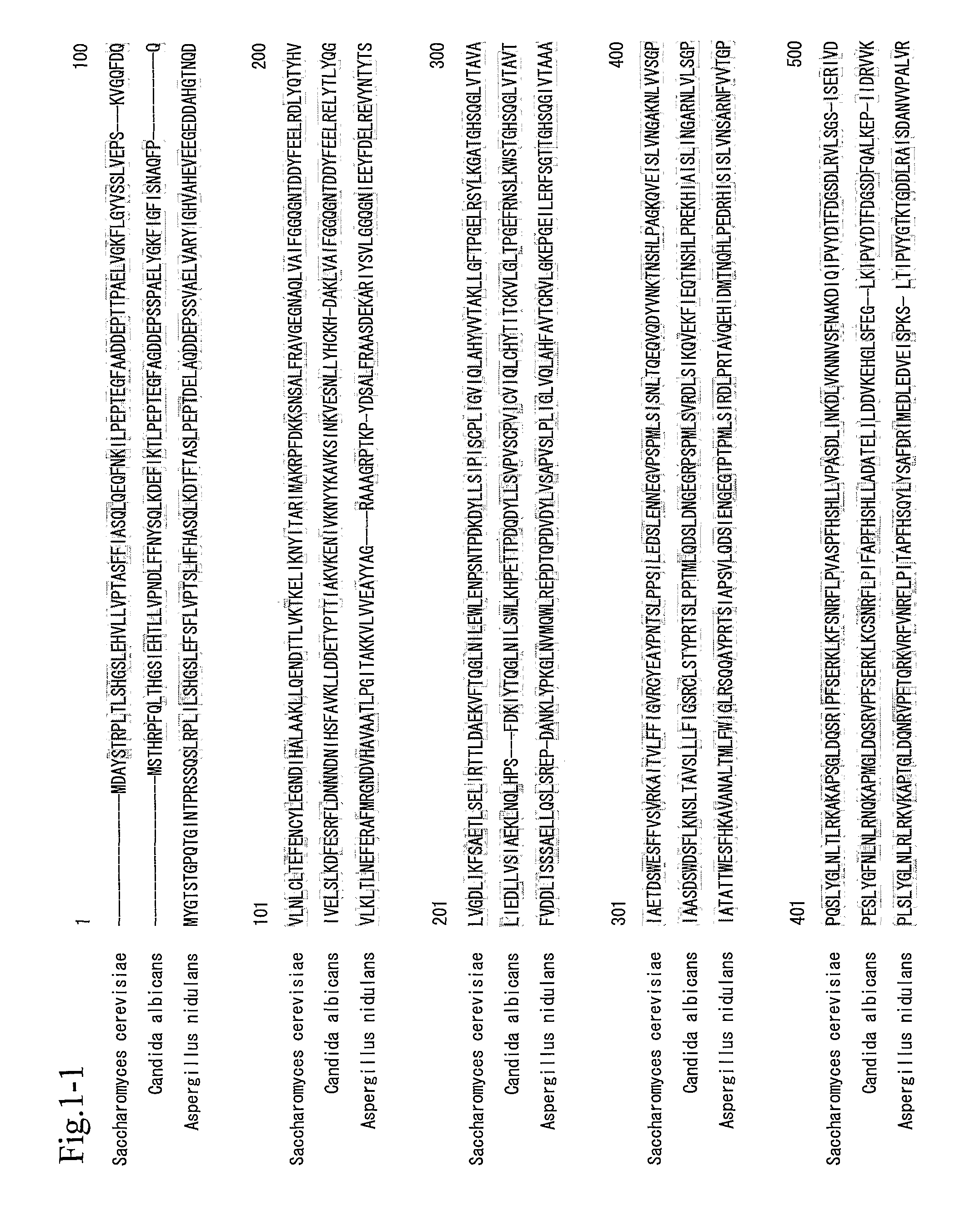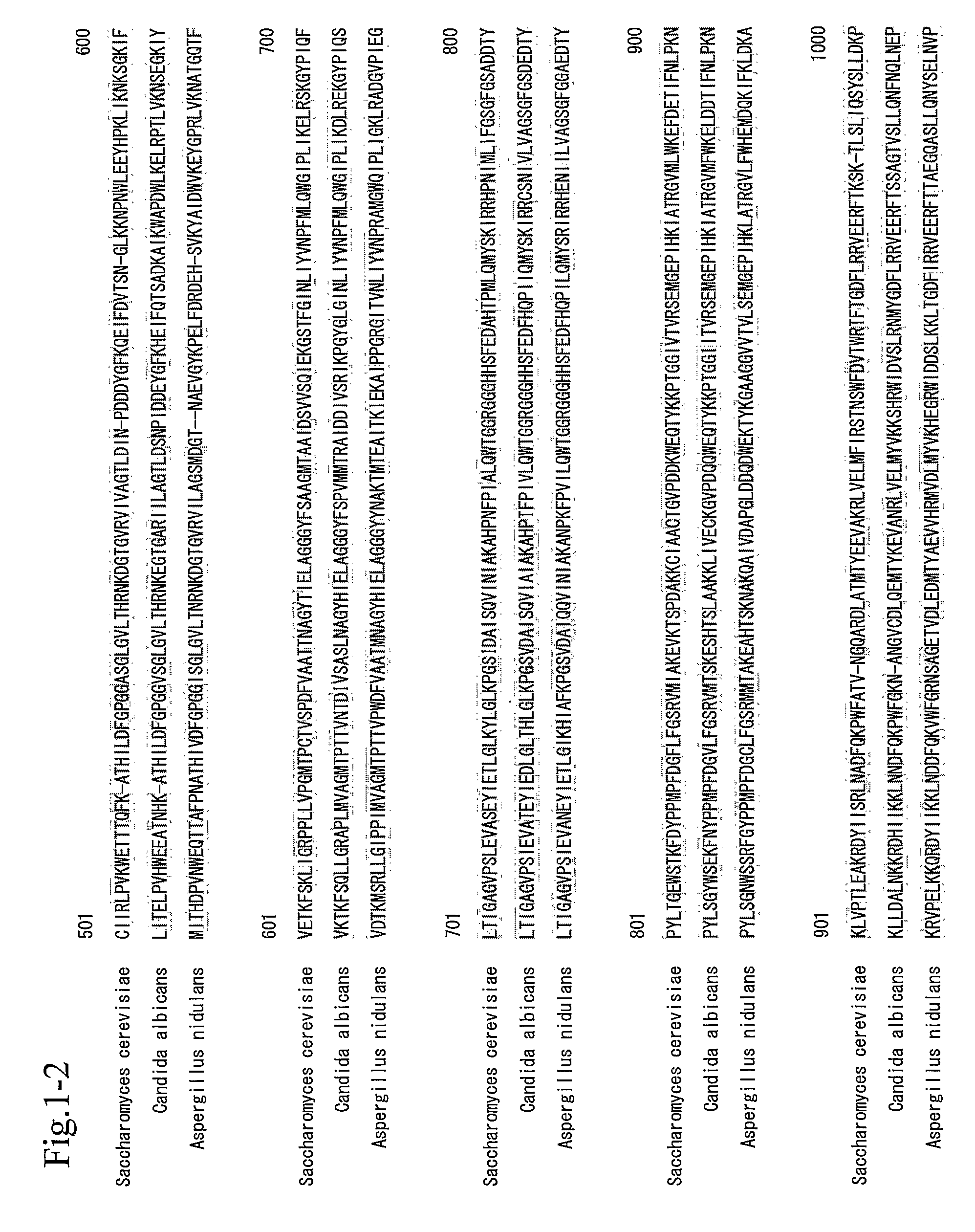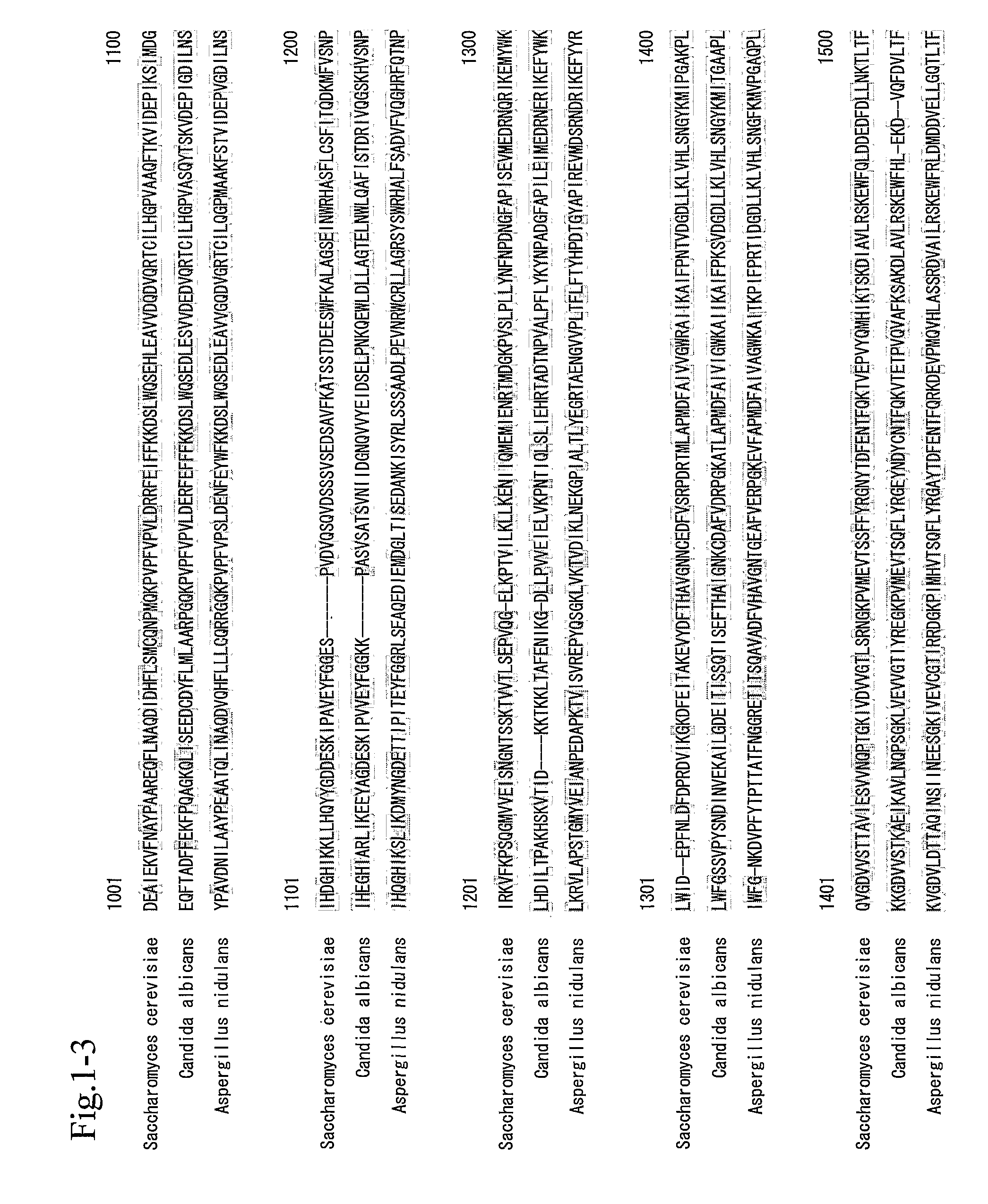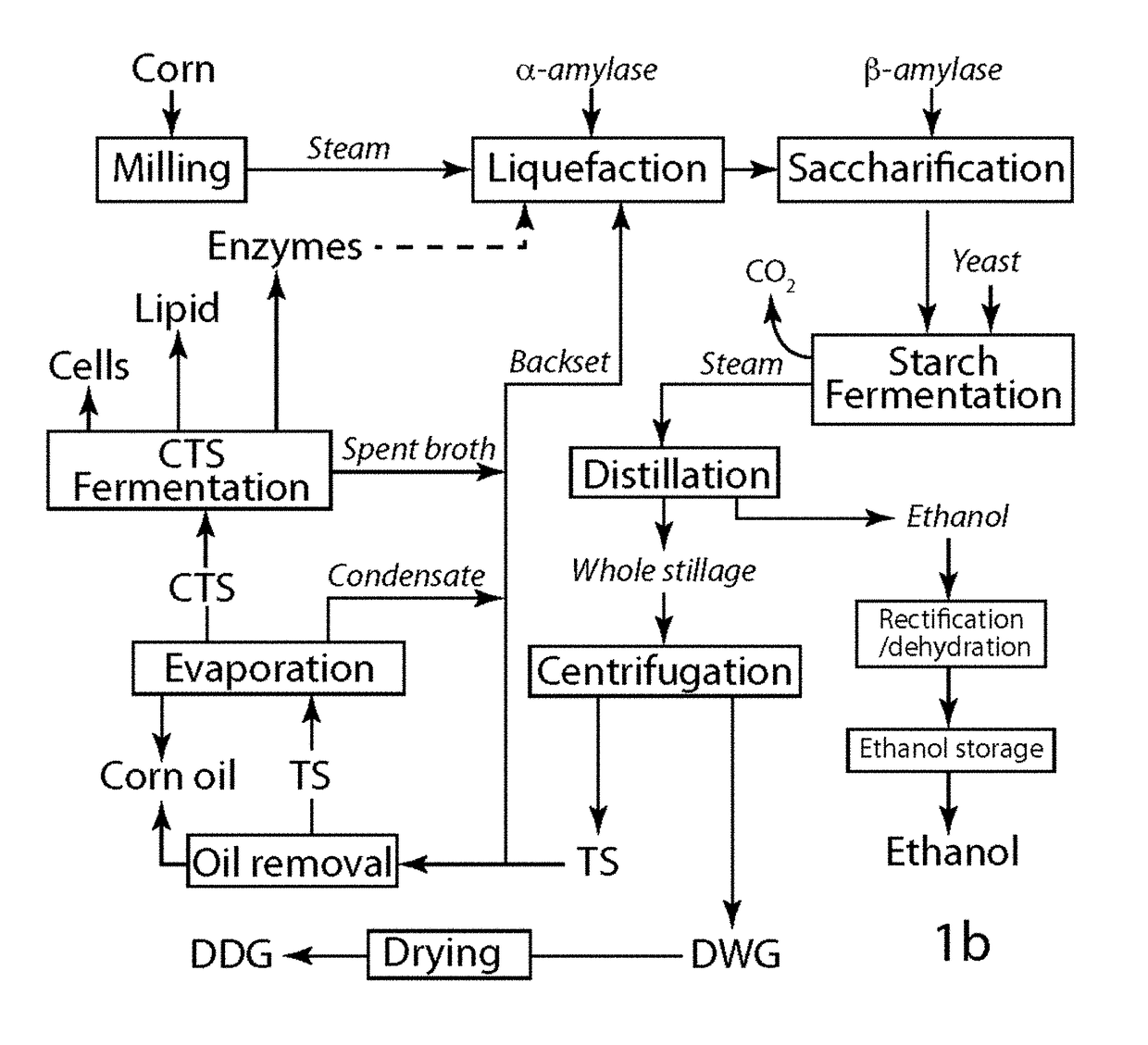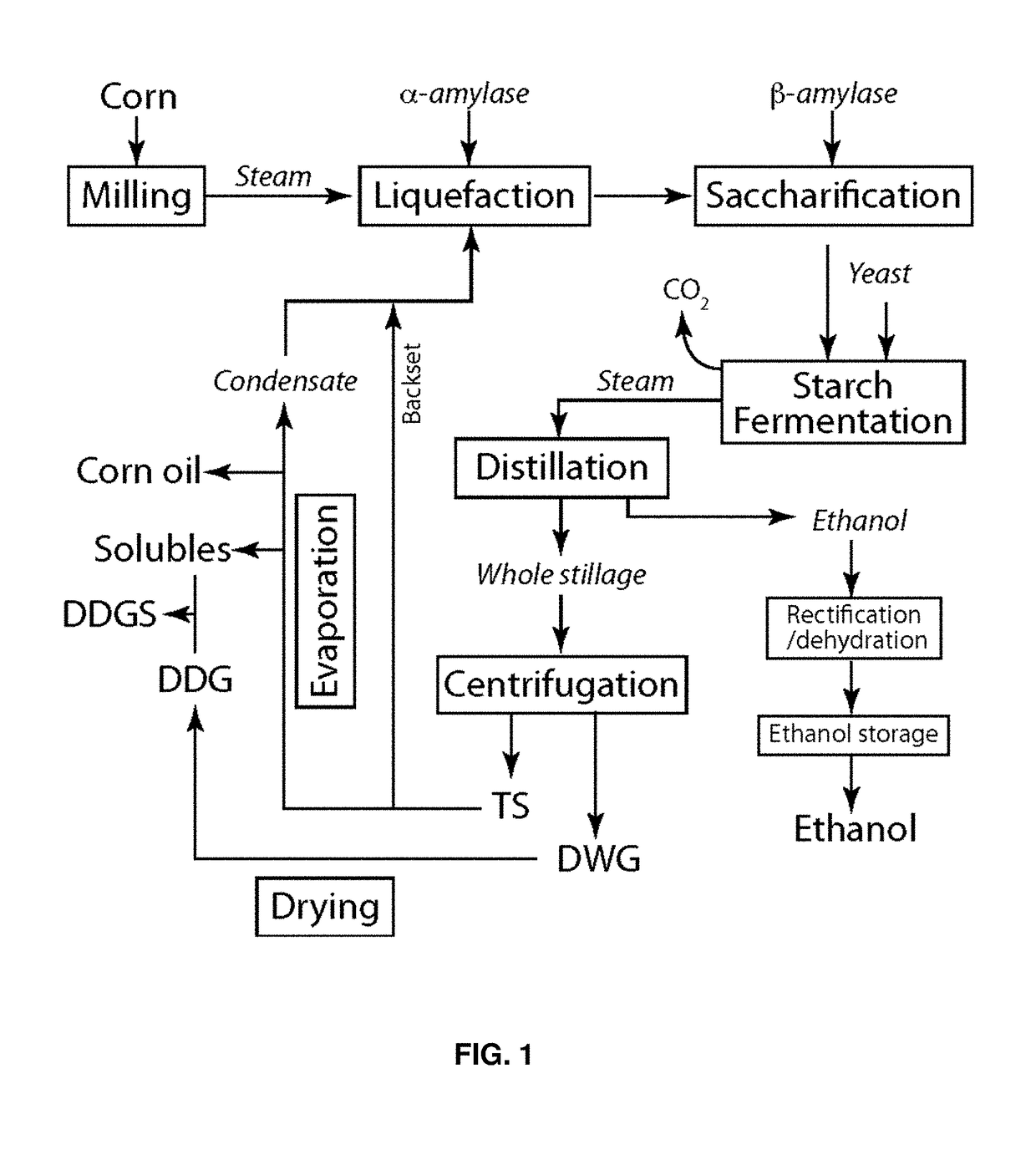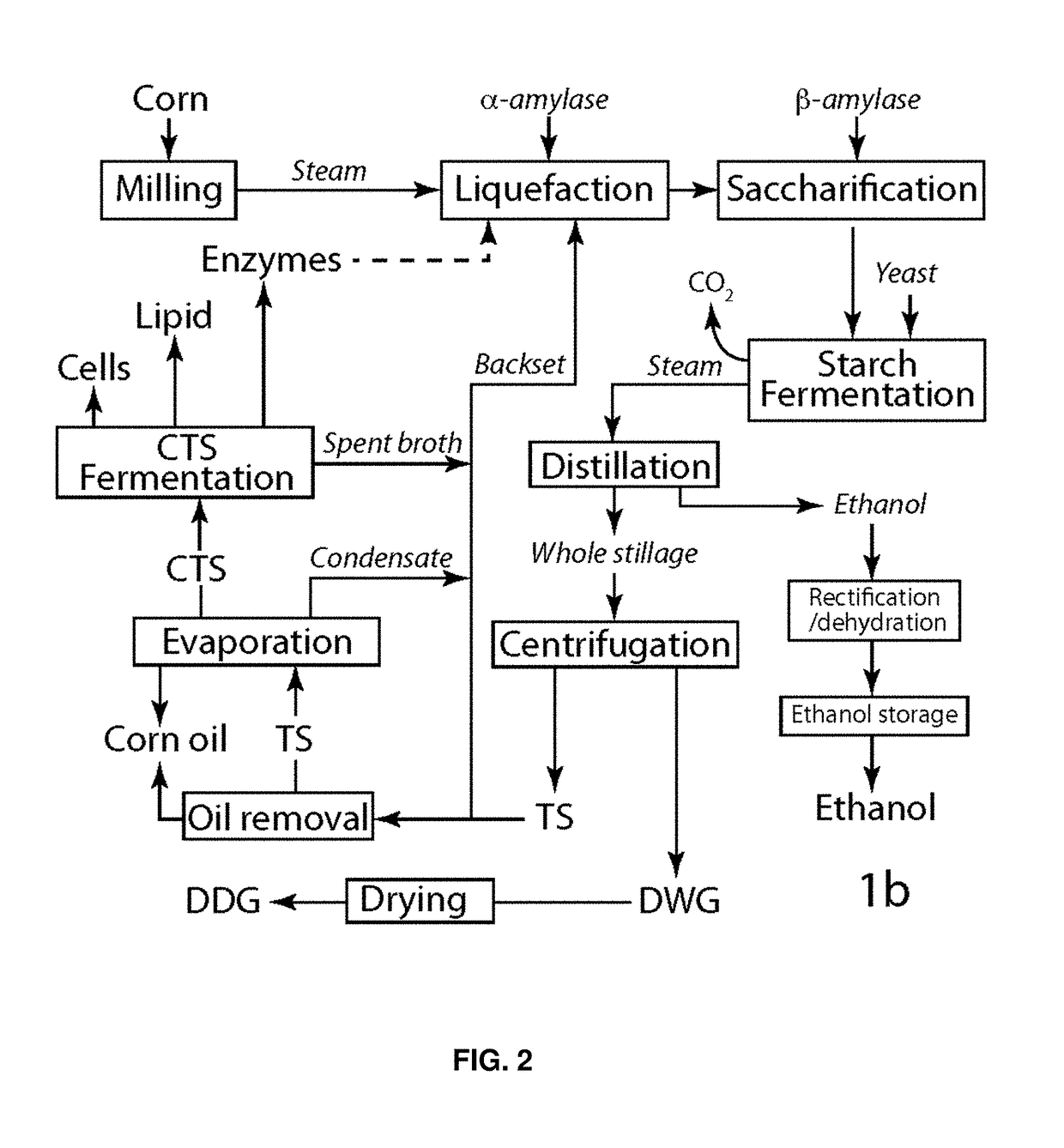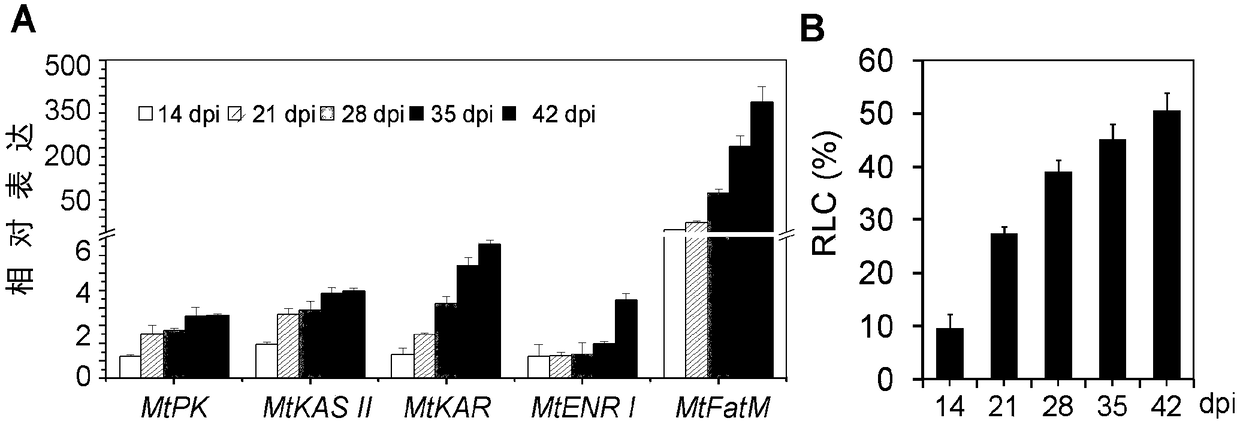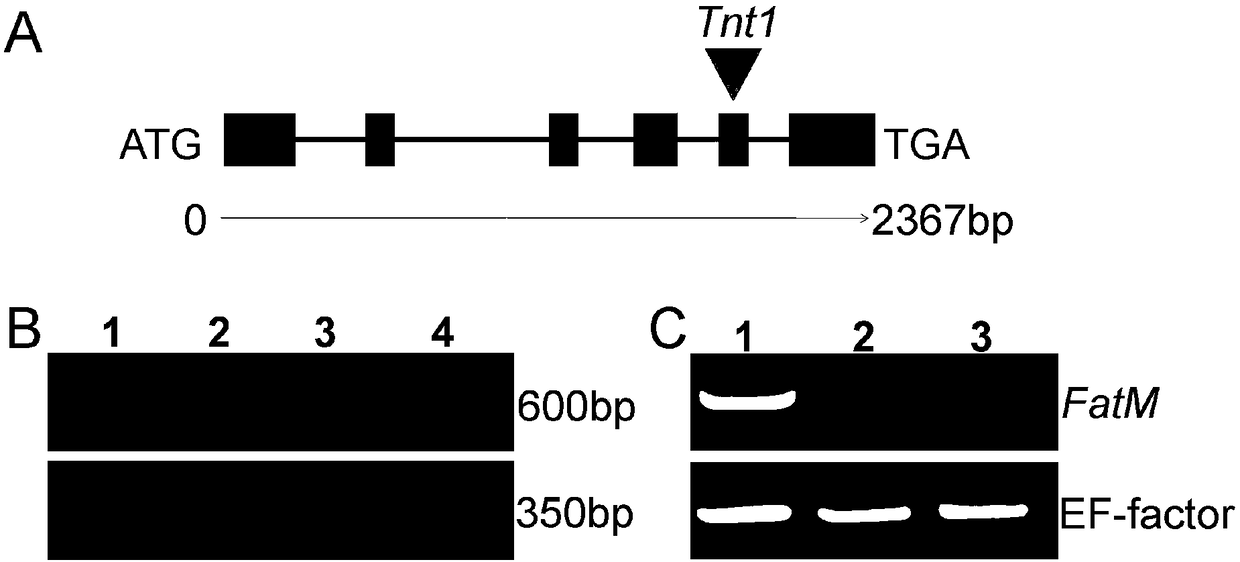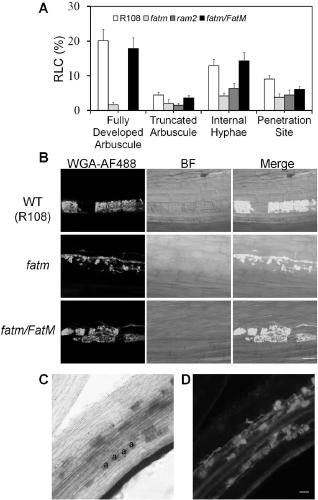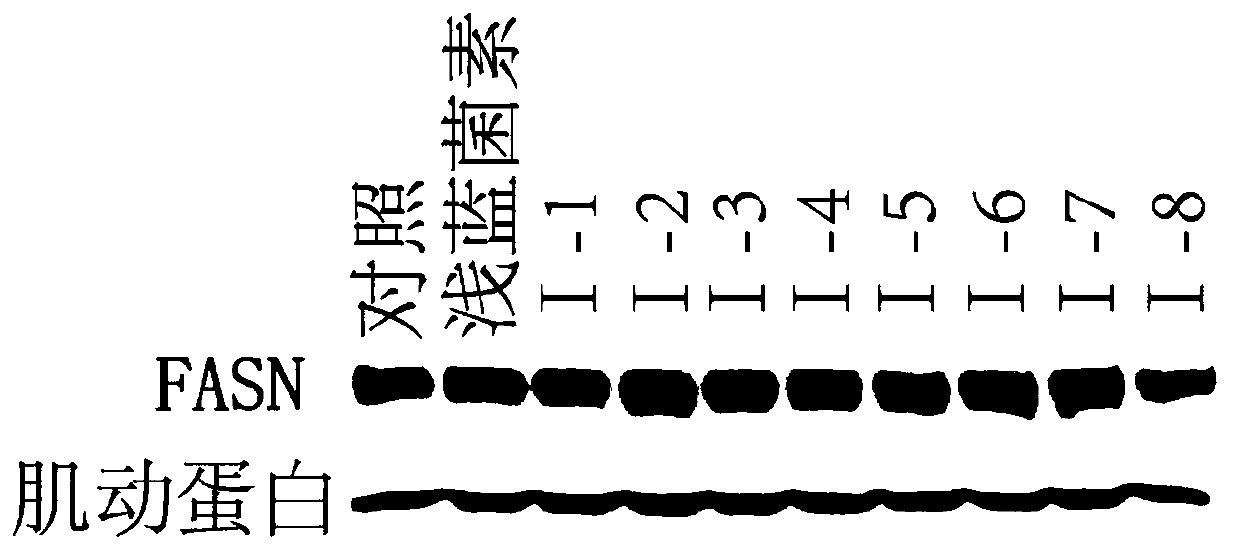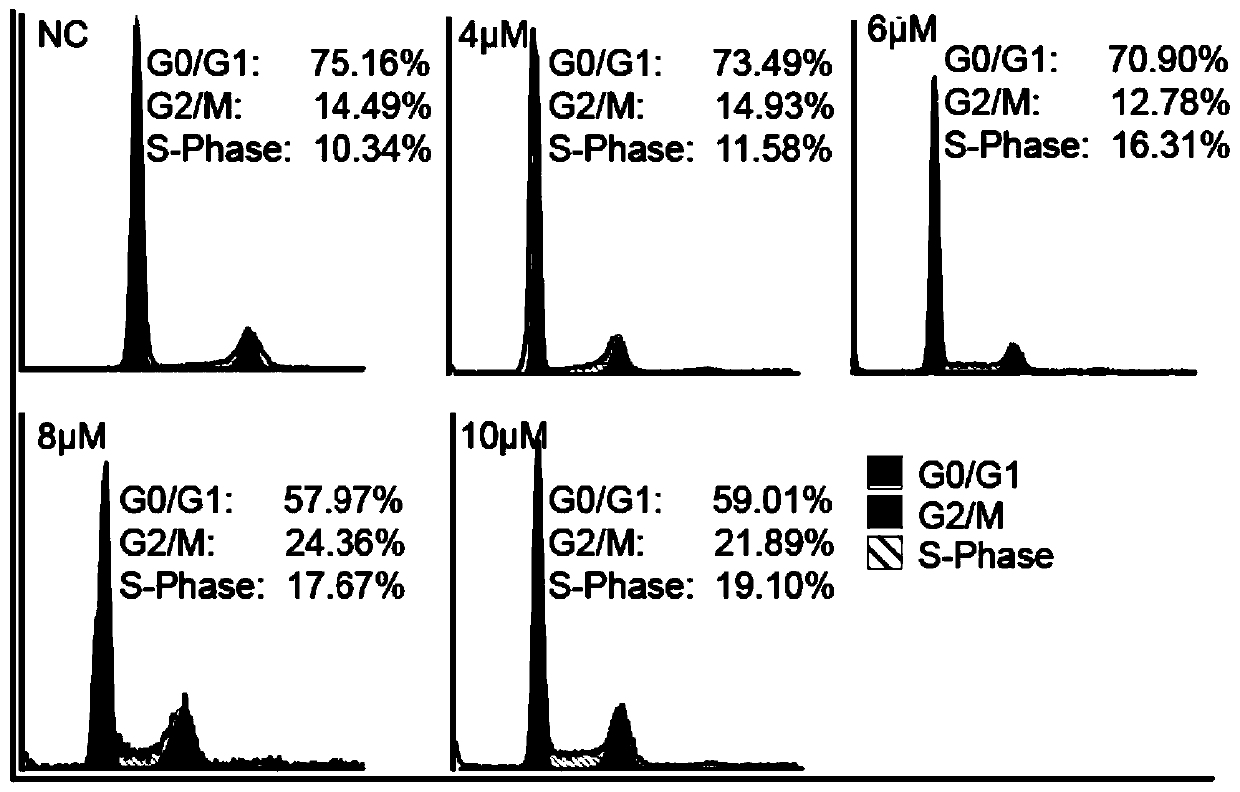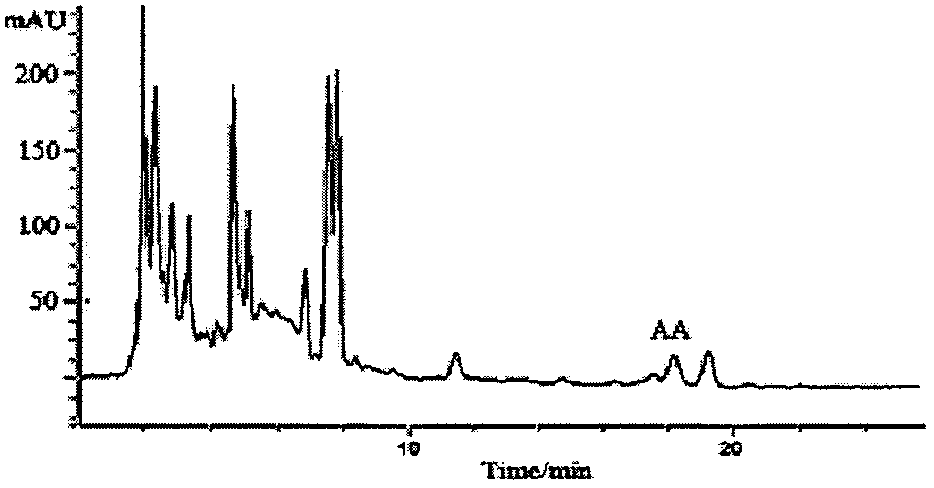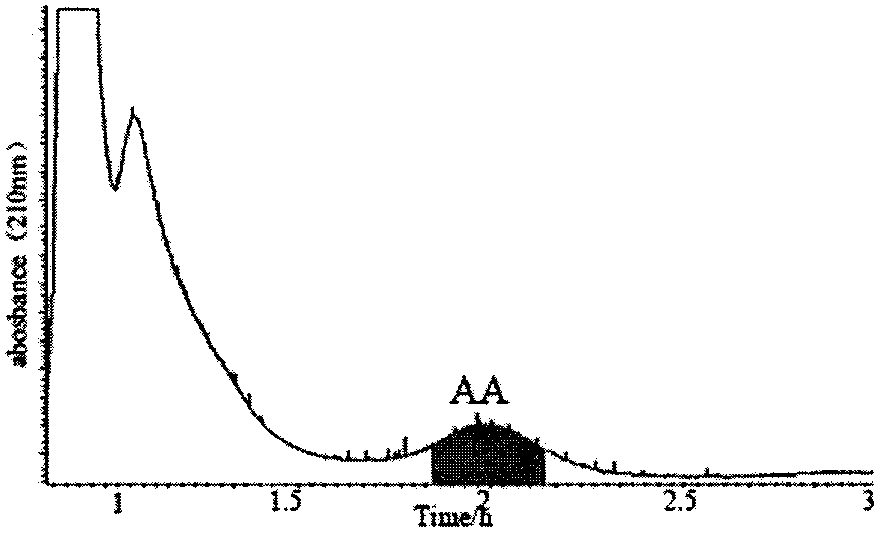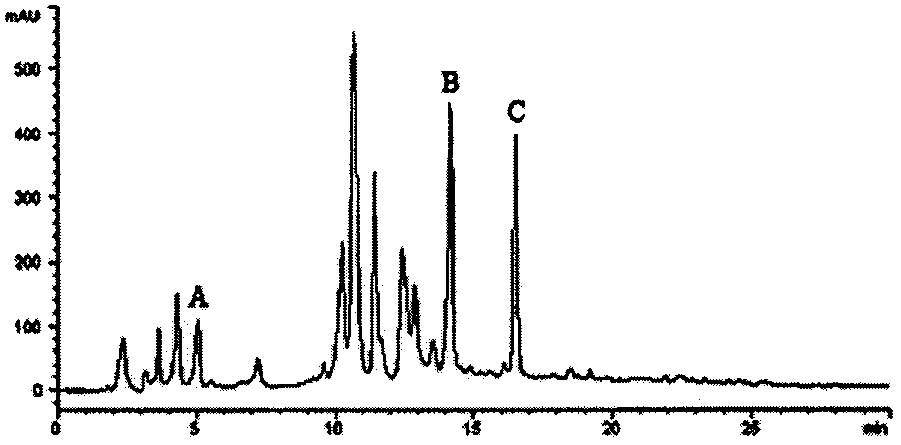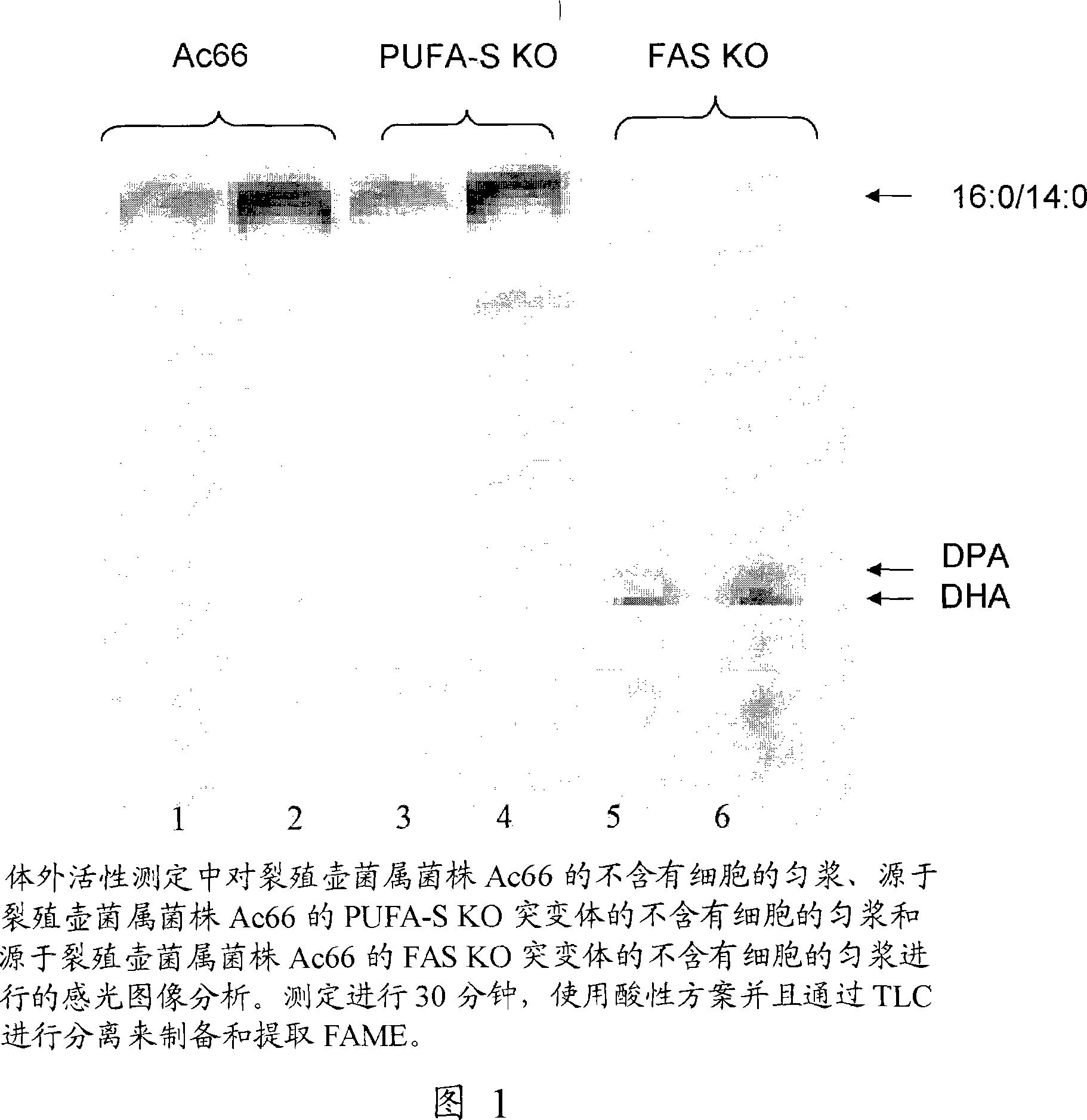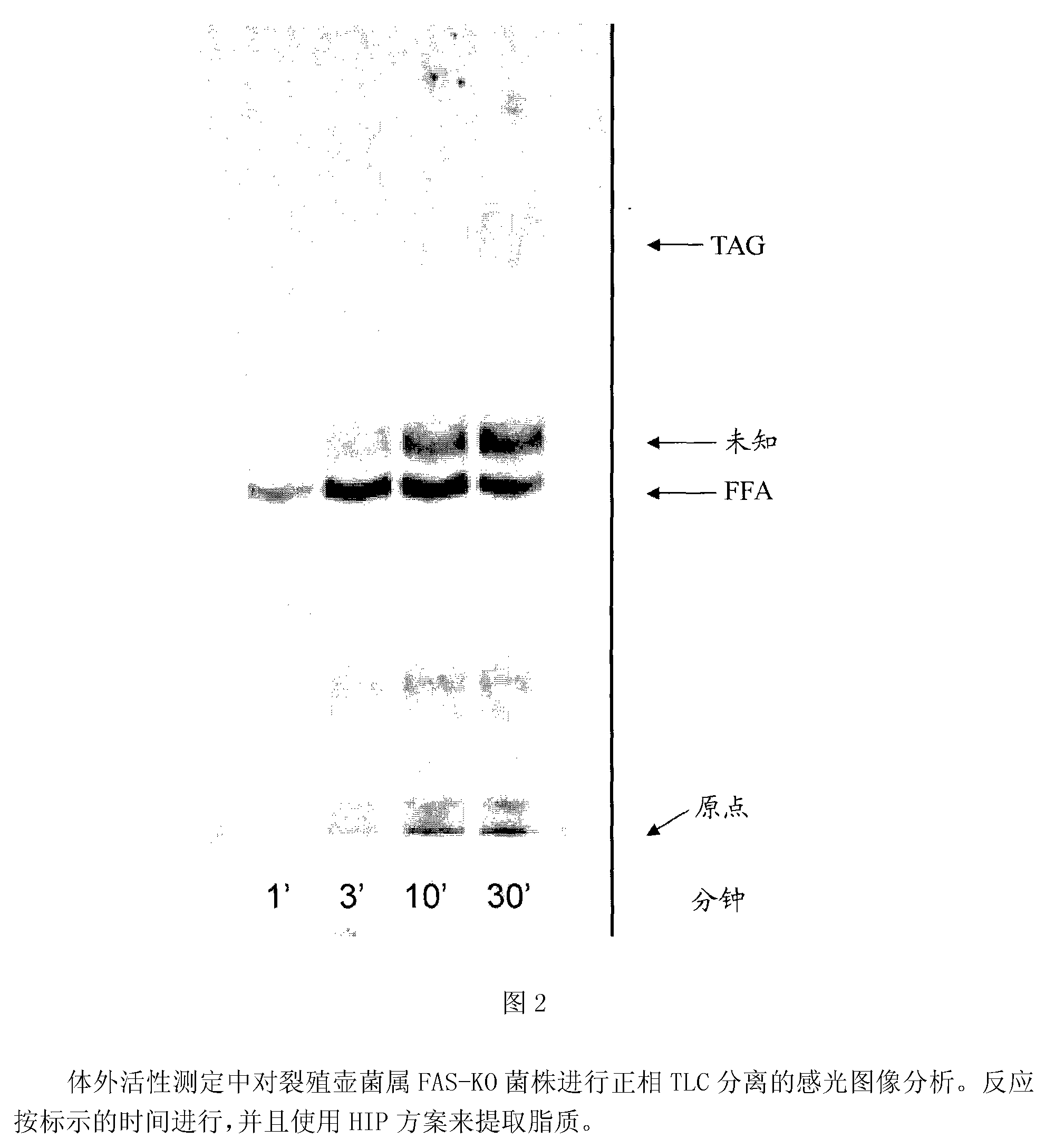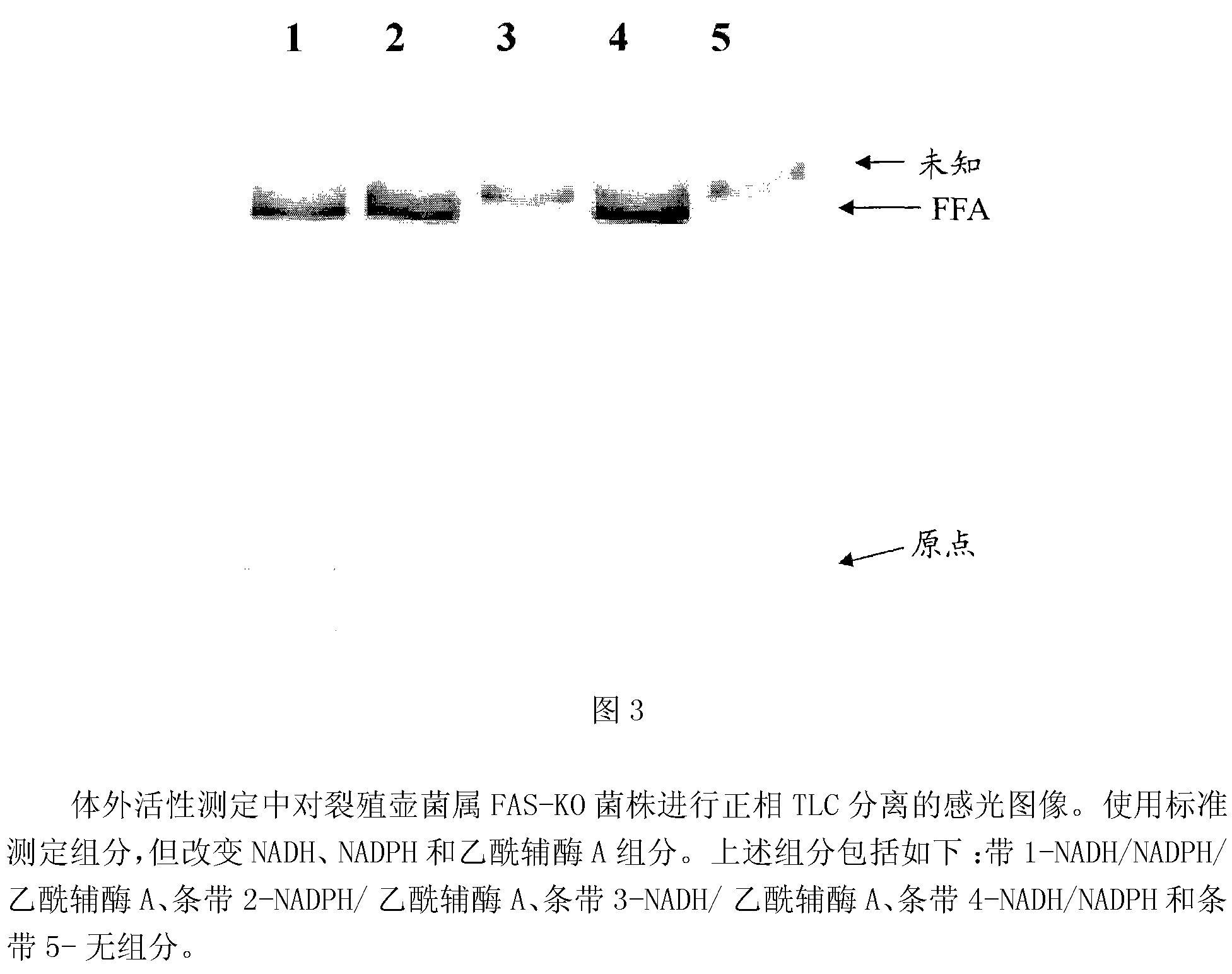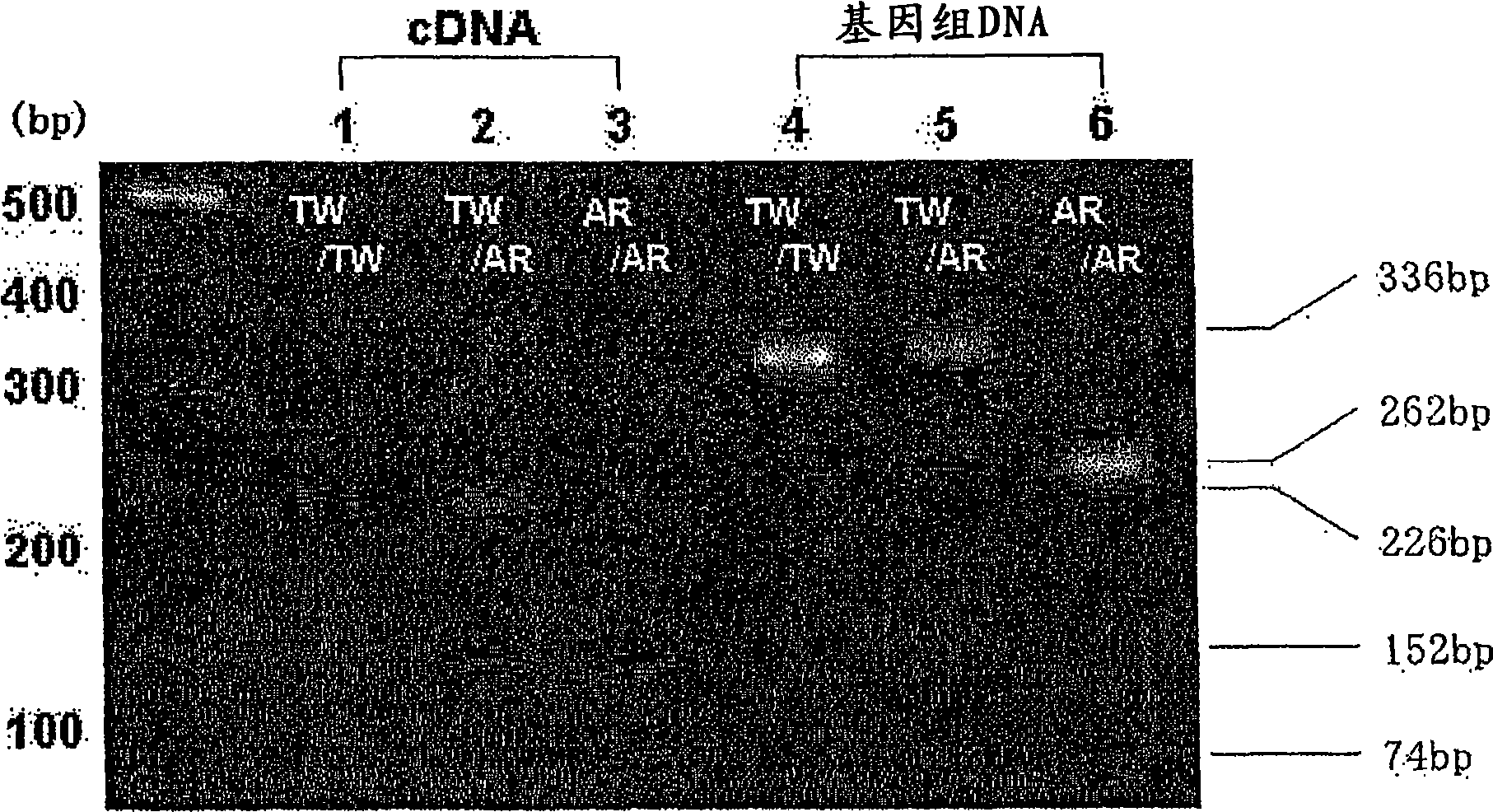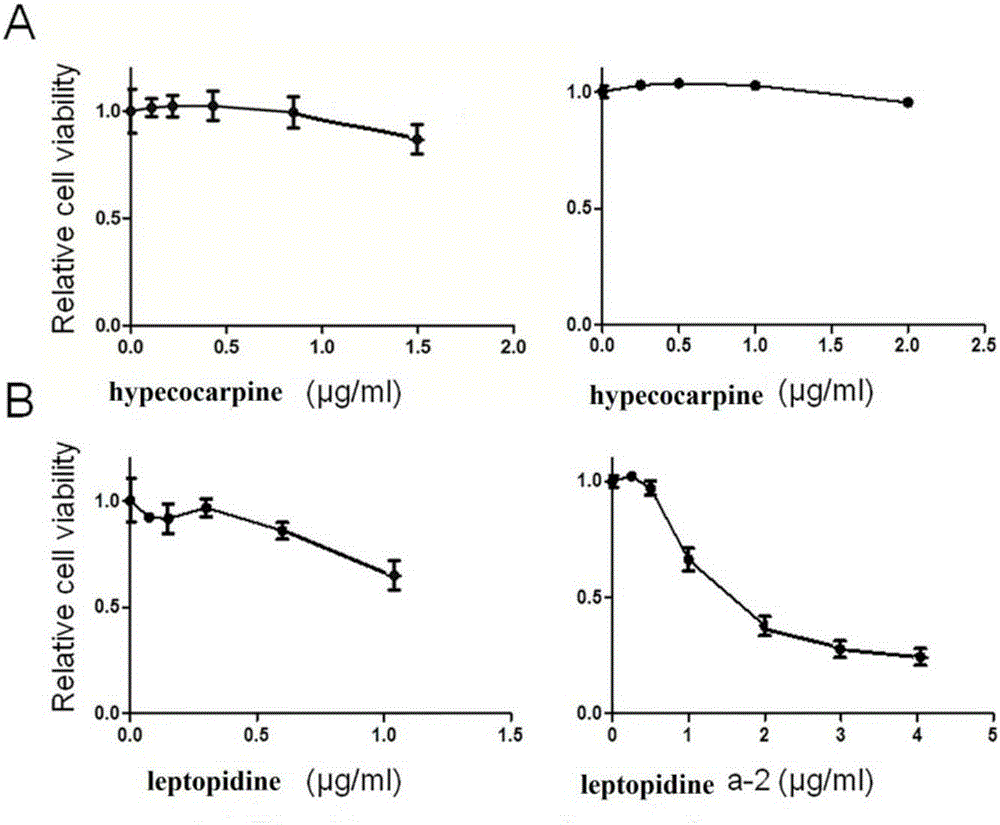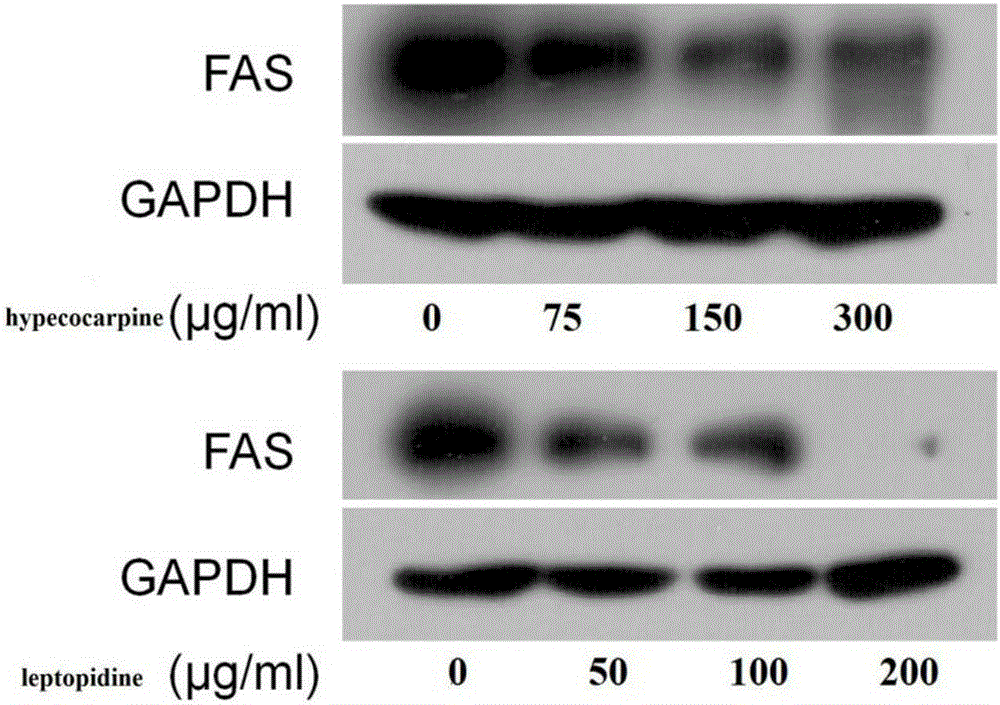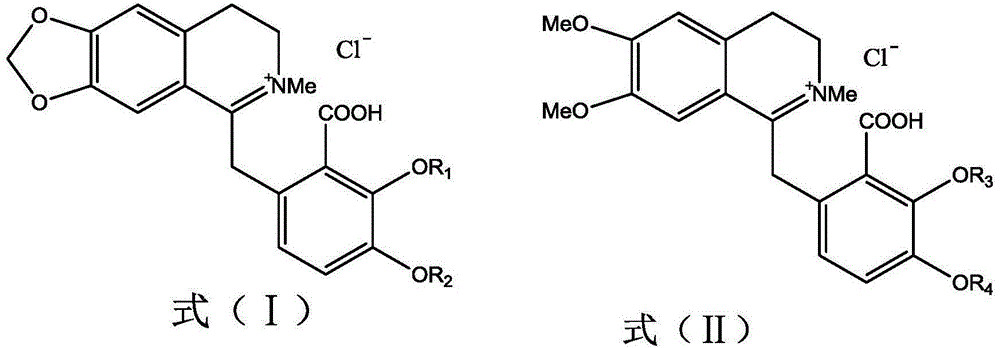Patents
Literature
84 results about "Fatty Acid Synthetases" patented technology
Efficacy Topic
Property
Owner
Technical Advancement
Application Domain
Technology Topic
Technology Field Word
Patent Country/Region
Patent Type
Patent Status
Application Year
Inventor
Polyunsaturated fatty acid production in heterologous organisms using PUFA polyketide synthase systems
InactiveUS20070245431A1Improve the level ofReduce competitionOther foreign material introduction processesOxidoreductasesBiotechnologyHeterologous
Disclosed are novel acyl-CoA synthetases and novel acyltransferases, nucleic acid molecules encoding the same, recombinant nucleic acid molecules and recombinant host cells comprising such nucleic acid molecules, genetically modified organisms (microorganisms and plants) comprising the same, and methods of making and using the same. Also disclosed are genetically modified organisms (e.g., plants, microorganisms) that have been genetically modified to express a PKS-like system for the production of PUFAs (a PUFA PKS system or PUFA synthase), wherein the organisms have been modified to express an acyl-CoA synthetase, to express an acyl transferase, to delete or inactivate a fatty acid synthase (FAS) expressed by the organism, to reduce competition for malonyl CoA with the PUFA synthase or to increase the level of malonyl CoA in the plant or plant cell, and in one aspect, to inhibit KASII or KASIII. Additional modifications, and methods to make and use such organisms, in addition to PUFAs and oils obtained from such organisms, are disclosed, alone with various products including such PUFAs and oils.
Owner:SEMBIOSYS GENETICS INC +1
Novel antagonists of the human fatty acid synthase thioesterase
InactiveUS20070203236A1Inhibit tumor cell growthBiocideOrganic chemistryMetaboliteCompound (substance)
The present invention provides for compounds of formula (I)-(XIII), as well as pharmaceutically acceptable salts thereof, metabolites thereof, pro-drugs thereof, and pharmaceutical kits that include such compounds. The present invention also provides for the compounds of formula (I)-(XIII) for use in medical therapy or diagnosis. The present invention also provides for the use of the compounds of formula (I)-(XIII) in treating cancer in mammals (e.g., humans), as well inhibiting tumor cell growth in such mammals. The present invention also provides for methods of inhibiting FAS. The methods include contacting FAS with an effective amount of a compound of formula (I)-(XIII). The present invention also provides for methods of inhibiting the TE domain of the FAS. The methods include contacting the thioesterase TE domain of the FAS with an effective amount of a compound of formula (I)-(XIII). The present invention also provides for methods of treating cancer in mammals, as well as methods of inhibiting tumor cell growth in such mammals. The methods include administering a compound of formula (I)-(XIII) to a mammal in need of such treatment.
Owner:BURNHAM INST THE
Active components of Chinese-medicinal medicine with weight-losing and hypolipemic actions and its relative medicine
InactiveCN1363367AInhibit synthesisInhibition of differentiationMetabolism disorderUnknown materialsAcyl-CoA synthetaseActive component
The active hypolipemic components in 40 Chinese-medicinal materials and their relative medicines are disclosed. Said active components can suppress the activity of fatty acid synthetase and the differentiation from profat cells to fat cells and activate the activity of acyl-CoA synthetase. Said medicines feature high effect and low toxic by-effect.
Owner:PEKING UNIV +1
Elevation of fatty acid synthase levels in plants
This present invention provides a method for increasing fatty acid synthase activity in a plant by expressing a transgenic multifunctional fatty acid synthase (mfFAS) within the plant, wherein the plant is not of the Brassica species. In one embodiment, the present invention provides isolated nucleic acid molecules encoding mfFAS proteins from various sources for this purpose, and vectors containing same.
Owner:MONSANTO TECH LLC
Metabolically engineered Saccharomyces cells for the production of polyunsaturated fatty acids
Owner:FLUXOME SCI AS
Novel antagonists of the human fatty acid synthase thioesterase
Owner:BURNHAM INST FOR MEDICAL RES
Polyunsaturated fatty acid production in heterologous organisms using pufa polyketide synthase systems
InactiveCN101573451AImprove the level ofReduce competitionMicrobiological testing/measurementAcyl Coenzyme A SynthetasesBiotechnology
Disclosed are novel acyl-CoA synthetases and novel acyltransferases, nucleic acid molecules encoding the same, recombinant nucleic acid molecules and recombinant host cells comprising such nucleic acid molecules, genetically modified organisms (microorganisms and plants) comprising the same, and methods of making and using the same. Also disclosed are genetically modified organisms (e.g., plants, microorganisms) that have been genetically modified to express a PKS-like system for the production of PUFAs (a PUFA PKS system or PUFA synthase), wherein the organisms have been modified to express an acyl-CoA synthetase, to express an acyl transferase, to delete or inactivate a fatty acid synthase (FAS) expressed by the organism, to reduce competition for malonyl CoA with the PUFA synthase or toincrease the level of malonyl CoA in the organism, and in one aspect, to inhibit KASII or KASIII. Additional modifications, and methods to make and use such organisms, in addition to PUFAs and oils o btained from such organisms, are disclosed, alone with various products including such PUFAs and oils.
Owner:DSM IP ASSETS BV
Plant weight-losing and fat-reducing composite compatible to L-carnitine
ActiveCN103055057AAvoid absorptionReduce intakeOrganic active ingredientsMetabolism disorderNatural productTartrate
The invention provides an L-carnitine combination formula with weight-losing and fat-reducing efficacy and a method for screening the L-carnitine combination formula. A weight-losing and fat-reducing composite which has compatibility effect with L-carnitine is obtained by screening natural products and extracts by taking a triacylglycerol enzyme, amylopsin, fatty acid synthetase, an auxiliary enzyme B as target spots. An optimal composite formula comprises lotus leaves, folium llicis latifoliae, hawthorns, rhizoma alismatis extracts, the L-carnitine, or L-carnitine tartrate and related auxiliary materials. The weight-losing and fat-reducing composite comprises the following components respectively by weight percent (with usage amount in parts by weight): 2%-20%, 1%-15%, 5%-25%, 2%-20%, 20%-85% and 0.5%-10%. The weight-losing and fat-reducing composite provided by the invention is conductive to reducing the redundant fat inside a body and can be used for accelerating the breakdown of the fat inside the body, transforming the fat into energy and inhibiting the absorption of an organism on the fat and saccharide, thereby achieving the purposes of naturally controlling and reducing the weight.
Owner:INSITUTE OF BIOPHYSICS CHINESE ACADEMY OF SCIENCES +1
Novel Polyhydroxylated Compounds as Fatty Acid Synthase (FASN) Inhibitors
InactiveUS20100190856A1Inhibition becomes largerEasy to manageOrganic active ingredientsBiocideEnzyme inhibitorFatty Acid Synthetases
The present invention relates to new polyhydroxylated compounds and, in particular, to its activity as fatty acid synthase (FASN) inhibitors and to their use for the treatment of pathological states for which an inhibitor of this enzyme is indicated. The invention further relate to pharmaceutical compositions containing them and to a process for the preparation of such compounds.
Owner:FUNDACIO PRIVADA INST DINVESTIGACIO BIOMEDICA DE GIRONA DR JOSEP TRUETA +1
Pharmaceutical Composition Comprising Metadoxine and Garlic Oil For Preventing and Treating Alcohol-Induced Fatty Liver and Steatohepatitis
InactiveUS20100062090A1Effective treatmentPrevent hepatitisBiocideOrganic active ingredientsTG - TriglycerideMetadoxine
Provided is a pharmaceutical or food or drink composition for preventing or treating alcohol-induced fatty liver or steatohepatitis comprising metadoxine (pyridoxol 1-2-pyrrolidone-5-carboxylate) and garlic oil as active ingredients. The concurrent administration of metadoxine and garlic oil according to the present invention exhibits outstandingly superior effects of inhibiting the accumulation of triglyceride and increase of blood AST (aspartate aminotransferase) level in liver el tissue, inhibiting the expression of FAS (fatty acid synthase), CYP2E1 and iNOS (inducible nitric oxide synthase) and inhibiting the deactivation of AMPK (AMP-activated protein kinase), as compared to the administration of metadoxine or garlic oil only.
Owner:SEOUL NAT UNIV R&DB FOUND
Saccharomyces cerevisiae strain with high yield of flavor ethyl ester and construction method of saccharomyces cerevisiae strain
The invention provides a saccharomyces cerevisiae strain with high yield of flavor ethyl ester and a construction method of the saccharomyces cerevisiae strain. An encoding gene FAS1 of a strong promoter PGK1 over-expressed fatty acid synthetase beta subunit is selected, an inositol-mediated controlling gene OPI1 is knocked out, and the saccharomyces cerevisiae strain with high yield of flavor ethyl ester is obtained. Compared with original strains, the strain has the following advantages under the condition that other fermentation performance of the strain is basically not affected: the content of ethyl acetate reaches 52.49 mg / L and is increased by 2.61 times than that of the original strains after 5 days of simulated liquid-state liquor fermentation of a corn material; the content of medium-chain fatty acid ethyl ester ethyl caproate, the content of ethyl caprylate, the content of ethyl caprate and the content of ethyl laurate are increased by 1.21 times, 2.66 times, 2.53 times and 1.27 times respectively than those of the original strains; the content of long-chain fatty acid ethyl ester ethyl myristate and the content of ethyl palmitate are increased by 1 time and 56.7% respectively.
Owner:TIANJIN UNIVERSITY OF SCIENCE AND TECHNOLOGY
Extract of yangtao actinidia root and preparation method and applications thereof
InactiveCN101757056ADon't worry about gaining weightAppetite suppressantMetabolism disorderAntineoplastic agentsOrganic solventActinidia
The invention discloses an extract of yangtao actinidia root and a preparation method and applications thereof. The extract of yangtao actinidia root, which is provided by the invention, is prepared by the following method: using water and / or an organic solvent as an extractant to extract the extract of yangtao actinidia root from yangtao actinidia root. Experiment shows that the extract of yangtao actinidia root can effectively inhibit the activity of fatty acid synthase. The inhibition kinetic analysis shows that the inhibition of the extract of yangtao actinidia root for the fatty acid synthase and the substrates of acetylcoenzyme A and NADPH have a competitive and non-competitive mixed type relationship, but more close to the non-competitive relationship; and the inhibition of the extract of yangtao actinidia root for the fatty acid synthase and the substrate of malonyl coenzyme A have a competitive and non-competitive mixed type relationship. The extract of yangtao actinidia root can be applied to the preparation of weight-reducing medicament and the medicament for preventing and treating cancers, and also can be widely applied as food, health product and daily chemical additive.
Owner:CAPITAL UNIVERSITY OF MEDICAL SCIENCES
Heterocyclic modulators of lipid synthesis
ActiveCN103561576AImproved antiviral activityHigh anticancer activityBiocideSenses disorderFatty acid biosynthesisMembrane lipid metabolism
Compounds that are fatty acid synthesis modulators are provided. The compounds may be used to treat disorders characterized by disregulation of the fatty acid synthase function by modulating the function and / or the fatty acid synthase pathway. Methods are provided for treating such disorders including viral infections, such as hepatits C infection, cancer and metabolic disorders.
Owner:GANNEX PHARM CO LTD
Fatty acid synthase in liver disease
InactiveUS20090162870A1Improve the level ofMicrobiological testing/measurementDisease diagnosisBiologyLiver disease
Methods and compositions for detecting elevated fatty acid synthase (FAS) expression in the liver of a subject are disclosed. The detection may be of expression in liver cells per se or in a bodily fluid of a subject. Also disclosed are methods for identifying the presence or absence of liver disease or pathology in relation to elevated FAS. The disclosed methods may be practiced with various compositions comprising reagents for detecting FAS expression as described herein.
Owner:FASGEN
Application of resveratrol oligomer in drug preparation
InactiveCN105147660AReduce expressionInhibitory activityOrganic active ingredientsMetabolism disorderDrugs preparationsBULK ACTIVE INGREDIENT
Owner:CHINA ACAD OF SCI NORTHWEST HIGHLAND BIOLOGY INST +1
Application of traditional Chinese medicine composition in preparation of medicines for improving lipid metabolism
InactiveCN104940599AImprove lipid metabolismProtectiveMetabolism disorderUrinary disorderRadix OphiopogonisFatty Acid Synthetases
The invention discloses an application of a traditional Chinese medicine composition in preparation of medicines for improving lipid metabolism, and belongs to the field of traditional Chinese medicine applications. The traditional Chinese medicine composition is prepared from ginseng, rhizoma polygonati, rhizoma atractylodis, radix sophorae flavescentis, radix ophiopogonis, rehmannia, polygonum multiflorum, dogwood, poria cocos, herba eupatorii, coptis chinensis and rhizoma anemarrhenae. The traditional Chinese medicine composition disclosed by the invention is capable of improving the lipid metabolism of kidneys by inhibiting SREBP-1 / ACC / FASN (sterol regulatory element binding protein-1 / activated calcium carbonate / fatty acid synthetase).
Owner:HEBEI YILING MEDICINE INST
Inhibitor of fatty-acid synthase its preparing method and application
InactiveCN101045111AStrong fast binding inhibitionEnhanced inhibitory effectMetabolism disorderPlant ingredientsDepressantFatty Acid Synthetases
A depressant of fatty acid synthetase (FAS) is prepared from the shell or cake of oil-tea camellia and pharmacologically acceptable assistances through pulverizing, adding extractant, ultrasonic extracting, vacuum press filtering, concentrating, drying to obtain the extract of the shell or cake of oil-tea camellia, and mixing with said assistances. It can be used to prepare the anticancer and weight-losing medicines.
Owner:ZHEJIANG UNIV
Anti-fatty acid synthetase polypeptide and its application
The invention relates to the polypeptide medicine field, and more specifically relates to the polypeptide of anti-fatty acid synthetase polypeptide (FAS) and polynucleotides for coding the polypeptide, and the application thereof. The invention relates to a polypeptide for inhibiting the fatty acid synthetase transcription and expression, the effects for inhibiting the fatty acid synthetase transcription and expression can be provided on the molecule level, cell level and animal overall level, thereby the overexpression of the fatty acid synthetase can be inhibited. The polypeptide and its peptide stimulant, which comprise the functional fragments and functional variants, and genes for coding the polypeptide, the peptide stimulant or the functional fragments and functional variants can be used for preventing and treating the tumors such as liver cancer, fatty liver and obesity which are relative to the fatty acid synthetase metabolism.
Owner:TIANJIN TOPPHARM BIO SCI & TECH CO LTD
Regulation factor of targeted FAS (fatty acid synthetase) and application thereof
ActiveCN104232648AGood correlationEnsure consistencyMicrobiological testing/measurementDNA/RNA fragmentationMicroRNARegulator gene
The invention relates to a regulator gene expressed non-coding nucleic acid, in particular to a regulation factor of targeted FAS (fatty acid synthetase) and an application thereof. A targeted FAS gene expressed microRNA (ribonucleic acid) is screened from adipose tissue of sheep and named MiR-4749-5. Further experimental results of the molecular biology show that the MiR-4749-5 can suppress expression of the FAS gene. The invention further provides a detection kit for detecting the microRNA. The regulation factor and the detection kit have important practical application value in molecular marker assisted breeding of sheep.
Owner:INST OF ANIMAL SCI OF CHINESE ACAD OF AGRI SCI
Pharmaceutical composition for treating or preventing alcoholic liver diseases, containing cilostazol as active ingredient
InactiveUS20130267558A1Suppressed expression levelGood effectBiocideOrganic chemistryPentoxifyllineFatty Acid Synthetases
Provided is a pharmaceutical composition for the treatment and prevention of alcoholic liver diseases, including cilostazol as an active ingredient. Cilostazol inhibits expression levels of TNF-α and FAS (fatty acid synthase) gene in a concentration-dependent manner, and also significantly inhibits the activity of caspase-3. Accordingly, cilostazol shows superior effects for the treatment or prevention of alcoholic liver diseases, in particular, alcoholic hepatitis compared to pentoxifylline which is conventionally used as a therapeutic agent for the treatment for alcoholic hepatitis. Thus, cilostazol is suitable for use as a drug for the treatment or prevention of alcoholic hepatitis.
Owner:RES COOPERATION FOUND OF YEUNGNAM UNIV
Active components of Chinese-medicinal medicine with weight-losing and hypolipemic actions and its relative medicine
InactiveCN1159047CInhibit synthesisInhibition of differentiationMetabolism disorderUnknown materialsAcyl-CoA synthetaseActive component
The active hypolipemic components in 40 Chinese-medicinal materials and their relative medicines are disclosed. Said active components can suppress the activity of fatty acid synthetase and the differentiation from profat cells to fat cells and activate the activity of acyl-CoA synthetase. Said medicines feature high effect and low toxic by-effect.
Owner:PEKING UNIV +1
Fatty acid synthetase, polynucleotide encoding the same, and uses thereof
InactiveUS7927845B2Efficient productionProduced in advanceBacteriaSugar derivativesNucleotidePhleic acids
Owner:SUNTORY HLDG LTD
Compositions and methods for producing lipids and other biomaterials from grain ethanol stillage and stillage derivatives
ActiveUS20180245109A1Increase profit marginDecreasing thin stillage viscosityFungiMicrobiological testing/measurementBio engineeringLysophospholipid Acyltransferase
Lipogenic yeasts bioengineered to overexpress genes for lipid production, and methods of use thereof. The yeasts are modified to express, constitutively express, or overexpress an acetyl-CoA carboxylase, an alpha-amylase, an ATP citrate lyase, a diacylglycerol acyltransferase, a fatty acid synthase, a glycerol kinase, a 6-phosphogluconate dehydrogenase, a glycerol-3-phosphate dehydrogenase, a malic enzyme, a fatty acyl-CoA reductase, a delta-9 acyl-CoA desaturase, a glycerol-3-phosphate acyltransferase, a lysophosphatidate acyltransferase, a glucose-6-phosphate dehydrogenase, a beta-glucosidase, a hexose transporter, a glycerol transporter, a glycoside hydrolase enzyme, an auxiliary activity family 9 enzyme, or combinations thereof. The yeasts in some cases are also modified to reduce or ablate activity of certain proteins. The methods include cultivating the yeast to convert low value soluble organic stillage byproducts into lipids suitable for biodiesel production and other higher value uses.
Owner:XYLOME CORP
Method for regulating fatty acid synthetic gene and promoting mycorrhizal symbiosis of leguminous plants
The invention relates to a method for regulating a fatty acid synthetic gene and promoting mycorrhizal symbiosis of leguminous plants. According to the invention, the role of the fatty acid synthase gene in the mycorrhizal symbiosis is disclosed for the first time. A number of mycorrhizal colonization of the leguminous plants can be increased based on functions of the gene and genetic engineeringtechnology.
Owner:CAS CENT FOR EXCELLENCE IN MOLECULAR PLANT SCI
Fat synthetase inhibitor and applications thereof
ActiveCN110354110APrevent proliferationInhibit enzyme activityAntipyreticAnalgesicsDiseaseTherapeutic effect
The invention discloses a fat synthetase inhibitor and applications thereof, and belongs to the technical field of medical biology. The inhibitor can significantly inhibit the activity of fatty acid synthetase without affecting normal expression, and can also adjusting the proportion of fatty acid in cells; the inhibitor has good tumor proliferation inhibition effects, and can make the growth period of tumor cells stagnate in interphase, prevent the tumor cells from splitting, inhibit the proliferation of the tumor cells, promote the apoptosis of the tumor cells and achieve treatment effects on tumor; and the inhibitor can be used for drugs for treating tumor and metabolic related diseases, so that the inhibitor has important clinical application prospects.
Owner:无锡代达康健生物医药科技有限公司
Novel application of centella extract
InactiveCN103372038AHigh activityMetabolism disorderPlant ingredientsCentella asiatica extractDietary supplement
The invention provides a method for obtaining an extract from centella. The method comprises the following steps of: carrying out soakage extraction, ultrasonic extraction or heating reflux extraction on the centella at room temperature by using ethanol as an extracting agent, wherein the extraction times can be one or more; obtaining a crude extract after drying at reduced pressure and weighing the crude extract; dispersing the crude extract in proper water; removing oil-soluble impurities from the dispersed crude extract by extraction using equal amount of any organic solvent from petroleum ether, chloroform and the like; obtaining the normal butanol extract of the centella by extraction using equal amount of normal butanol. The bioactivity of the centella extract is studied by means of in-vitro detection of the anti-fatty acid synthetase activity, and assay proves that the centella extract is strong in anti-fatty acid synthetase activity, can function as a fatty acid synthetas inhibitor, and therefore can be applied to preparing various medicine forms or dietary supplements for treating and preventing obesity in combination with proper excipients.
Owner:CAPITAL UNIVERSITY OF MEDICAL SCIENCES
Fatty-acid synthase inhibitor, its prepn. method, and medicine using same as active component
InactiveCN1861103AStrong inhibitory activityStrong growthMetabolism disorderAntineoplastic agentsDiseasePropanol
A fatty acid synthetase deppressant for preventing and treating the diseases associated with the fatty acid synthetase as target, especially the cancer, is prepared from the leaf of pterocarya stenoptera through extracting in the mixture of water and ethanol (or propanol).
Owner:CAPITAL UNIVERSITY OF MEDICAL SCIENCES
Polyunsaturated fatty acid production in heterologous organisms using pufa polyketide synthase systems
InactiveCN101573451BImprove the level ofReduce competitionMicrobiological testing/measurementHeterologousAcyl-CoA synthetase
The present application discloses novel acyl-CoA synthases and novel acyltransferases, nucleic acid molecules encoding the acyl-CoA synthases and acyltransferases, recombinant nucleic acid molecules and recombinant host cells containing the nucleic acid molecules, and recombinant host cells containing the nucleic acid molecules. Genetically modified organisms (microorganisms and plants) of the recombinant nucleic acid molecules and recombinant host cells and methods of obtaining and using the organisms. The present application also discloses genetically modified organisms (eg, plants or microorganisms) that have been genetically modified to express a PKS-like system (PUFA PKS system or PUFA synthase) to produce PUFA, wherein the organism has been genetically modified to express an acyl-CoA synthetase, has been genetically modified to express an acyltransferase, has been genetically modified to remove or inactivate a fatty acid synthase (FAS) expressed by said organism to convert malonyl in said organism CoA reduces competition with PUFA synthase or increases malonyl-CoA levels, and in one aspect, has been genetically modified to inhibit KASII or KASIII. In addition to PUFAs and oils derived from the above-mentioned organisms, the present application also discloses other modifications and methods of obtaining and using the above-mentioned organisms and various products including the above-mentioned PUFAs and oils.
Owner:DSM IP ASSETS BV
Method of determining size of fatty acid content in intramuscular fat of cattle based on genotype of fatty acid synthase and method of determining eating quality of beef based on the result
InactiveCN101490256AEasy to breedIncrease varietyMicrobiological testing/measurementRecombinant DNA-technologyPurineGenotype
The object of the invention is to provide a method of determining a fatty acid composition contained in intramuscular fat based on the genotype of cattle, particularly a determination method for determining the size of oleic acid content simply and with high accuracy, and further provide a method of more objectively determining eating quality of beef based on the determination result. The invention provides a method of determining the size of fatty acid content in intramuscular fat of cattle based on the genotype of fatty acid synthase determined by an assay of the following and or the base of the and / or , and a method of determining whether or not beef with excellent eatingquality can be obtained from the cattle based on the result. A base of (either adenine (A) or guanine (G)) represents the base at the 16,024 position corresponding to a polymorphic site in a base sequence represented by SEQ ID NO: 1 in the sequence listing. A base of (either thymine (T) or cytosine (C)) represents the base at the 16,039 position corresponding to a polymorphic site in the base sequence.
Owner:NAT LIVESTOCK BREEDING CENT +1
Novel application of benzylisoquinoline alkaloid
ActiveCN105168214AAbundant sources of raw materialsRich sourcesOrganic active ingredientsMetabolism disorderMedicineFatty acid
The invention discloses application of benzylisoquinoline alkaloid shown as a formula (I) or a formula (II) or pharmaceutically acceptable salt thereof in preparing fatty acid synthetase (FAS) expression drug. Experiments show that the benzylisoquinoline alkaloid can effectively inhibit FAS expression so as to inhibit proliferation of tumor cells. In addition, the benzylisoquinoline alkaloid is rich in raw material source and has good clinical application prospect.
Owner:CHINA ACAD OF SCI NORTHWEST HIGHLAND BIOLOGY INST
Features
- R&D
- Intellectual Property
- Life Sciences
- Materials
- Tech Scout
Why Patsnap Eureka
- Unparalleled Data Quality
- Higher Quality Content
- 60% Fewer Hallucinations
Social media
Patsnap Eureka Blog
Learn More Browse by: Latest US Patents, China's latest patents, Technical Efficacy Thesaurus, Application Domain, Technology Topic, Popular Technical Reports.
© 2025 PatSnap. All rights reserved.Legal|Privacy policy|Modern Slavery Act Transparency Statement|Sitemap|About US| Contact US: help@patsnap.com
